The trip from Sligo to Derry can be done in less than two hours. We took all day, spending the extra time touring the northwest region of the Republic of Ireland, just to the west of Derry and the border with Northern Ireland.
The thing that continues to amaze us is that every day on this trip is different. The constant is the green meadows full of sheep and cattle. But the terrain never stops surprising us. The other thing we enjoy a lot is traveling back roads. More than 50% of our travel is on narrow roads that no tour bus could hope to navigate. That means the time we spend traveling between stops is rewarding in its own right. I like photographing houses along the roadways, not just to document life in Ireland but to think about their settings and what it might be like to live in the houses and the towns.
We passed through the town of Killybegs, the commercial fishing center of Ireland. Commercial fishing in Ireland is limited by the EU for cross-EU commercial concerns and environmental reasons. It’s frustrating, David points out, to be limited when Japanese fishing factories are operating just offshore.
Most of our exploration today was in Country Donegal. Our first stop was at the Slieve League Cliffs for spectacular views of multicolored cliffs and the Atlantic Ocean. We were at a fairly high elevation so the vistas were unobscured. The weather, for once, was beautiful.
Next, the Assaranca Falls, a pleasant stop on our way to the Caves of Maghera. Again, towering cliffs with caves formed by wave action and wind over the centuries. The stratification of the rocks was most interesting. Equally impressive was the Maghera beach. With 20 feet or so of tidal action, the flat beach extended far out away from the caves, this being close to low tide. The tide began to come in while we were there.
Then, a stop at the Ardara Distillery in the town of Ardara. Neither Judy, Nancy or I drink much gin or whiskey, so we weren’t real sure we wanted to do a tasting. Wine? Sure. Hard stuff? Well, OK. But we were glad we did because our hostess, a bubbly lady who clearly knew her spirits, gave us a run through of how gin and whiskey are made.
The Ardara Distillery opened in 2020 with a very modern facility. They, like all new breweries, started out with gin and vodka. These have the virtue of being spirits that require no aging – distilling vat to bottle with no delay. Whisky, the big deal in Ireland, takes a minimum of four years of aging. Their first run of whiskey became commercially available four weeks ago.
Differentiating one distiller’s brew from another is a tough task. The Ardara gin, for instance, adds five different seaweeds, each harvested from nearby waters, to give it a distinct taste.
The offer two whiskey brews. The new one is from a traditional Irish recipe that hasen’t been made in many years. They also make and sell Poitin, the Irish version of home brew. Our server told us that all Irish households have on hand a bottle of Irish Whisky to serve guests and a bottle of Poitin for everyday use. And by “everyday use” she means something that can cure a cough, be added to bread dough, rubbed on sore muscles or applied to the rear end of a horse to make it run faster in a race.
And now, Northern Ireland. As we drove eastward toward Derry, David gave a balanced but unvarnished view of The Troubles. He also made clear that the United Kingdom has a sorry history of treating countries and peoples they have conquered inhumanely and unethically. The British attitude seems to be, “We are the conquerors, so it is our right to take what we have won from you, including your land, livelihood and national identity. He is clear, however, that the violence during The Troubles was not one sided. The British and Unionists (i.e., Protestants) were as guilty of violence as the IRA and republicans (i.e., Catholics) on the other side of the dispute. He does believe, however, that the two sides will be united someday.
There was virtually no indication that we had crossed the border except that speed limits are posted in miles per hour and prices are quoted in Pound Sterling. So here we are, moving from the Republic of Ireland, member of the European Union to Northern Ireland, a member of the United Kingdom and free, thanks to Brexit, of any ties to the EU. No checkpoints or document verification at all.
Our new humle digs in Derry are just outside the wall of this ancient city. We’re a block or so from the Bloody Sunday memorial and a 20 minute walk to the town’s major river, the River Foyle. We’ve come down a notch from what we had in Galway but we’ll survive.
Incidentally, Derry is called Derry by the republicans who believe the town is rightfully part of Ireland, broadly defined. Unionists call the same real estate Londonderry, reflecting its ties to Britain.
We walked to the river and across the River Foyle on he Peace Bridge to a restaurant I’d picked out on line. We arrived shortly before 8 PM to be told the last order to the kitchen went in 10 minutes ago. But a nearby hotel had a very nice British style restaurant where we enjoyed a relaxing dinner.
Incidentally, the Peace Bridge was funded in part by the EU in 2011. That’s pre-Brexit money that wouldn’t flow today.
Tomorrow, a guided tour and exploration on our own of Derry.

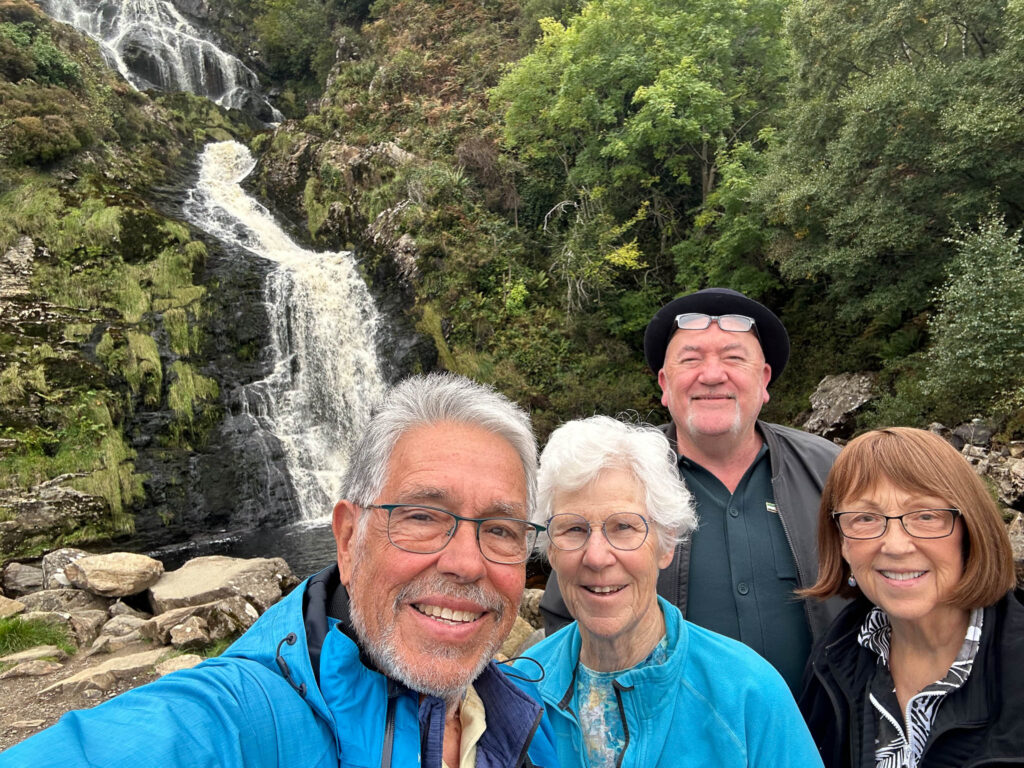
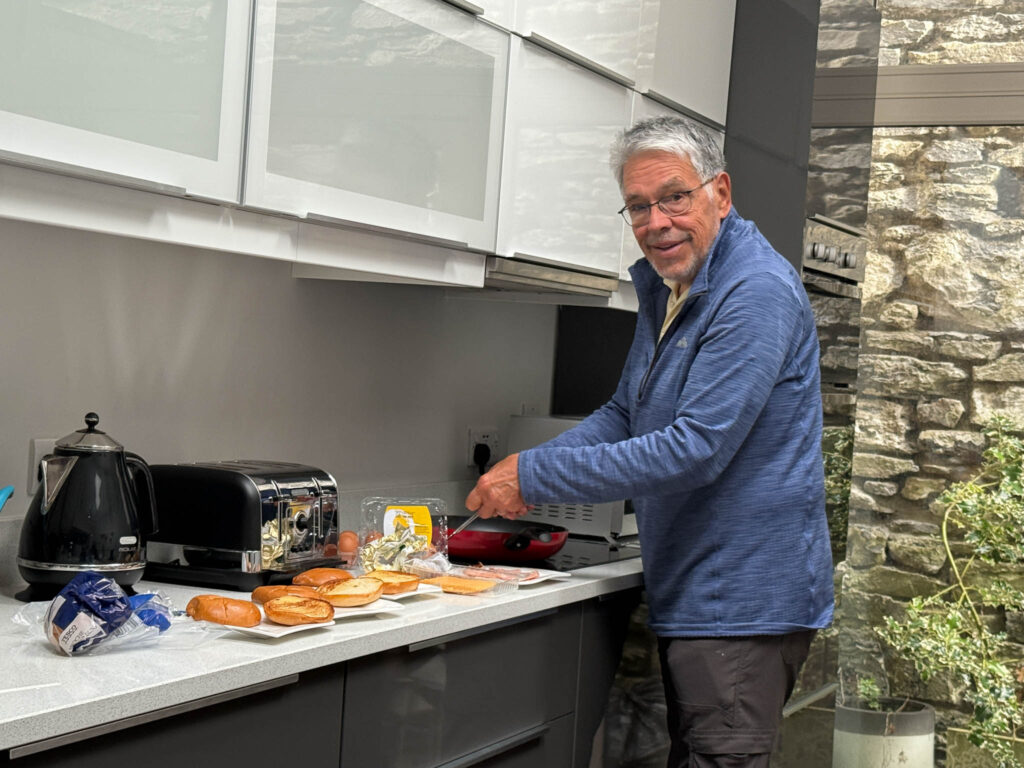
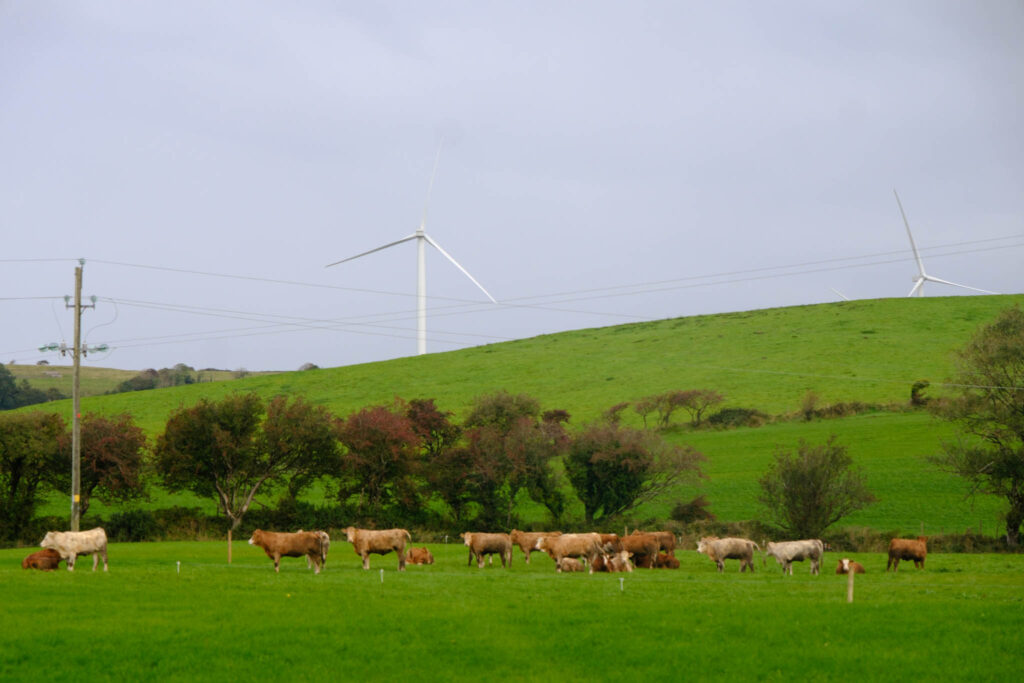
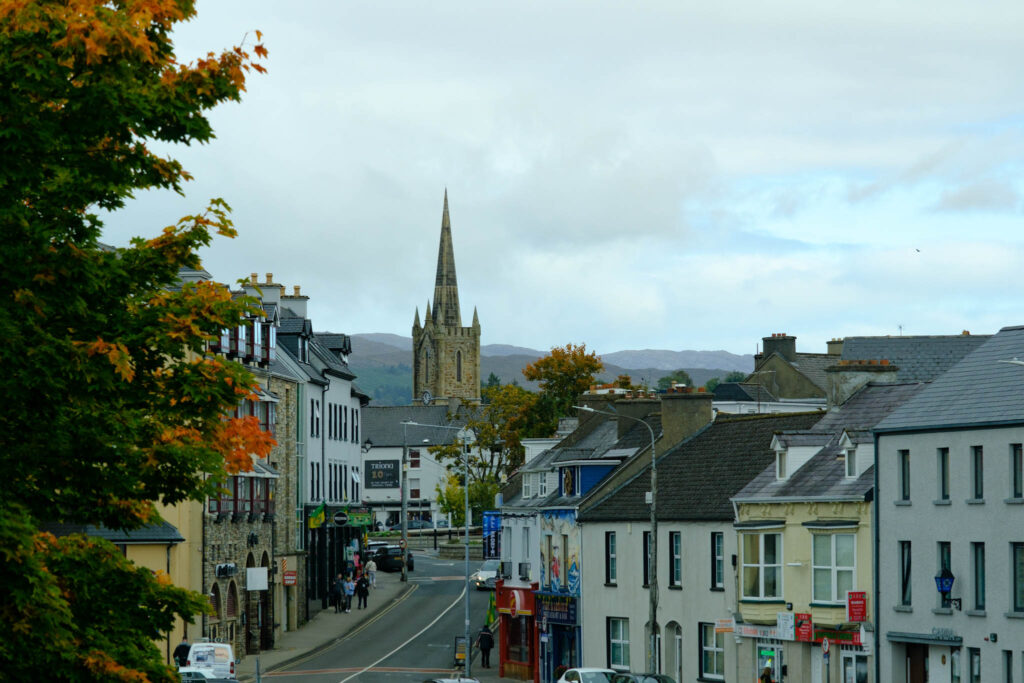
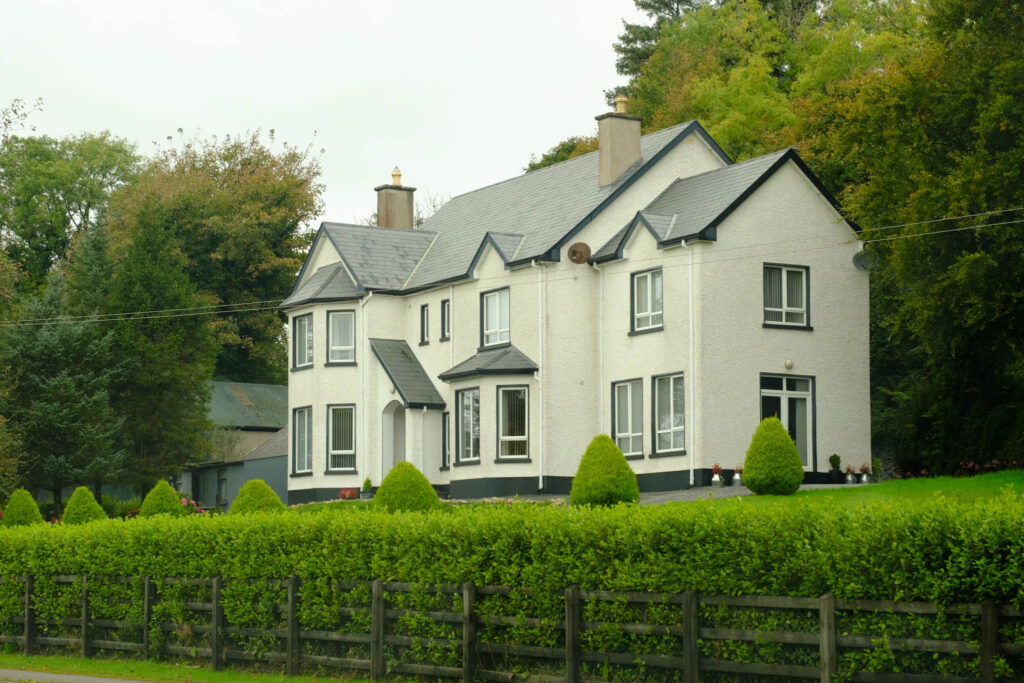
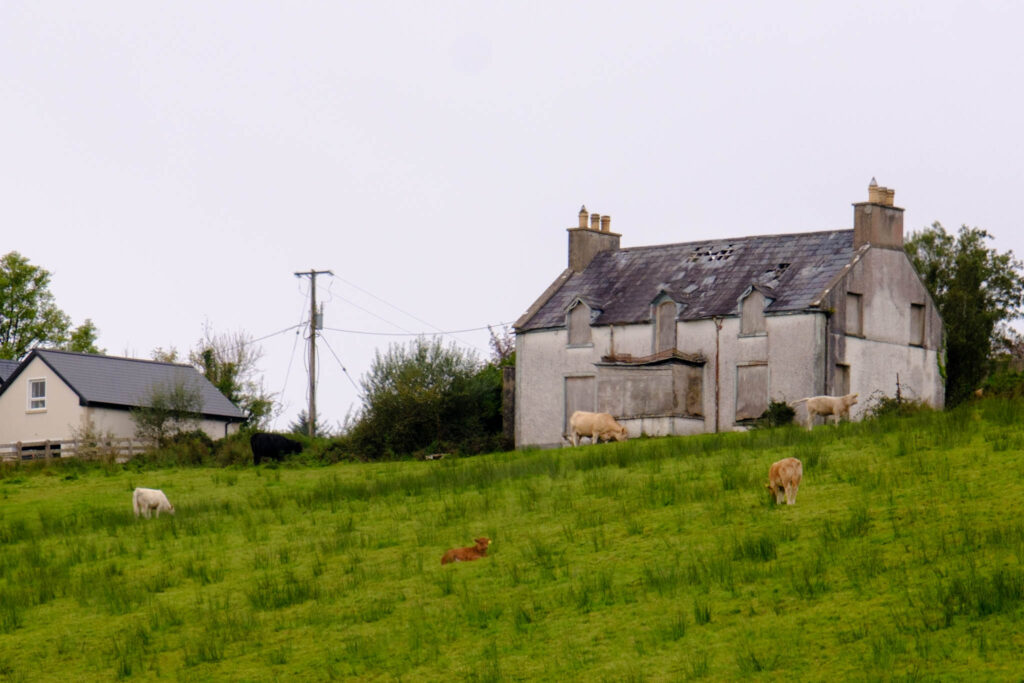
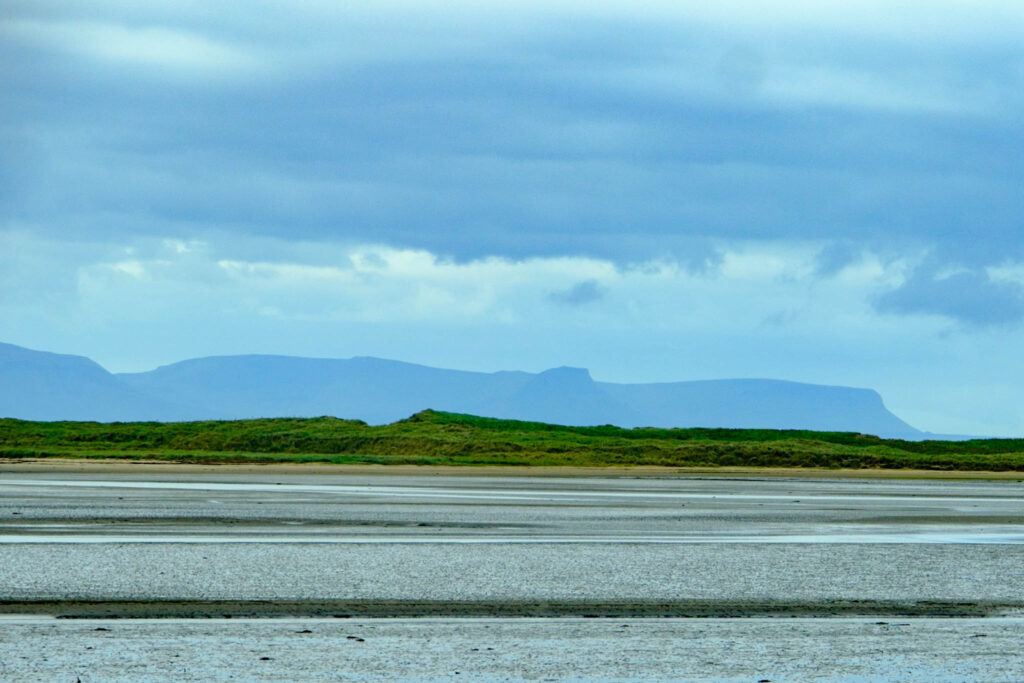
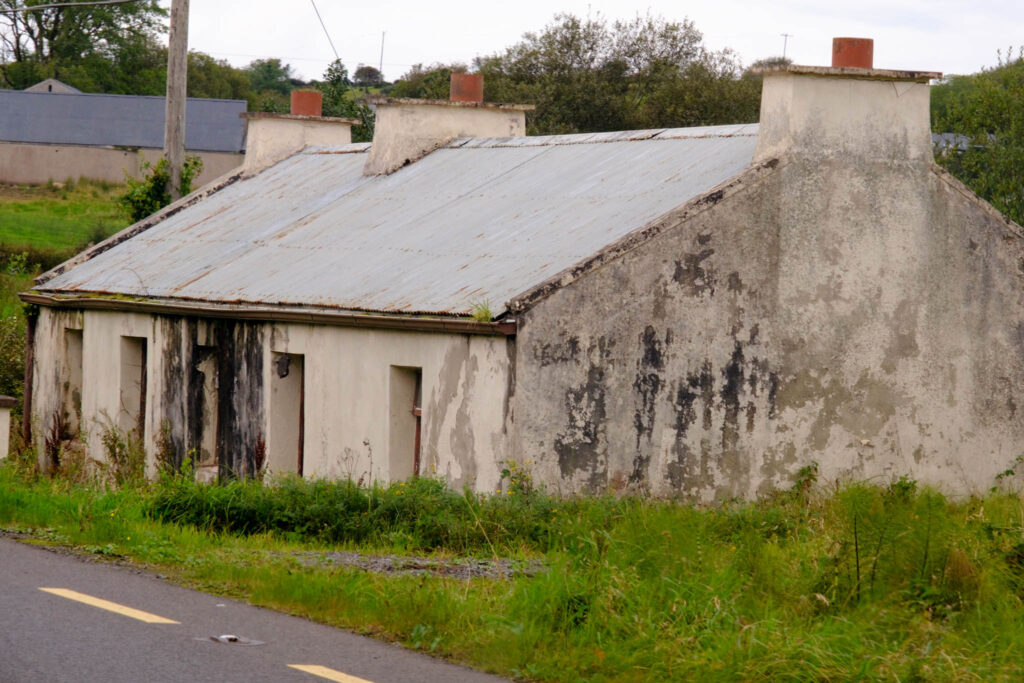
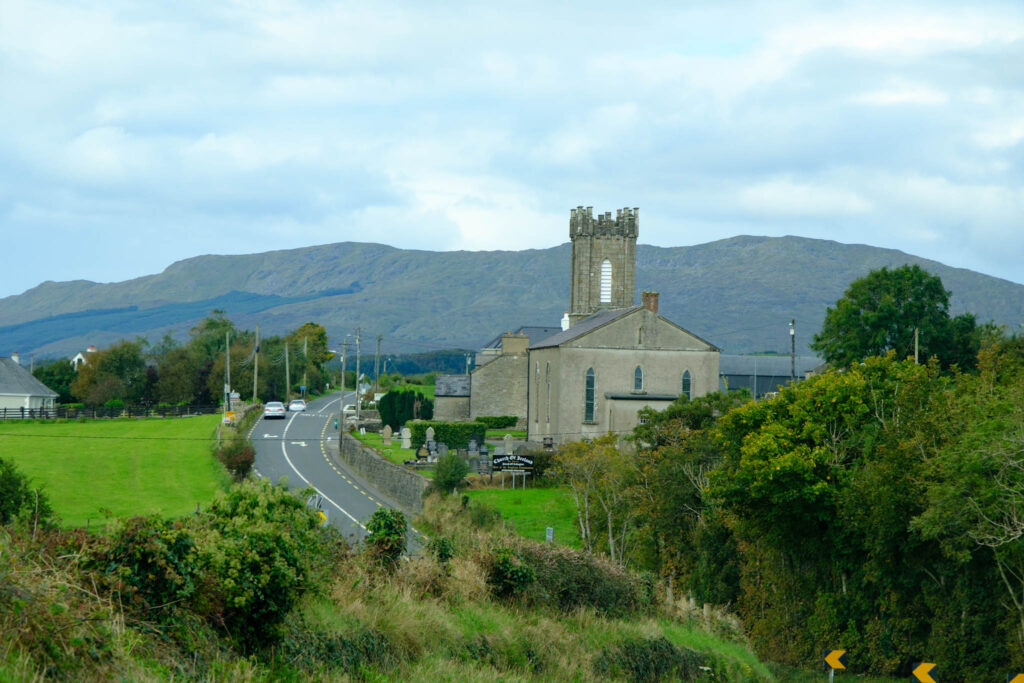
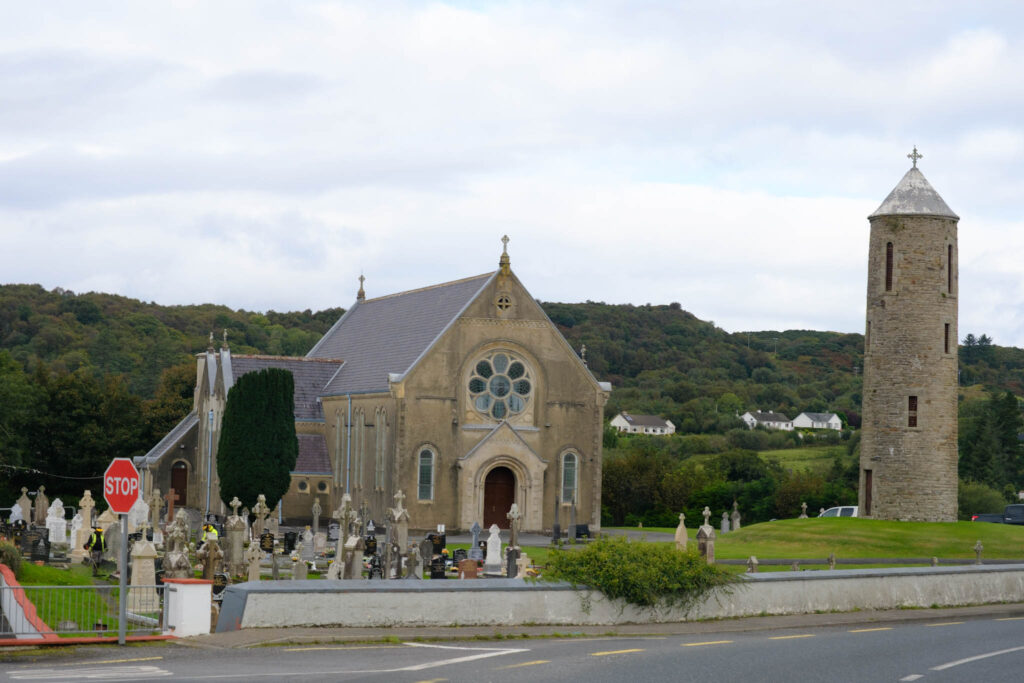
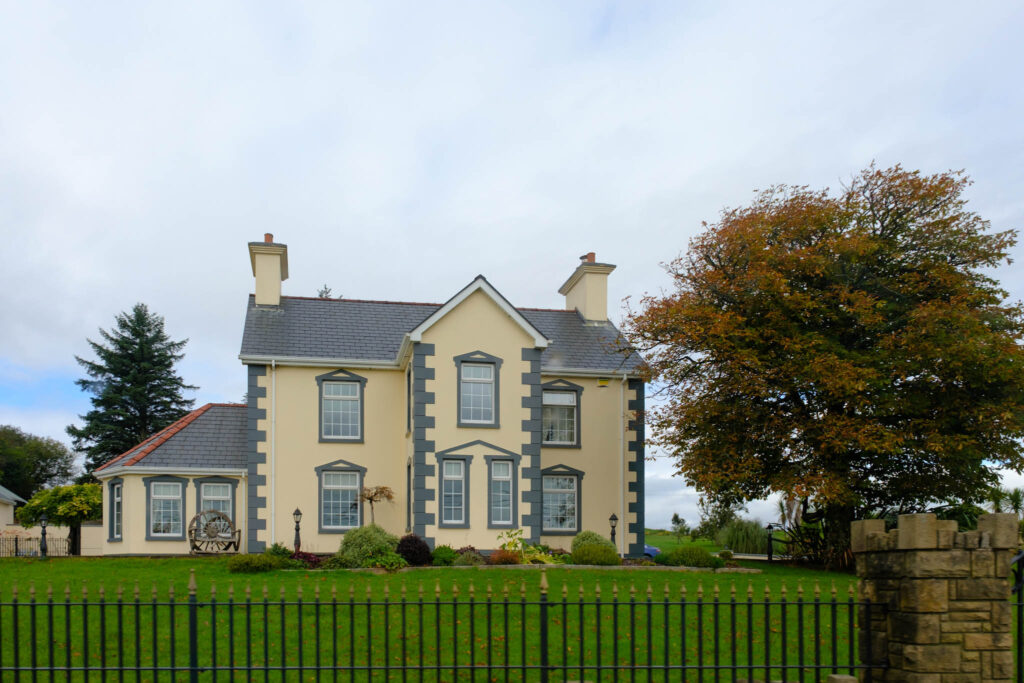
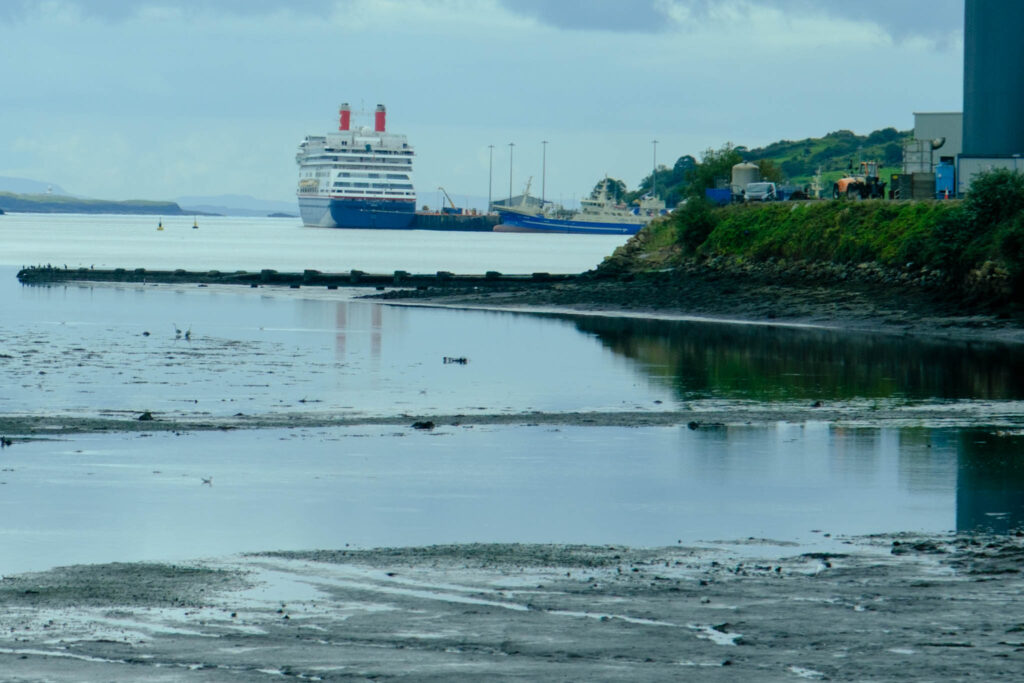
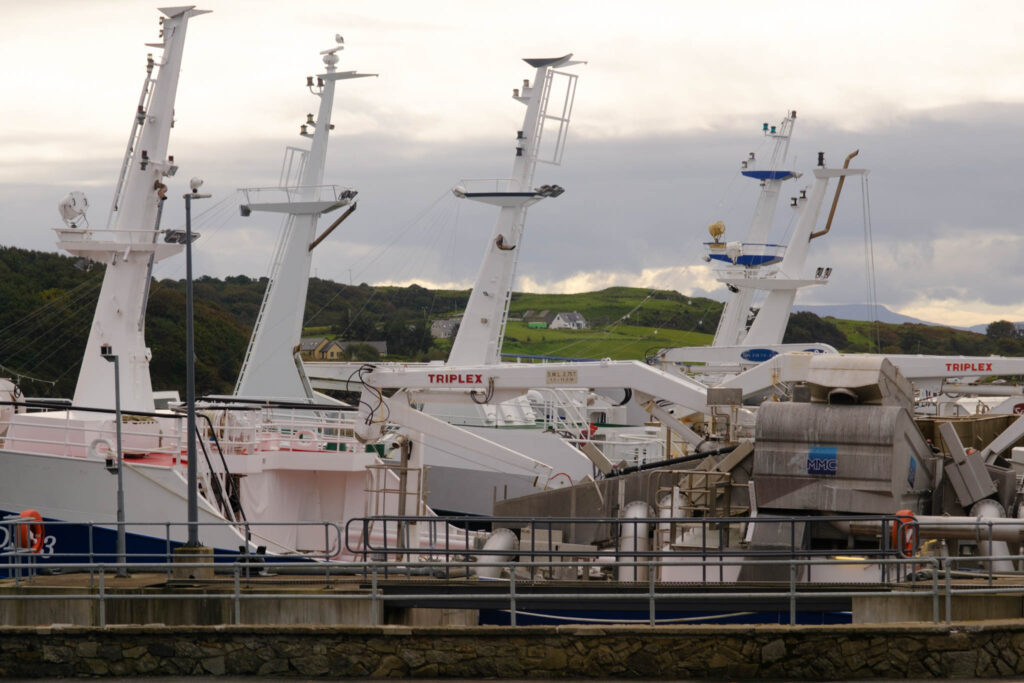
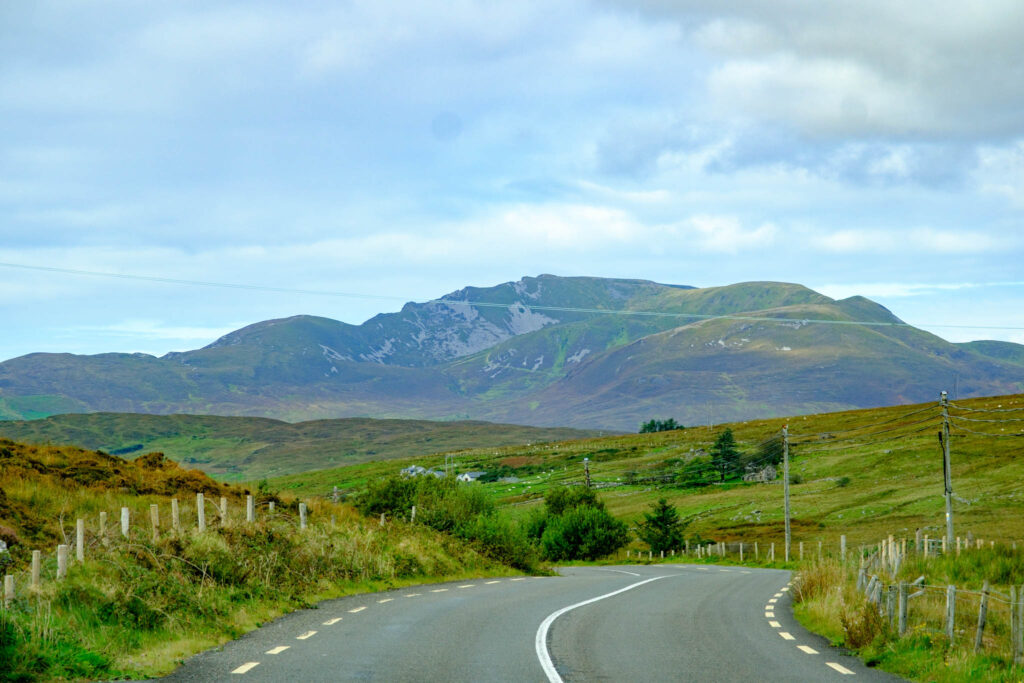
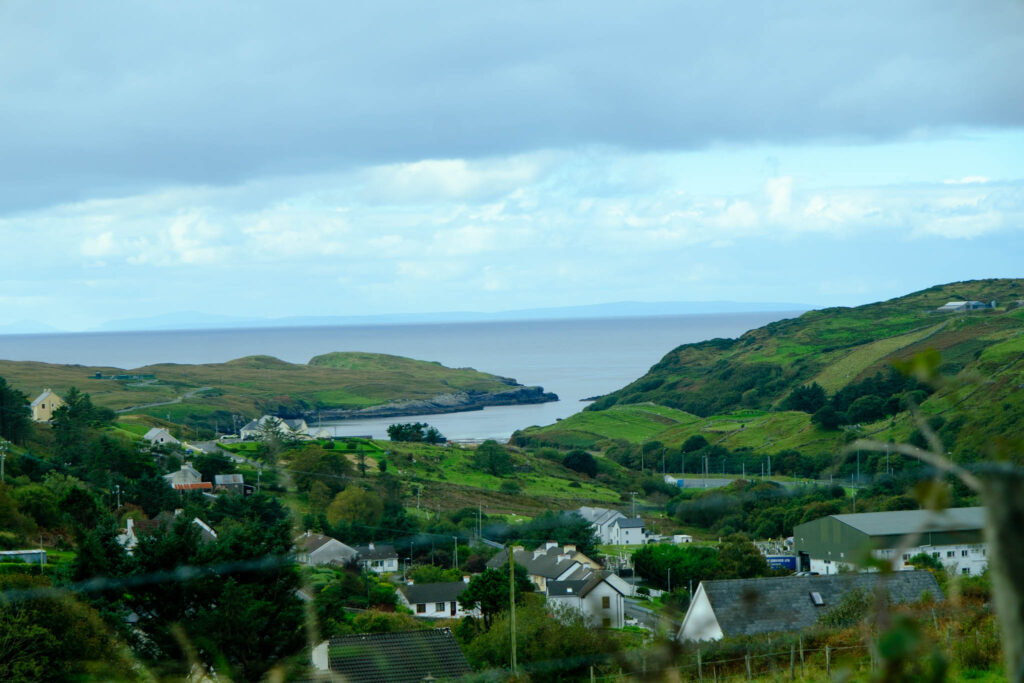
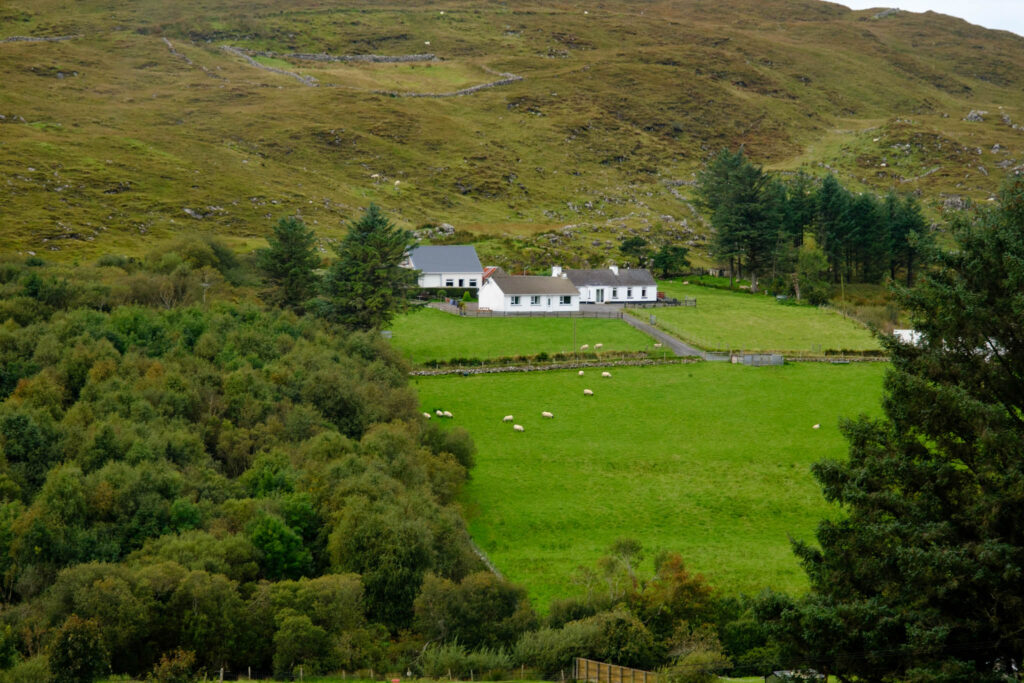
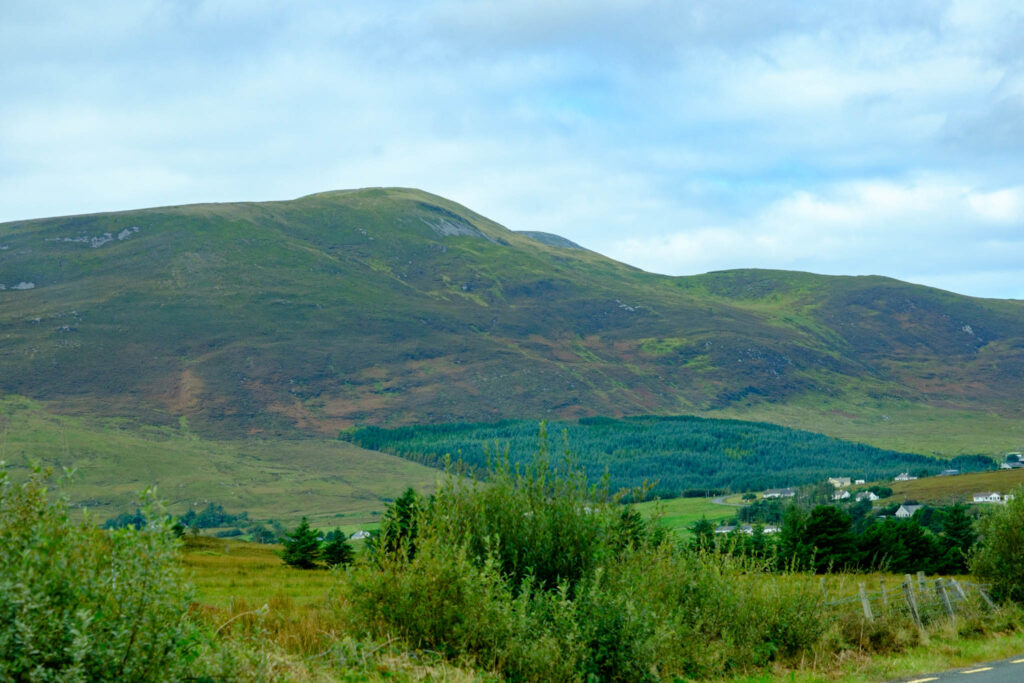
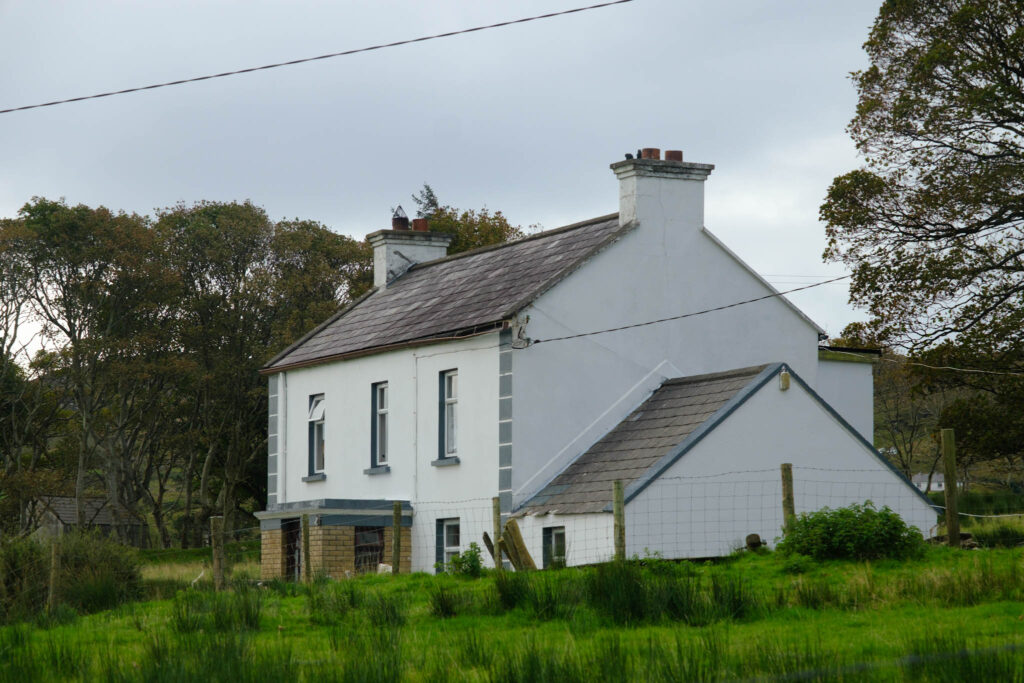
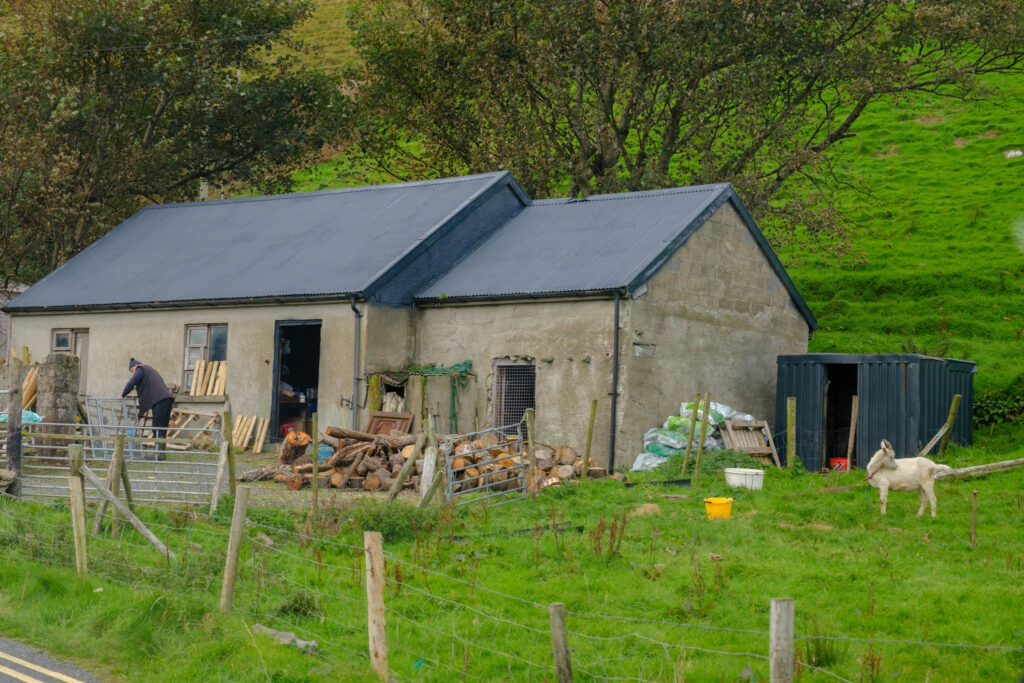
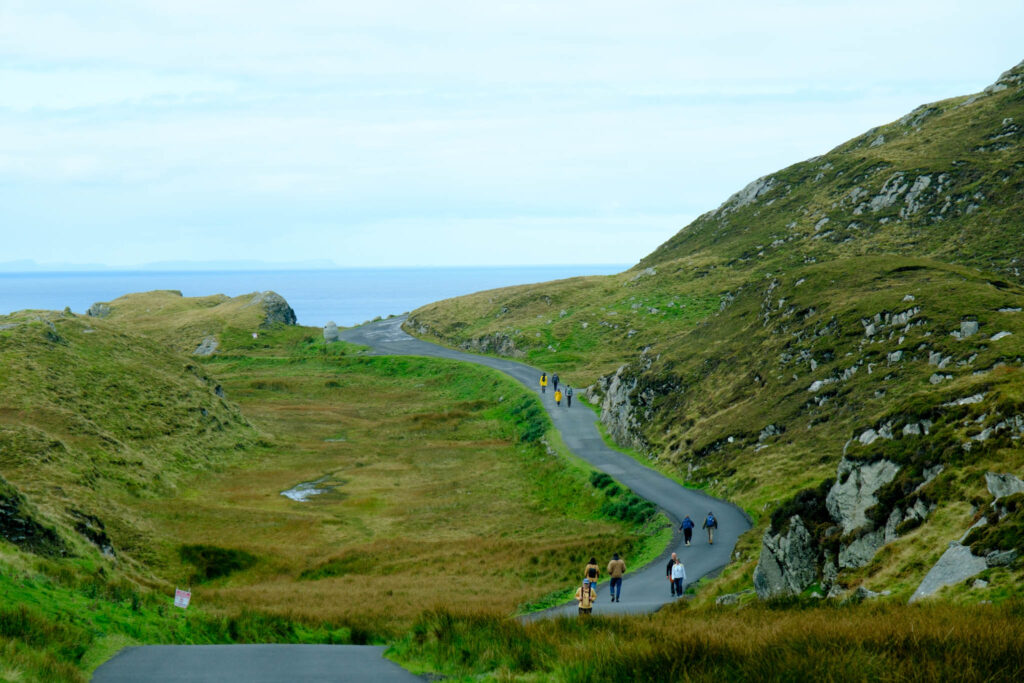
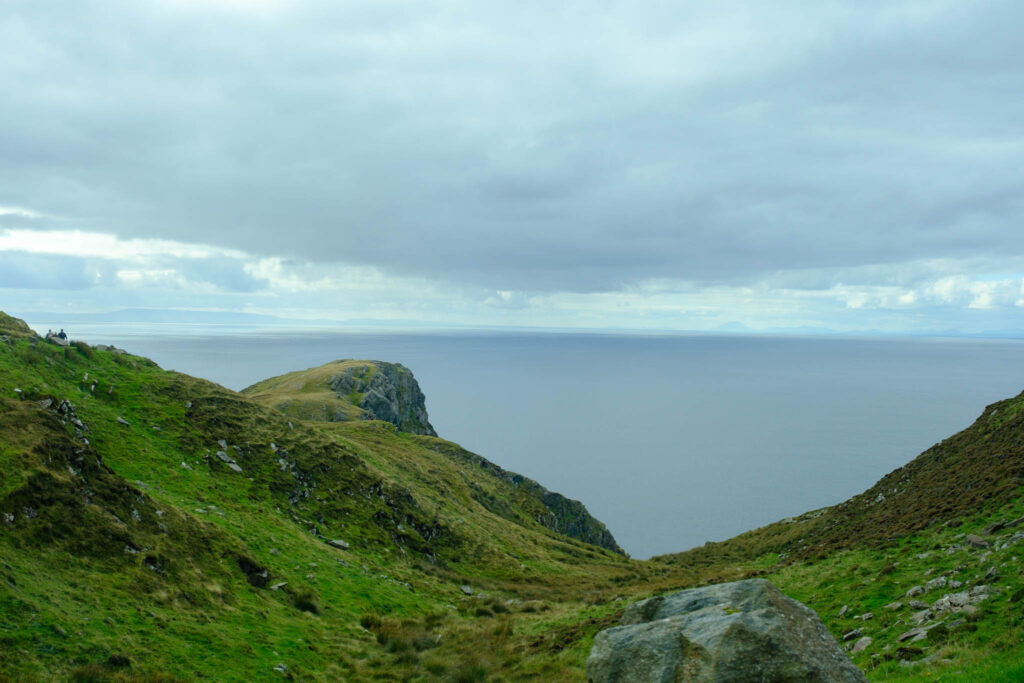
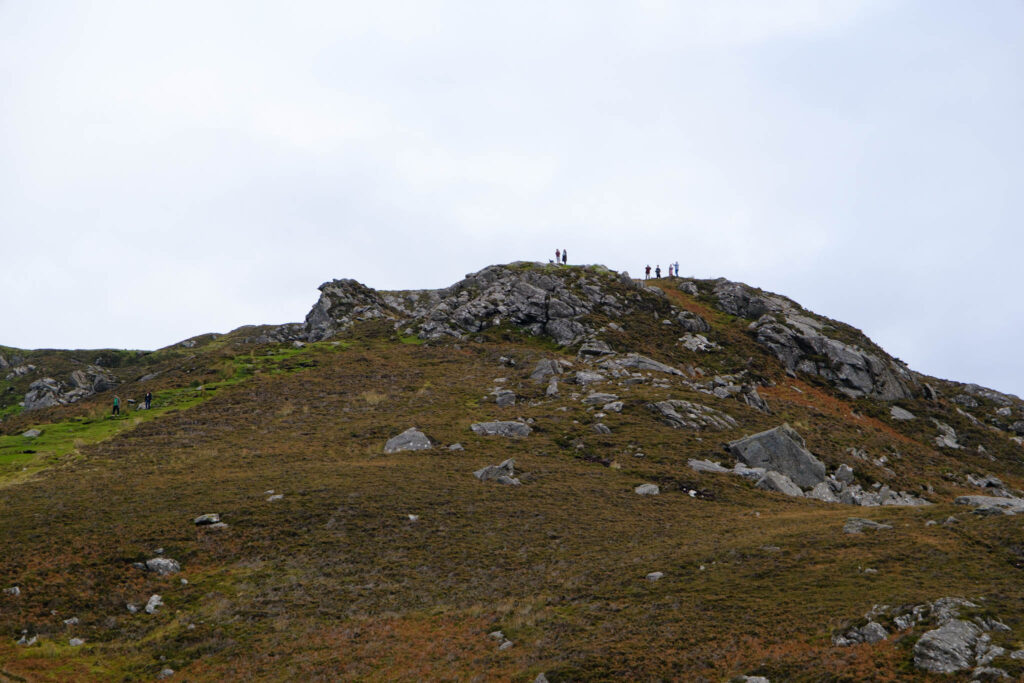
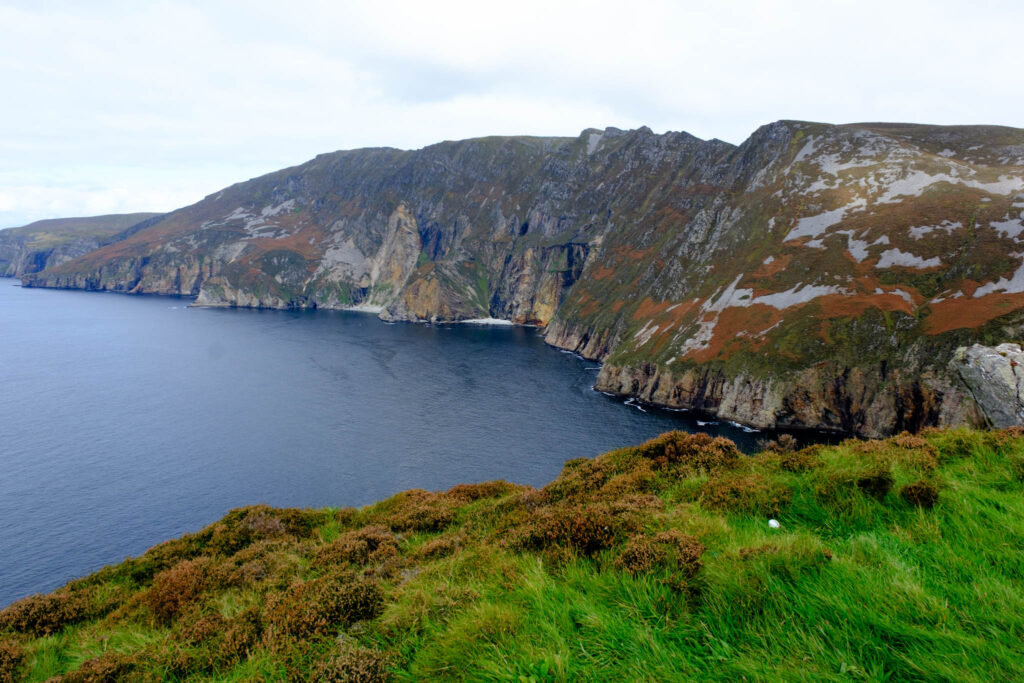
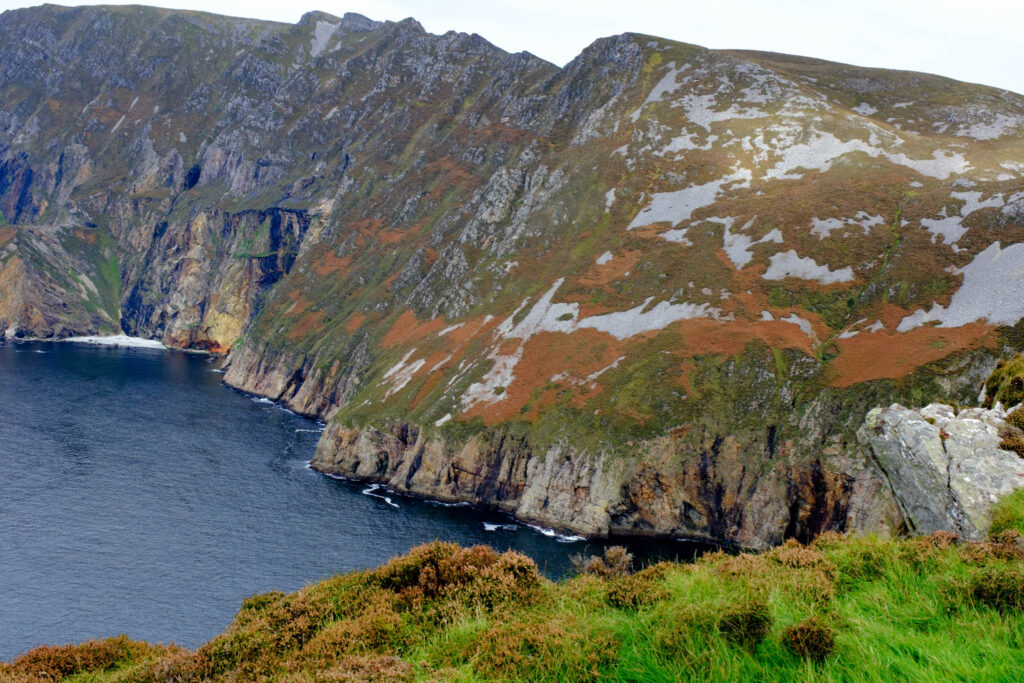
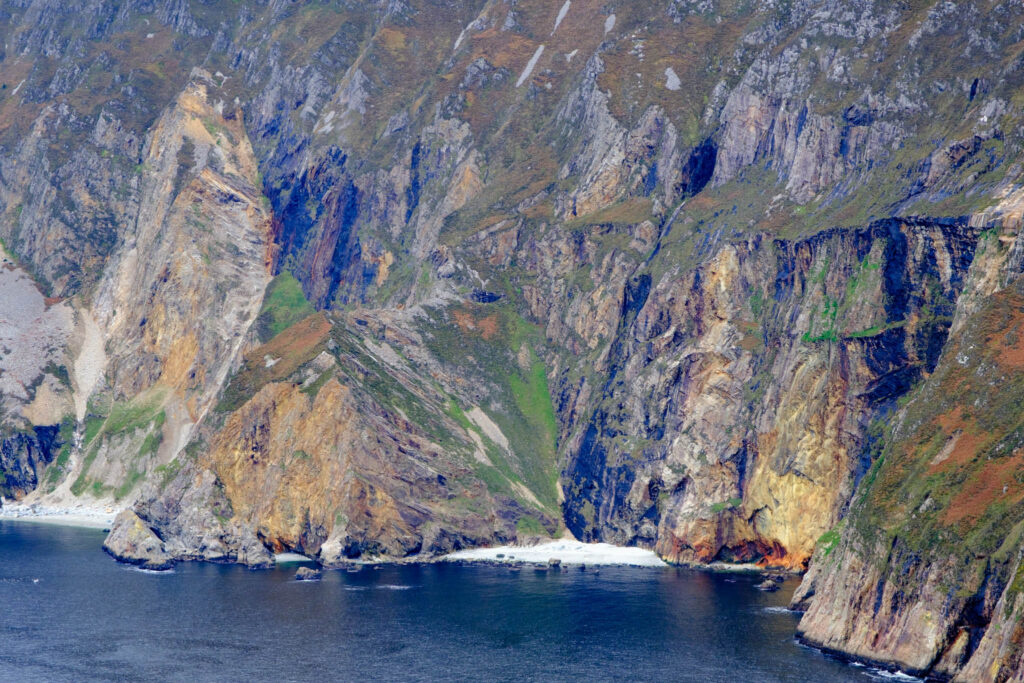
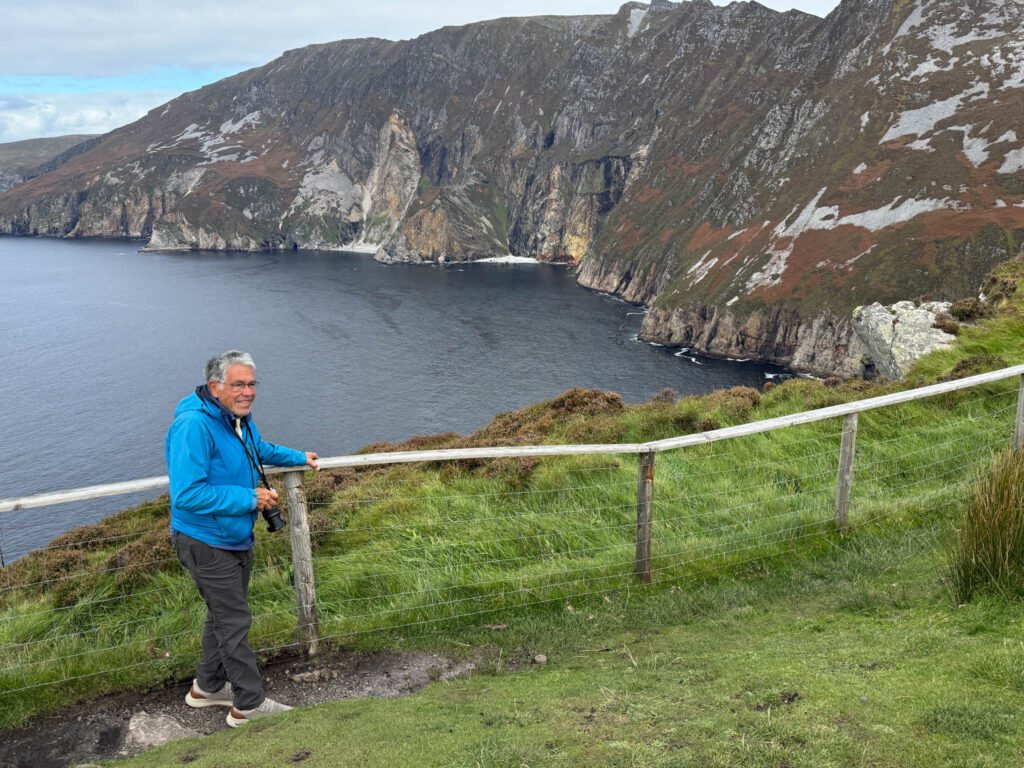
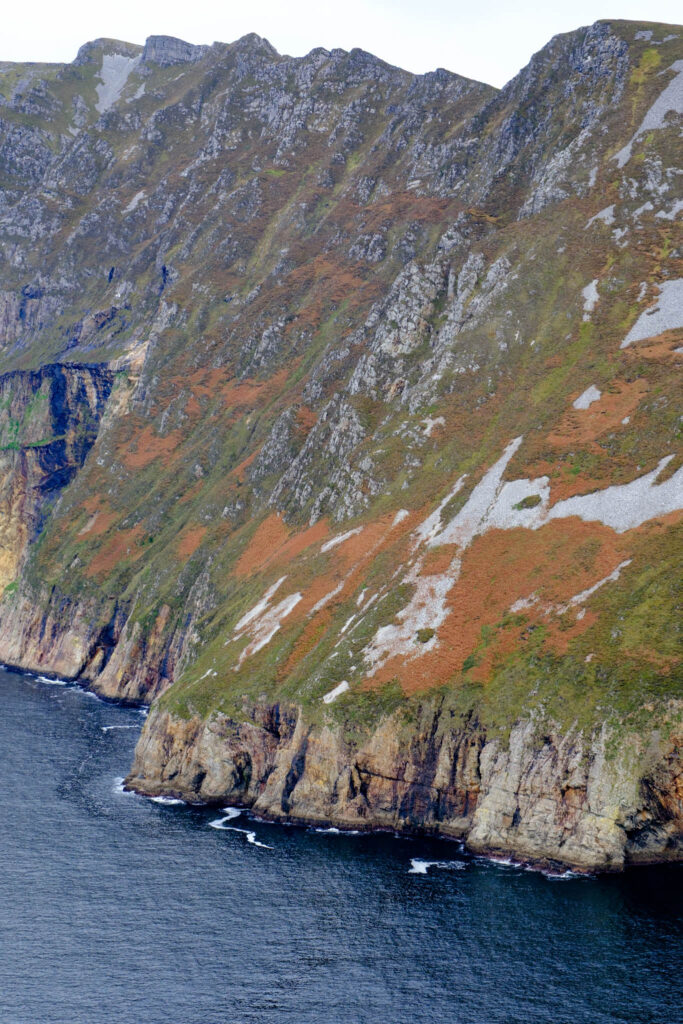
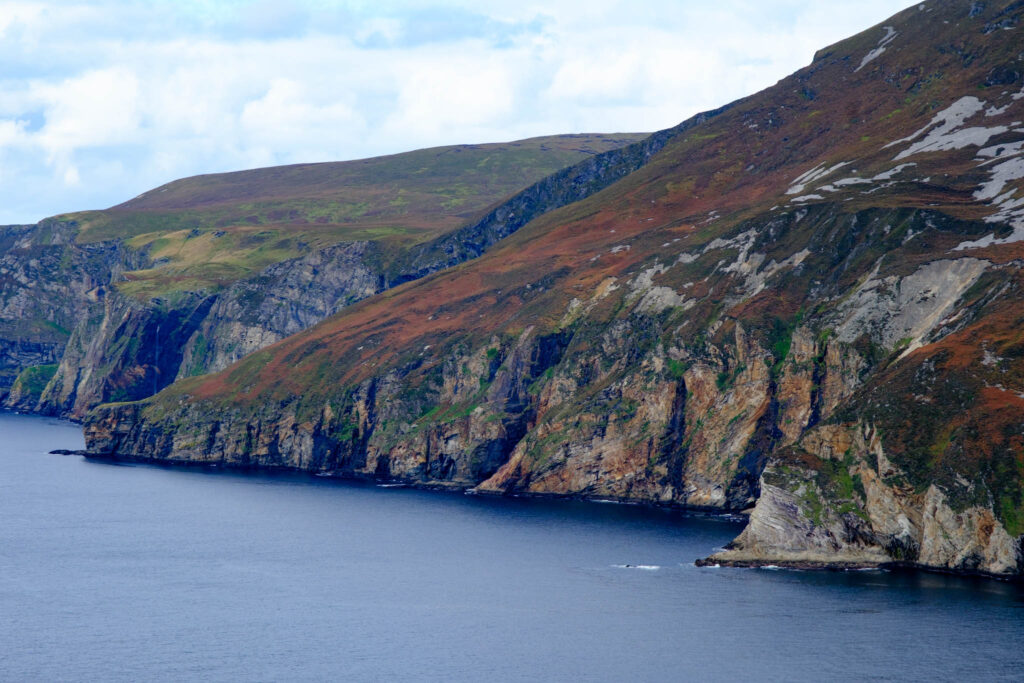
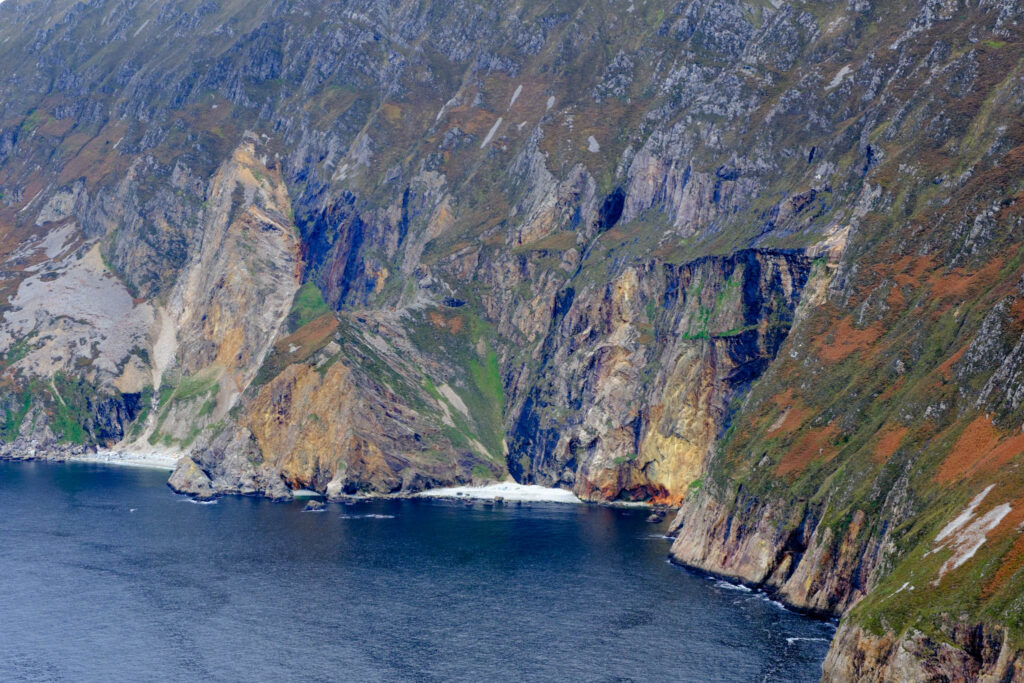
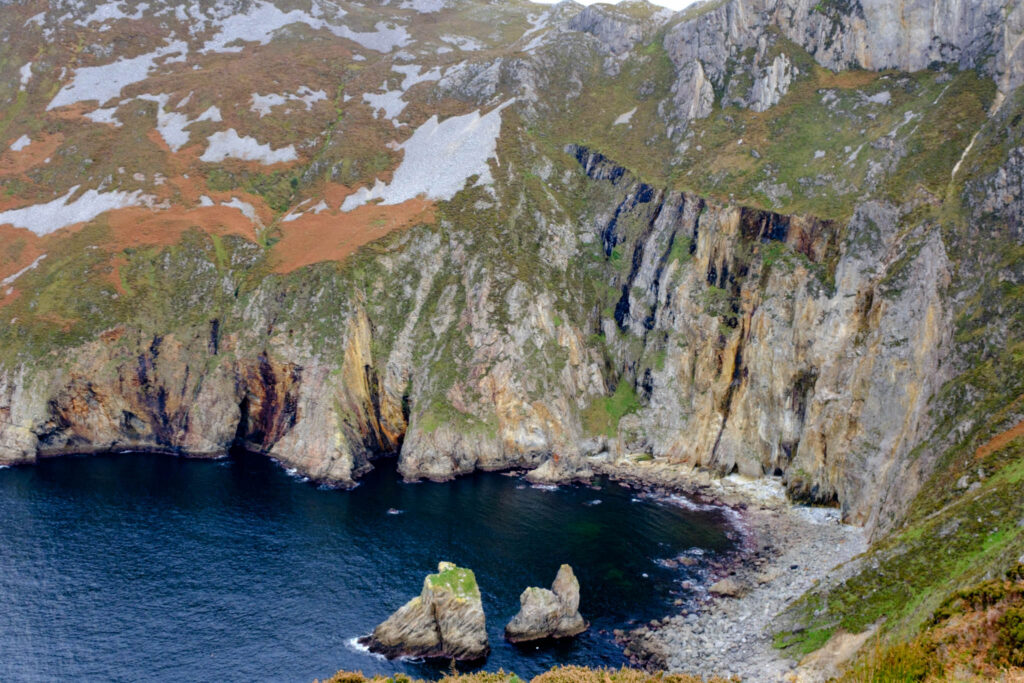
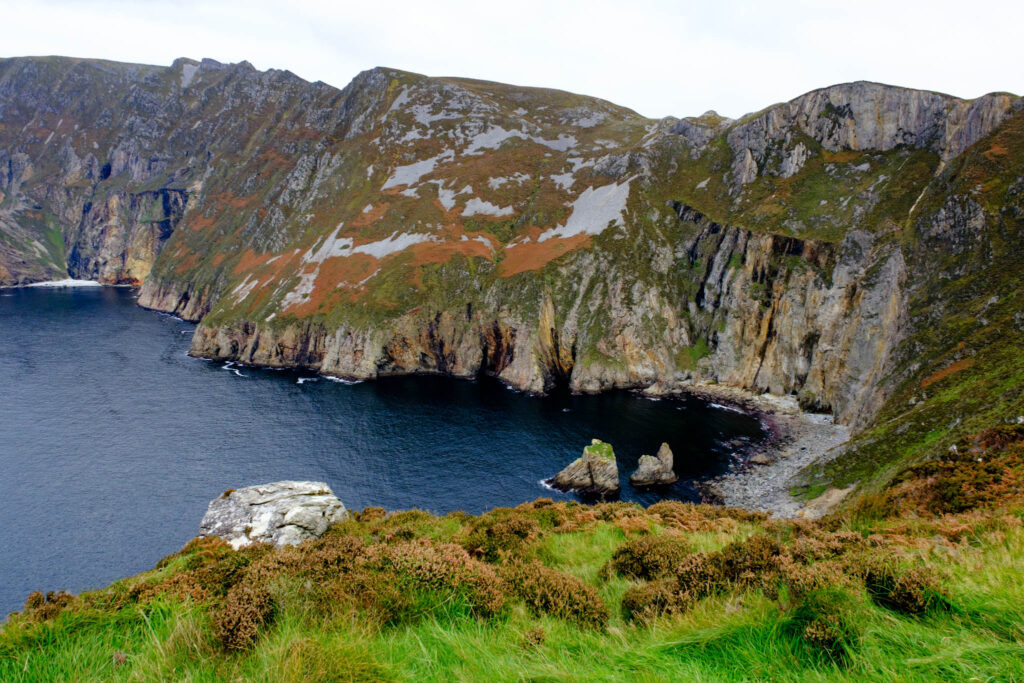
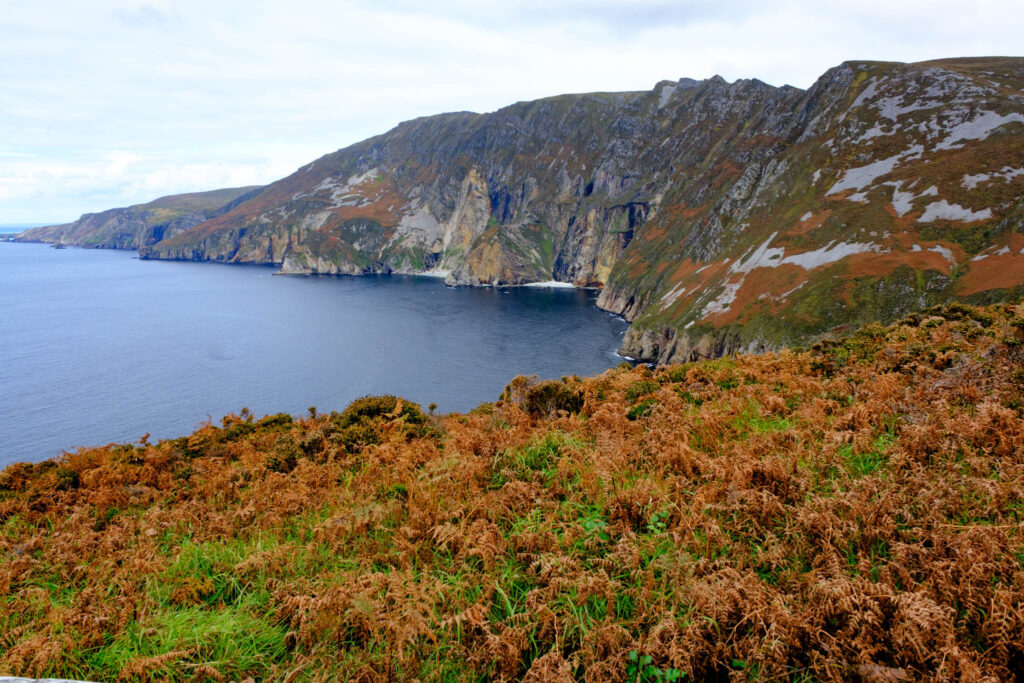
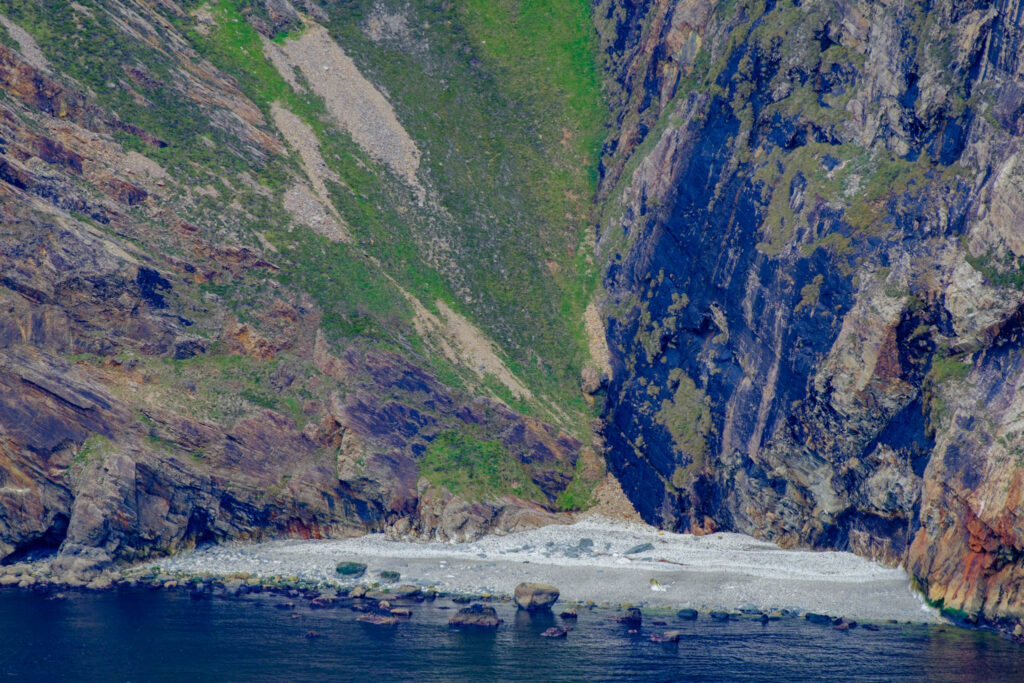
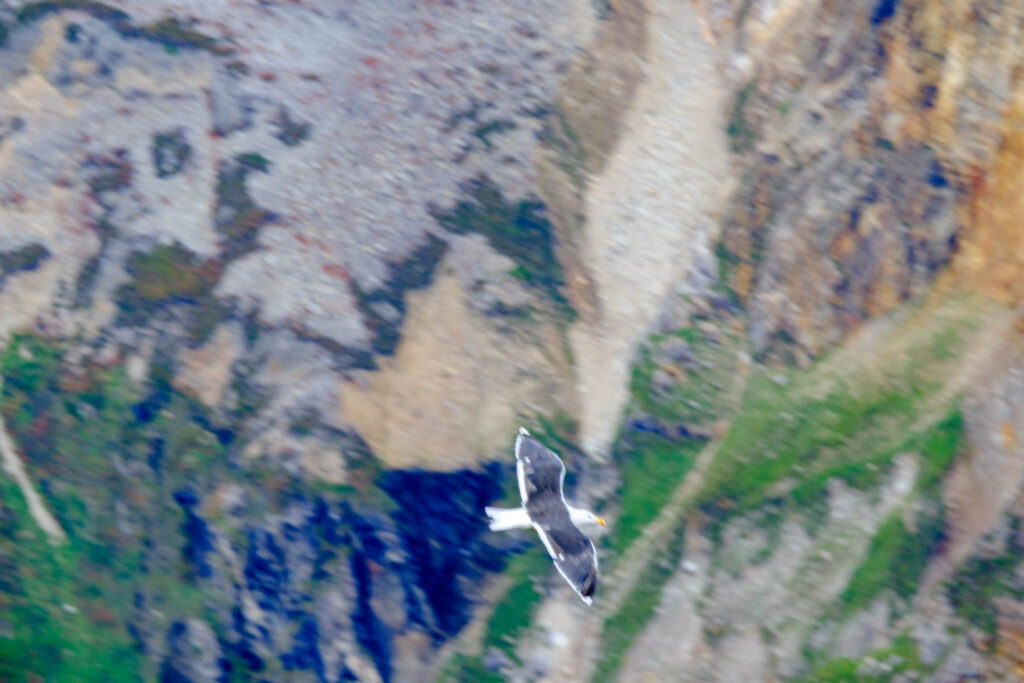
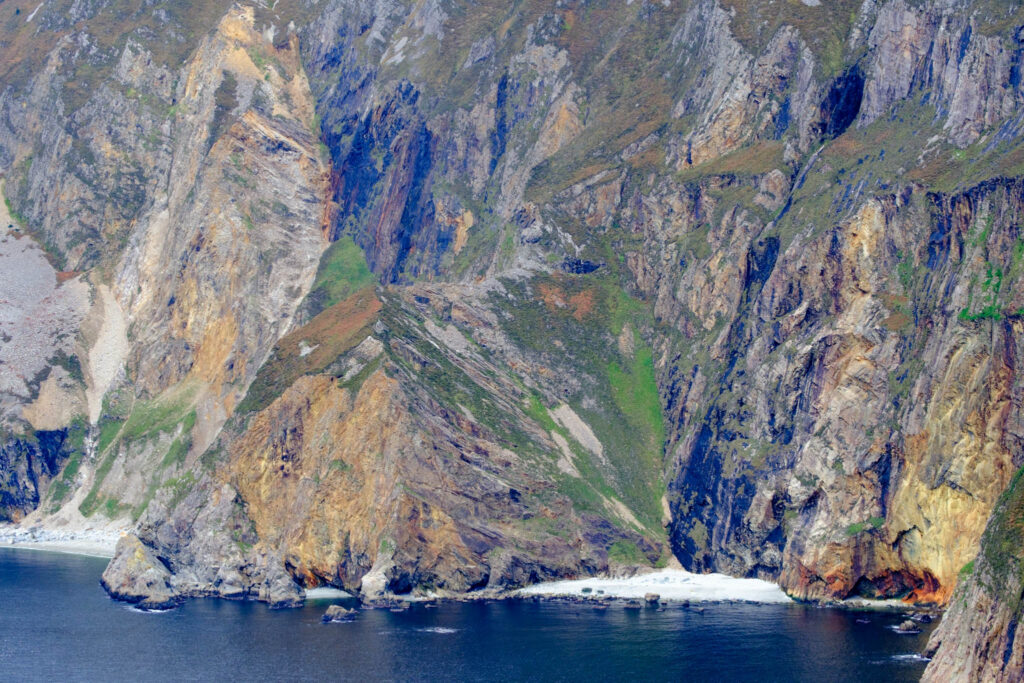
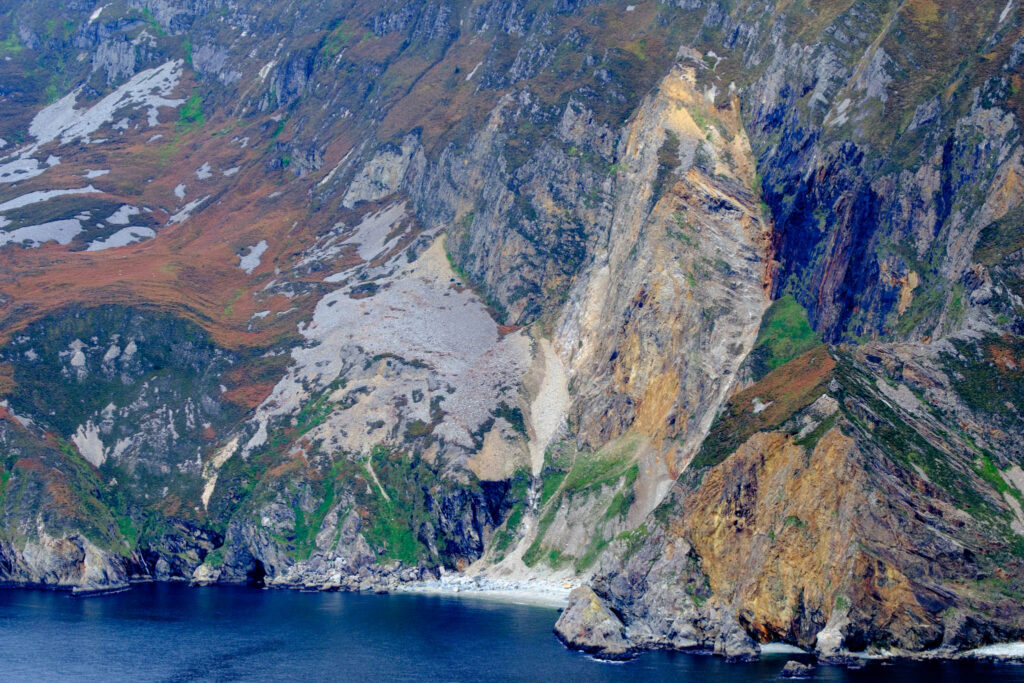
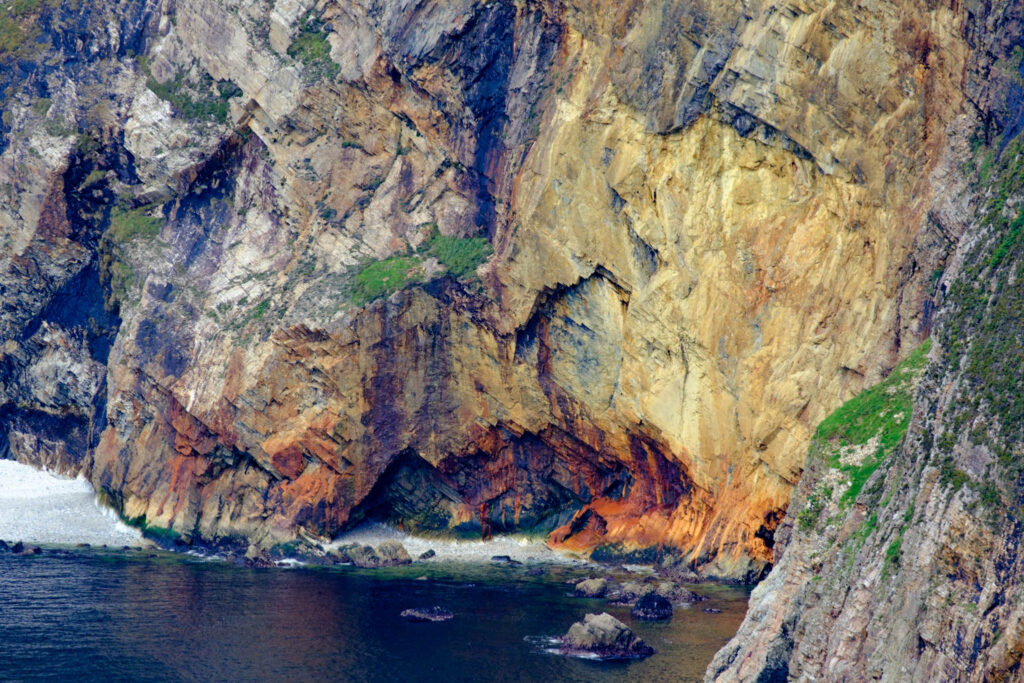
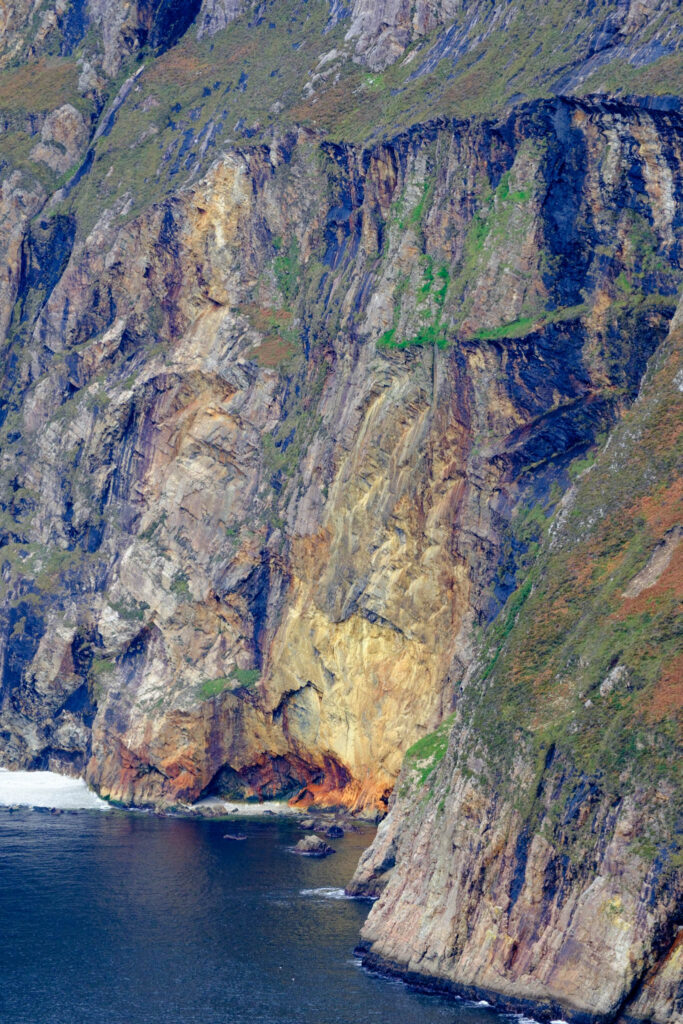
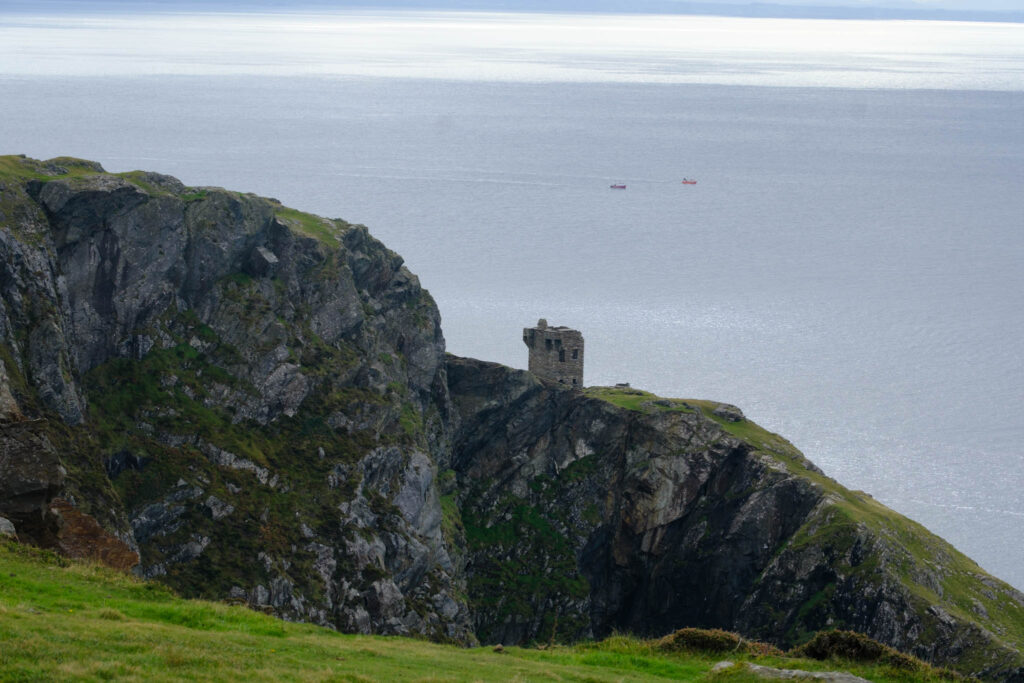
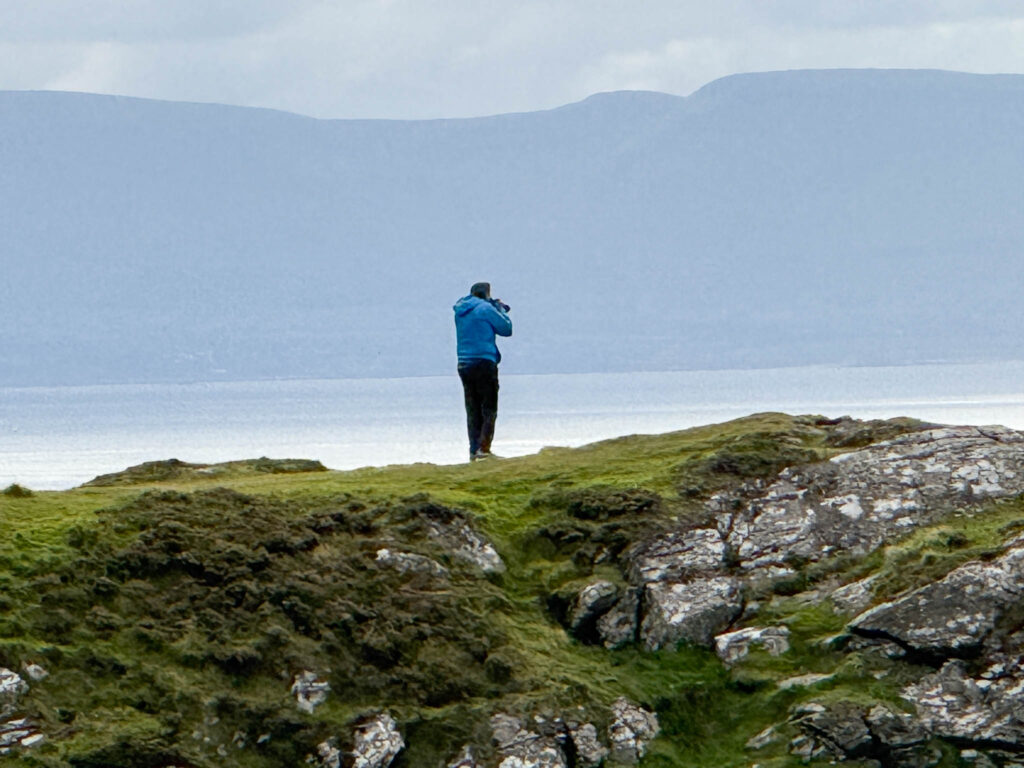
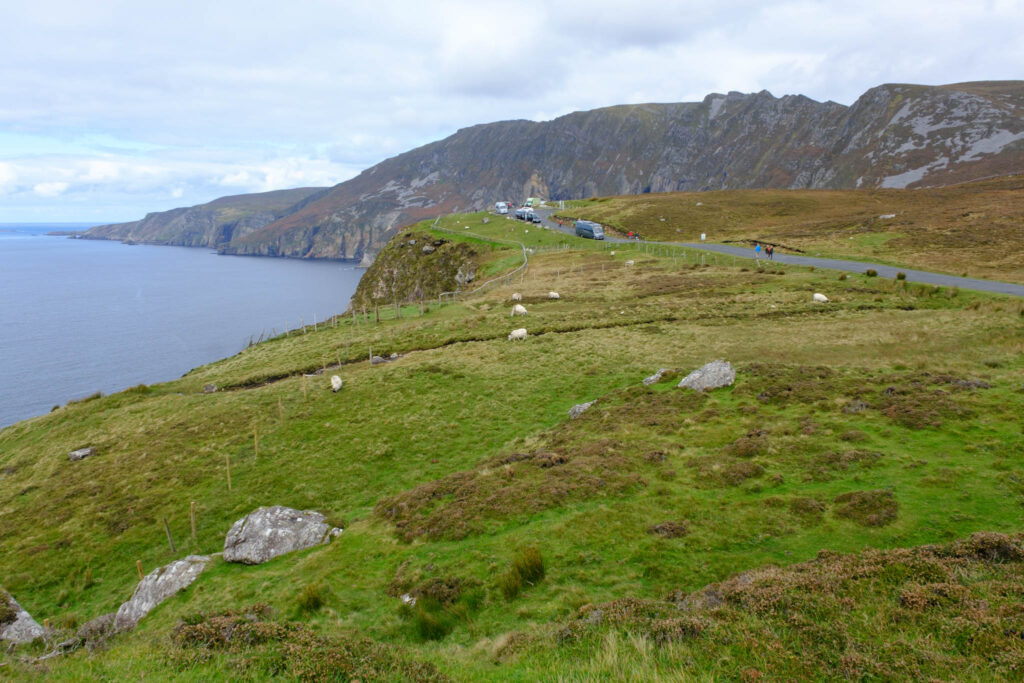
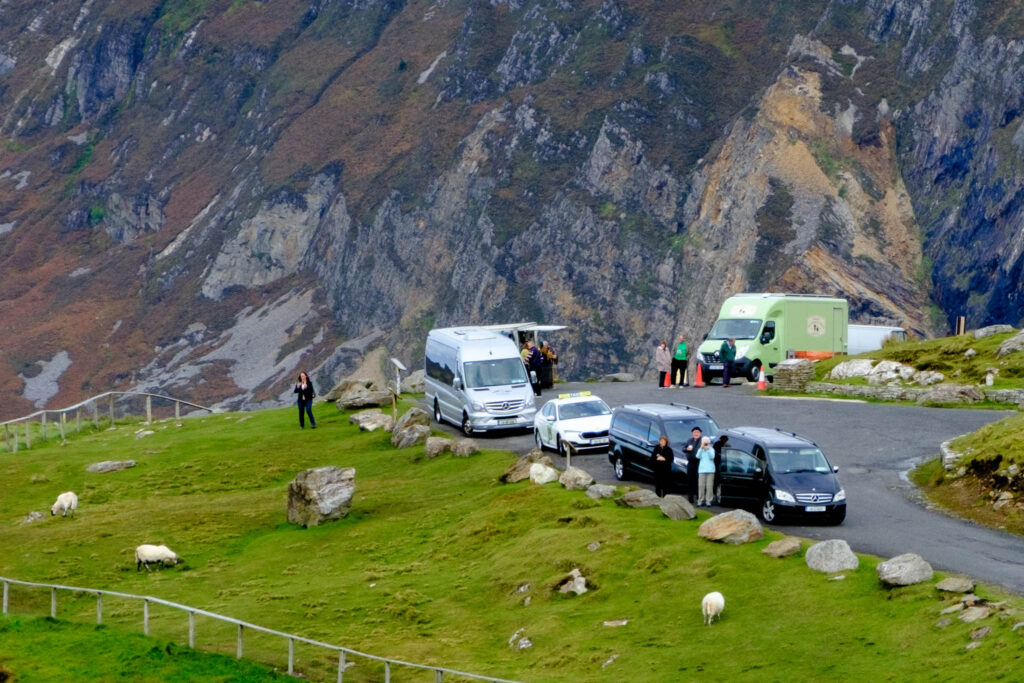
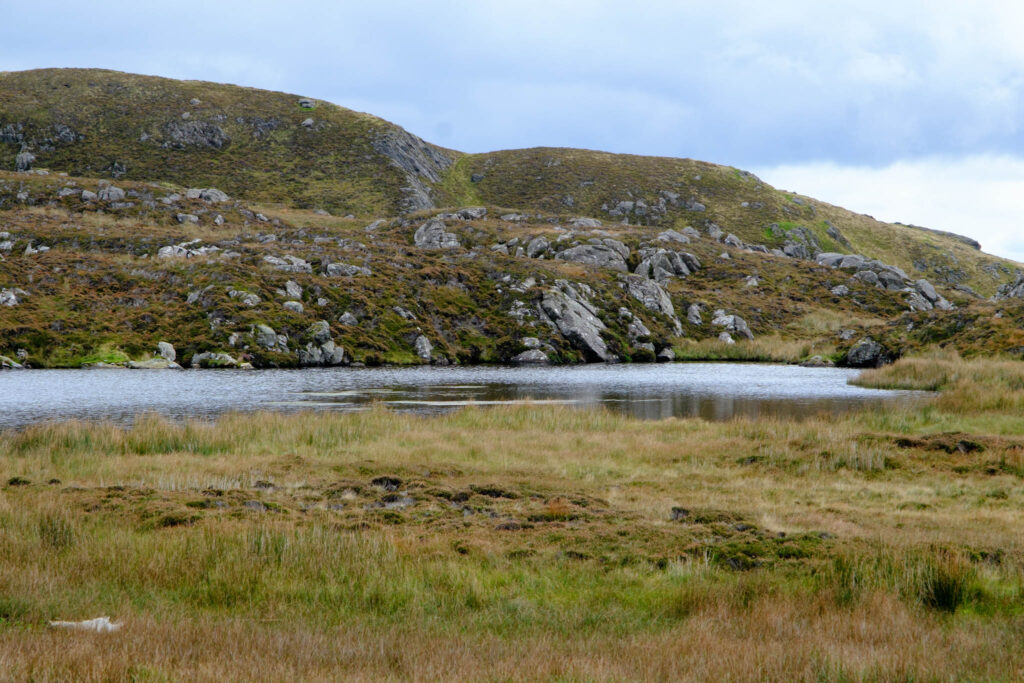
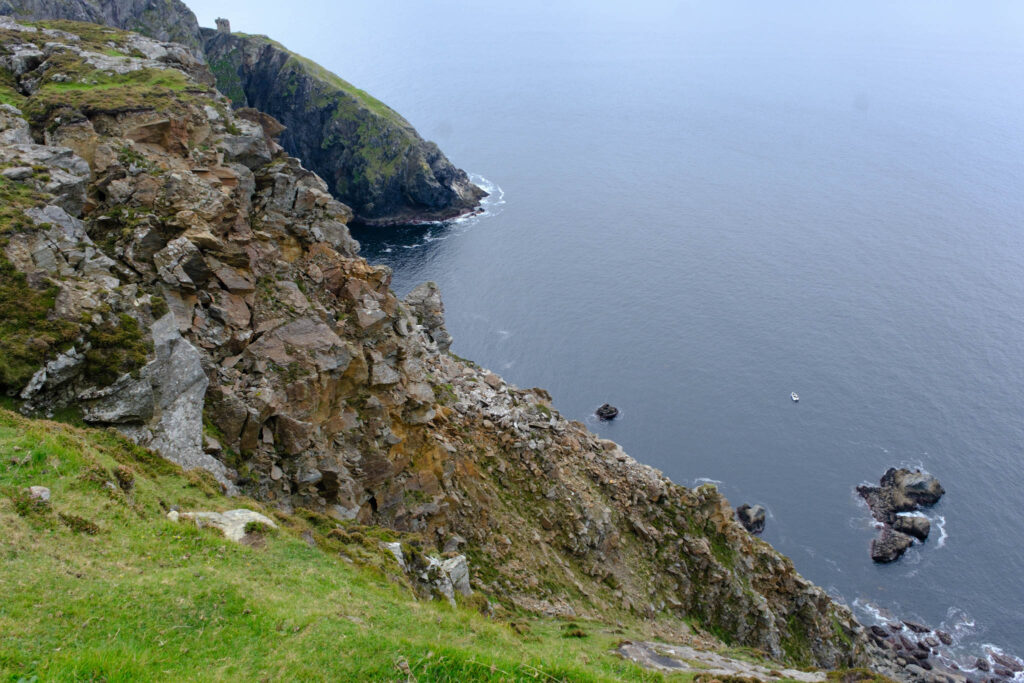
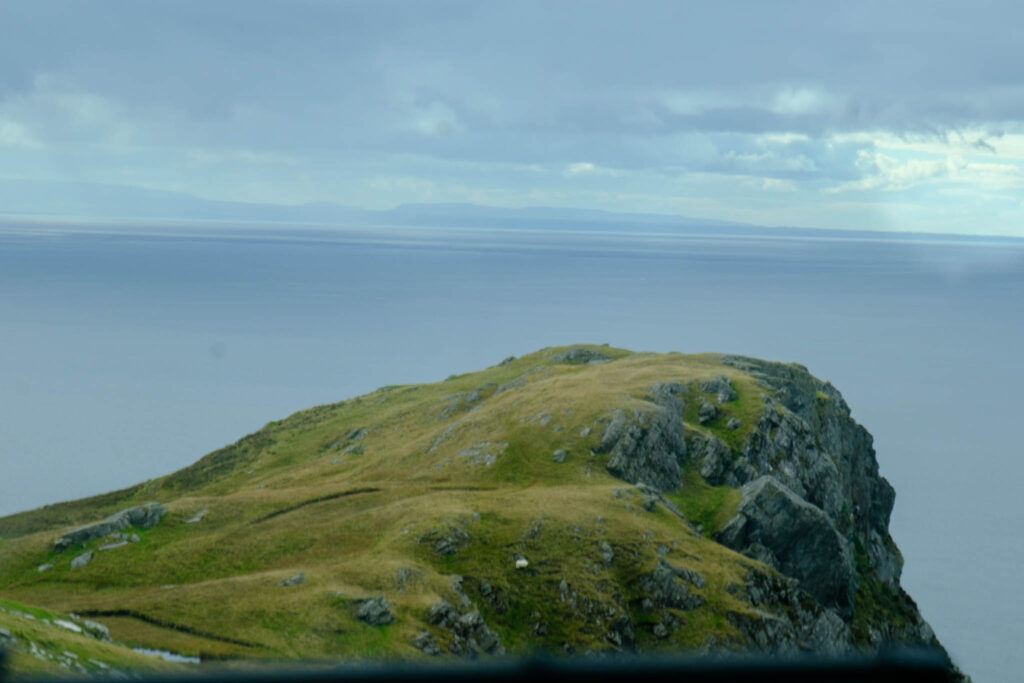
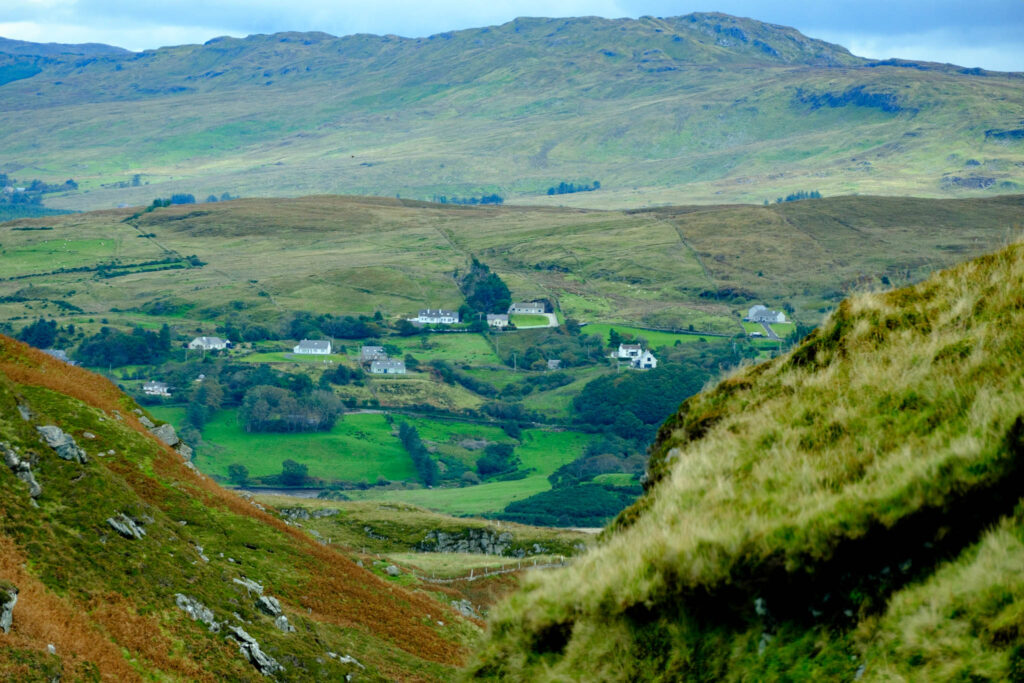
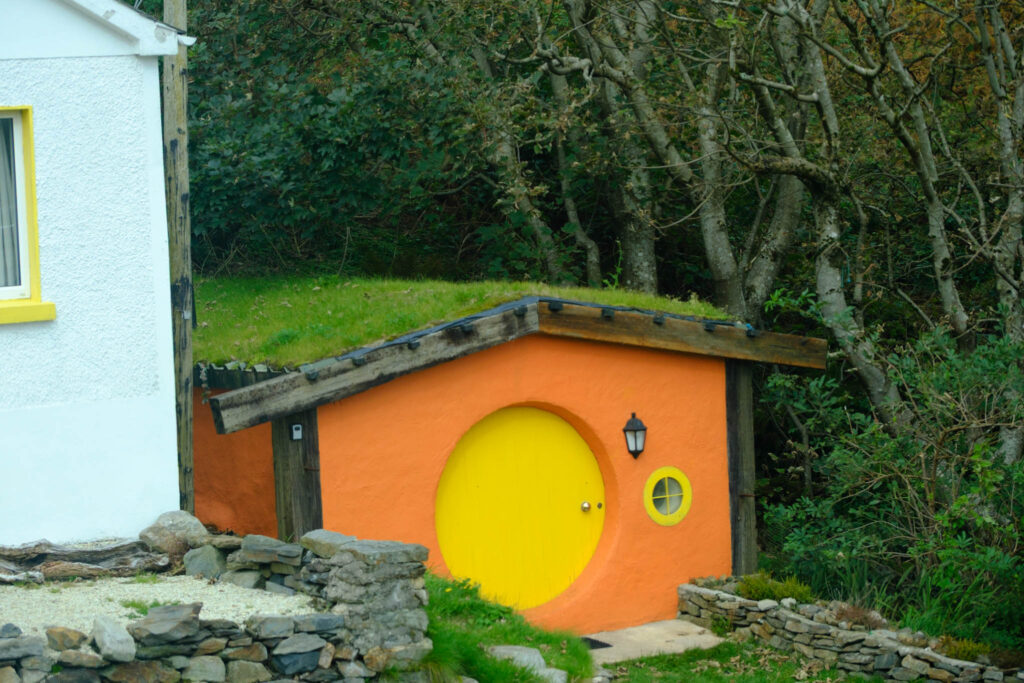
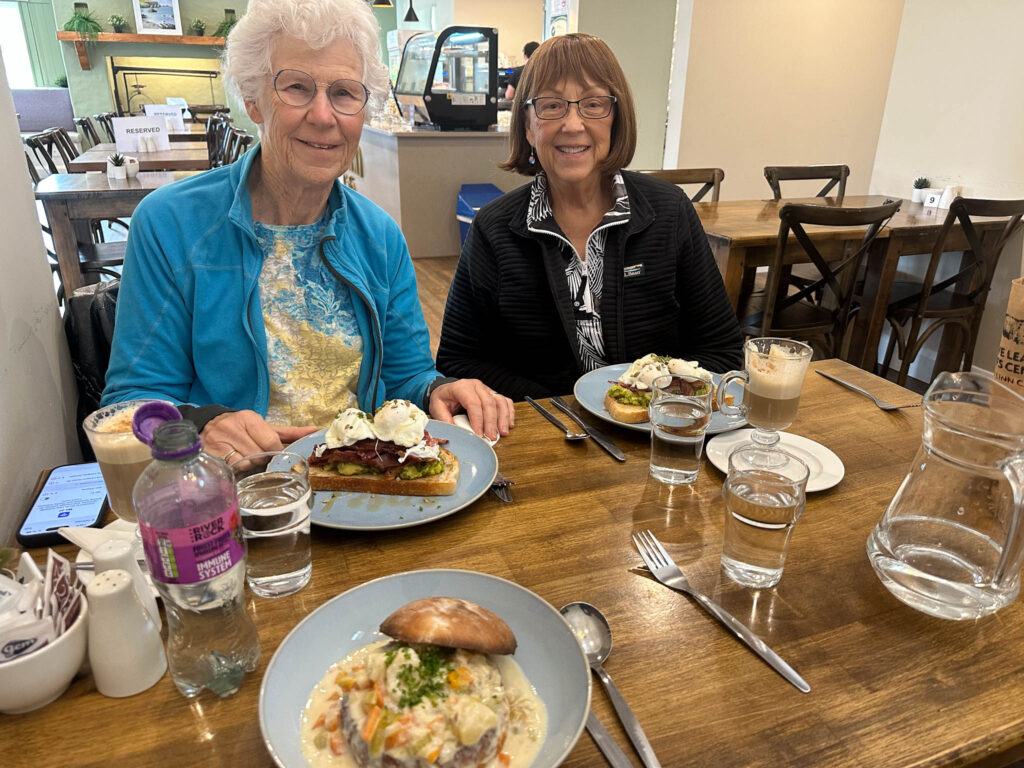
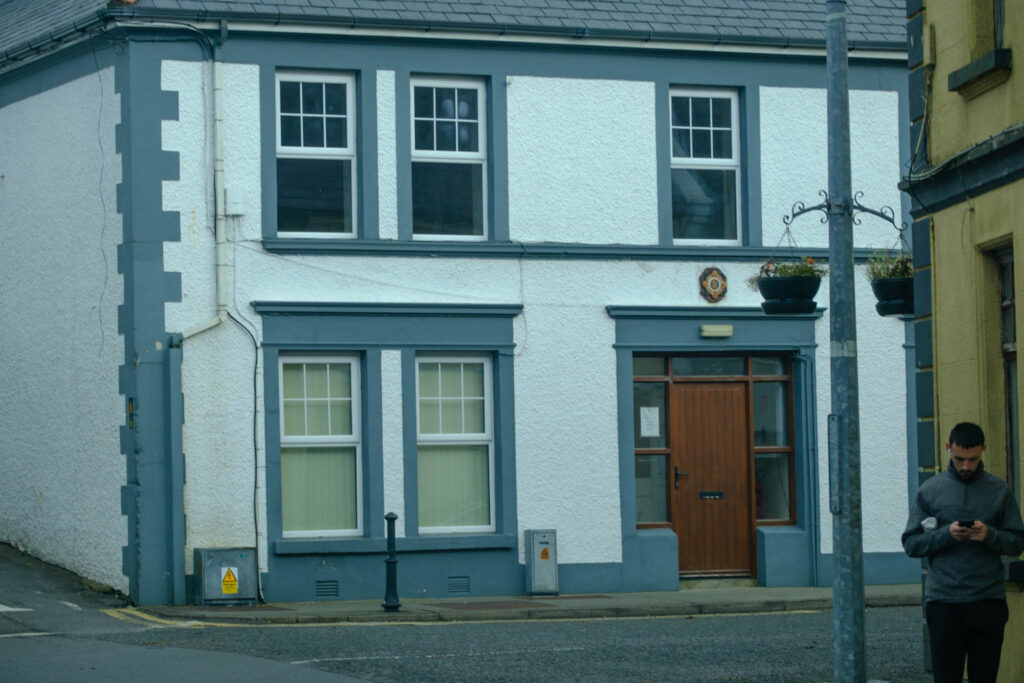
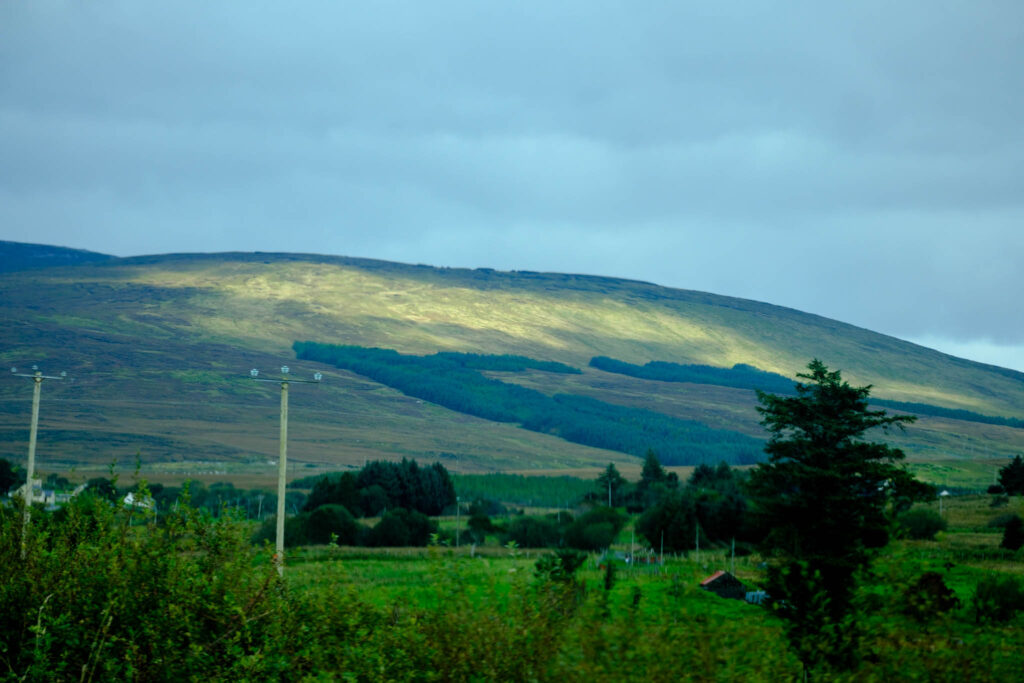
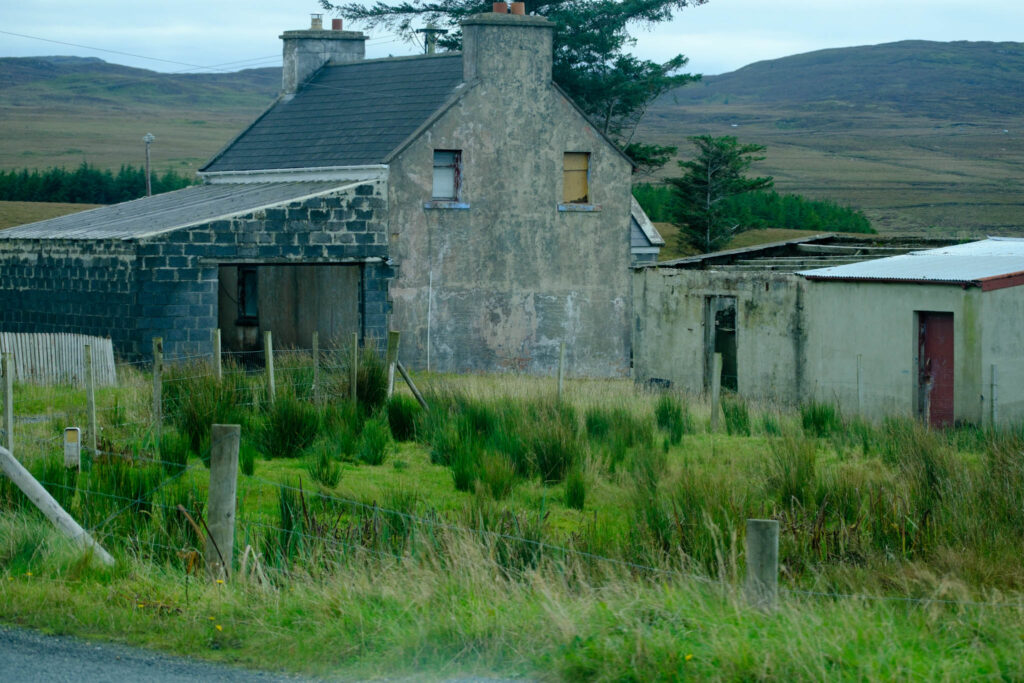
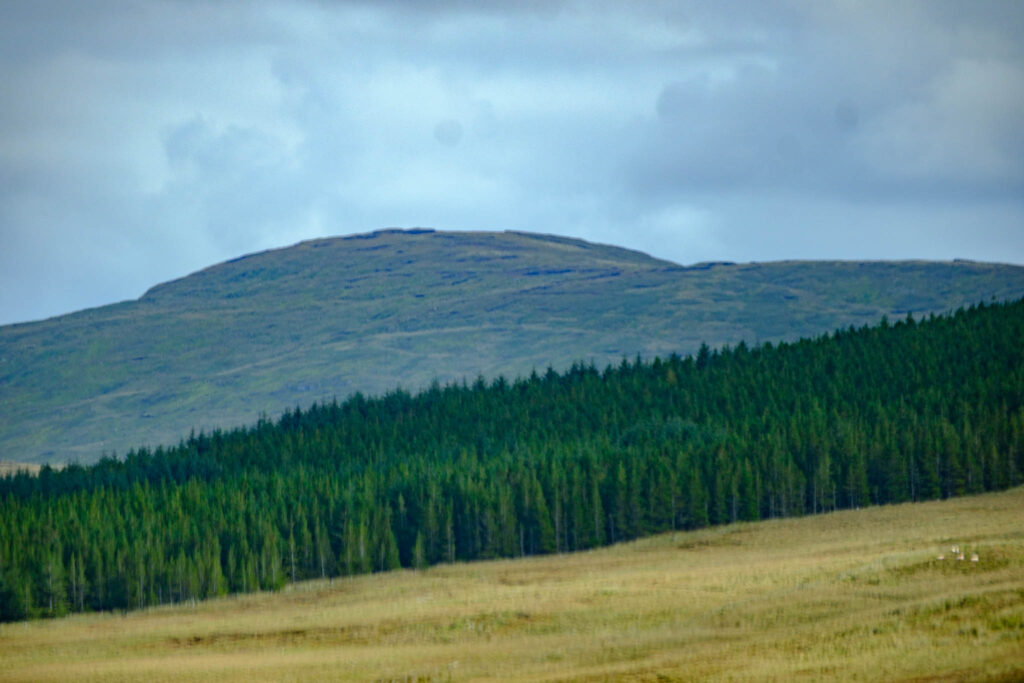
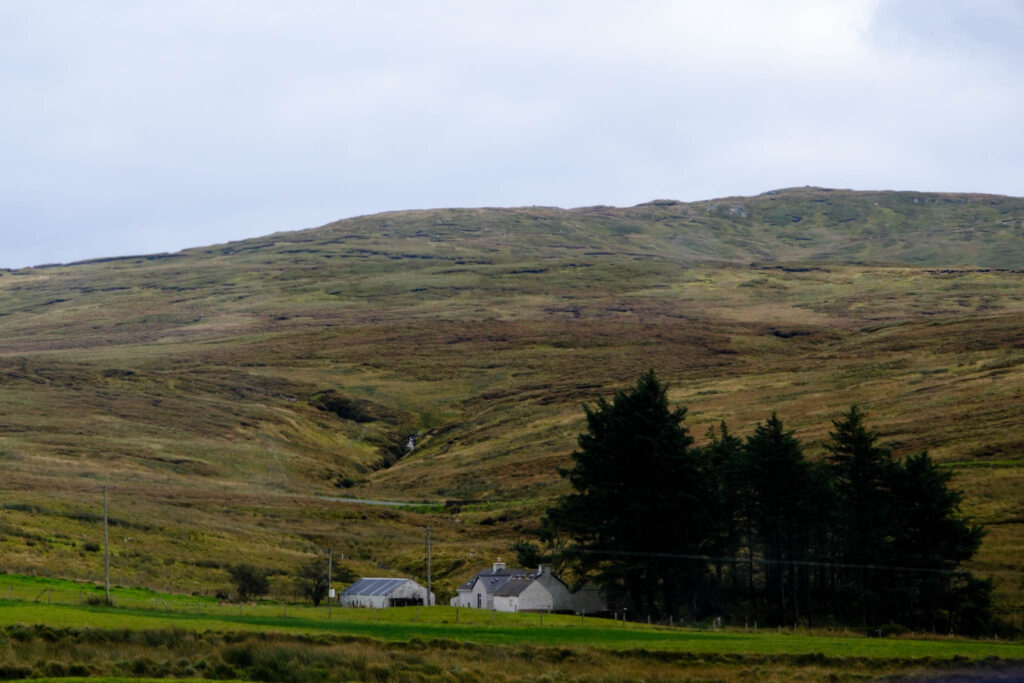
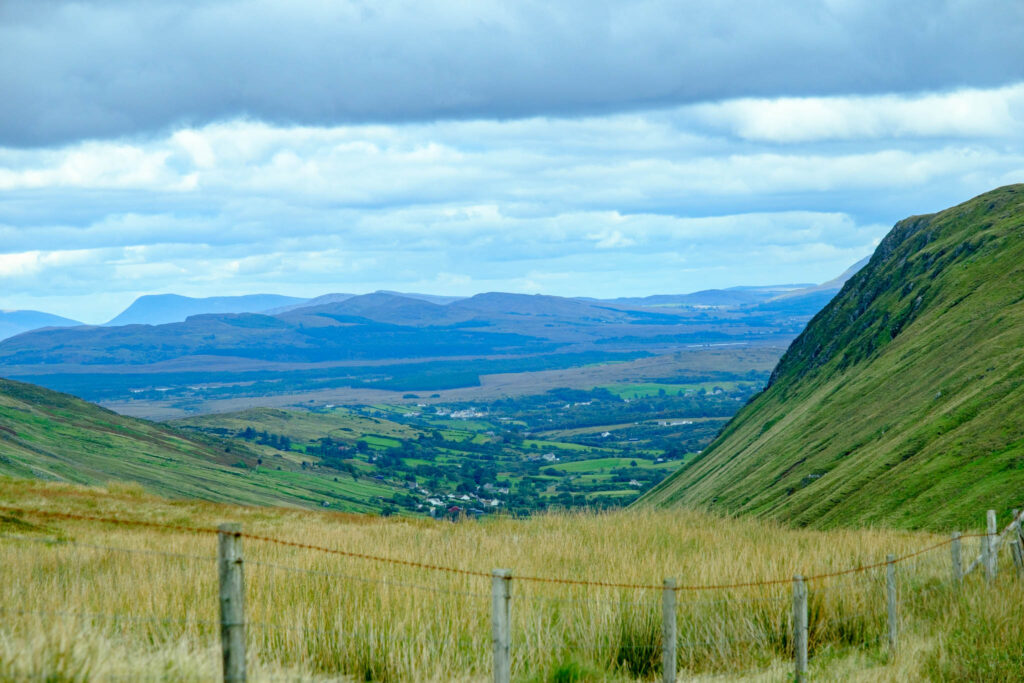
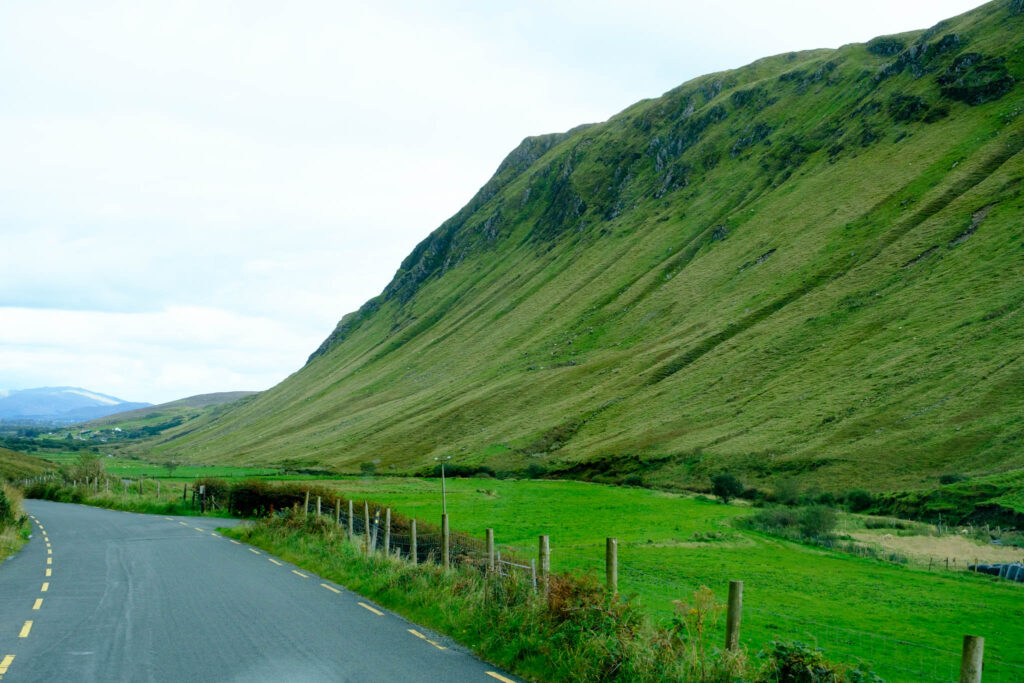
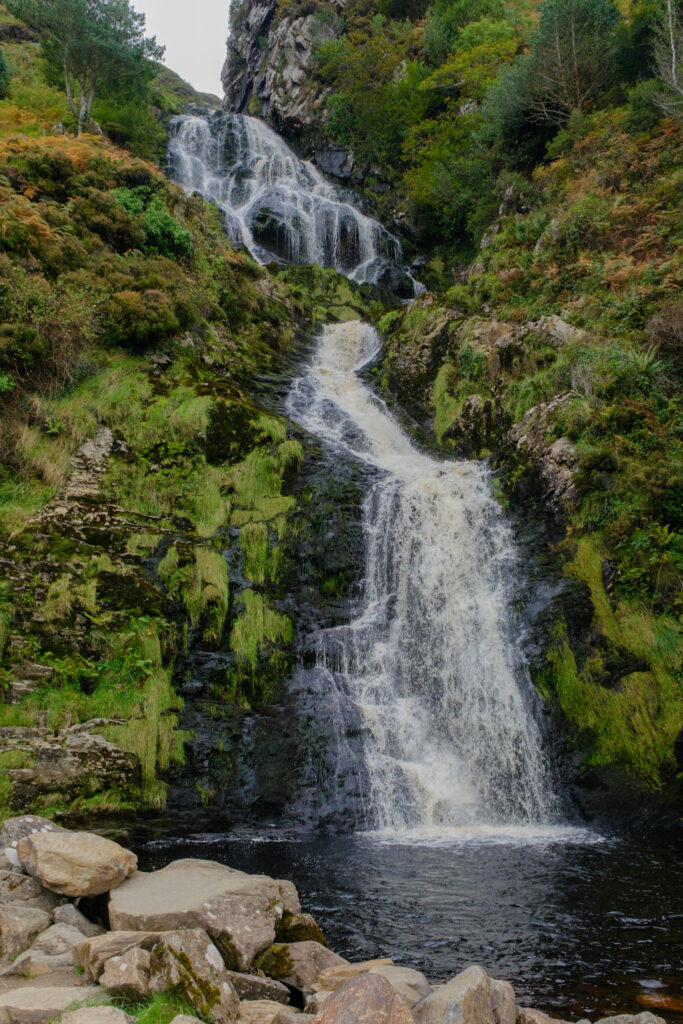
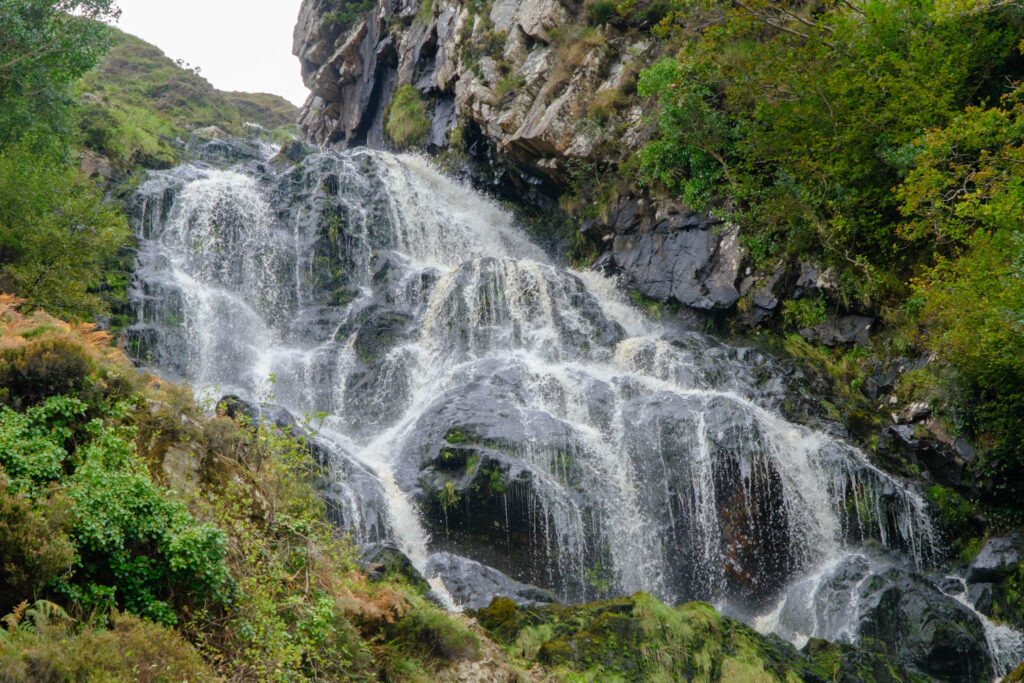
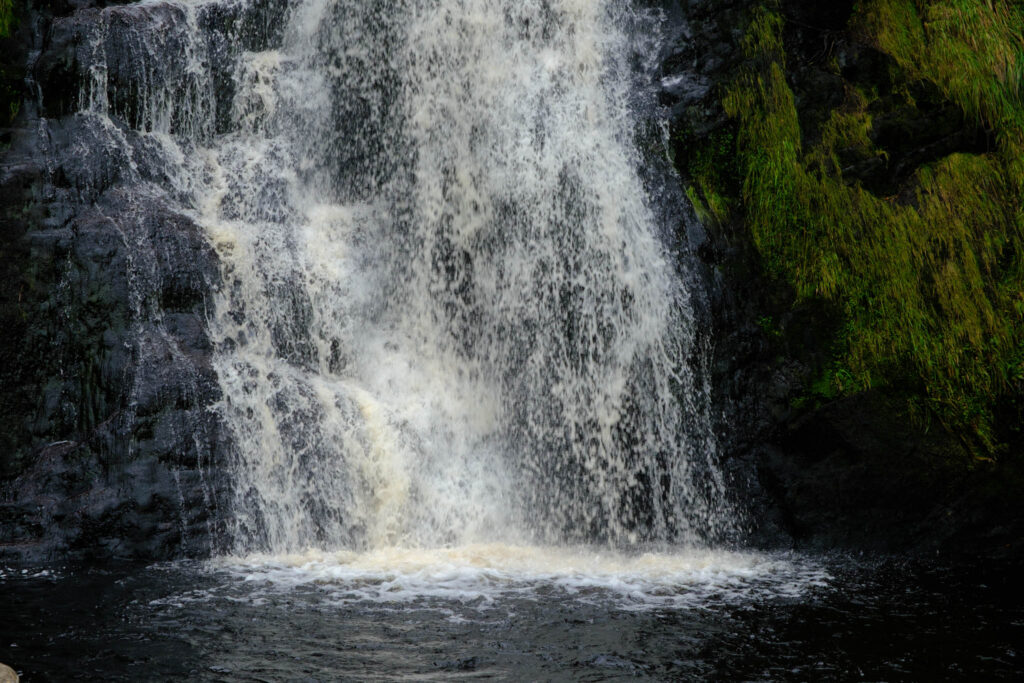
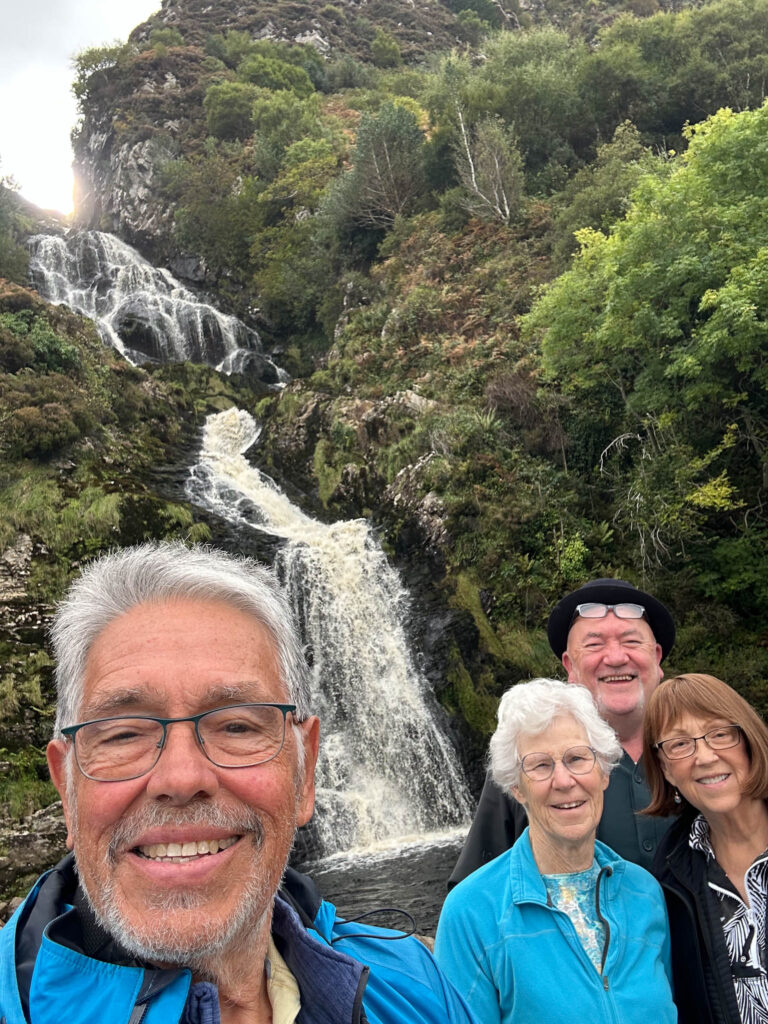
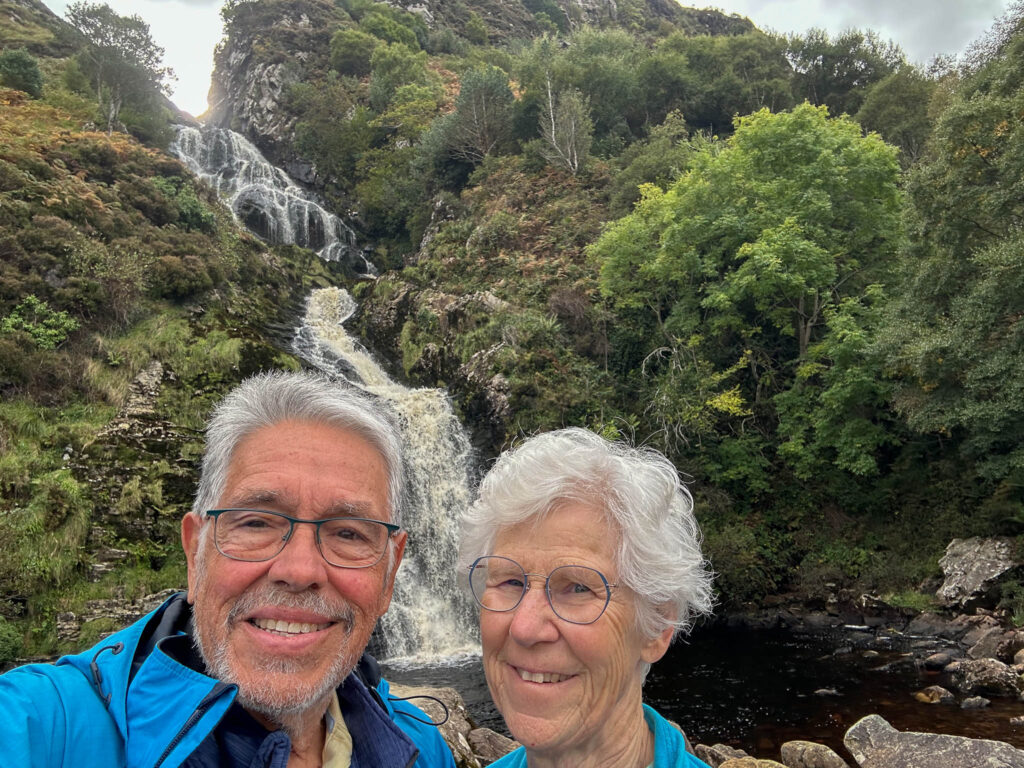
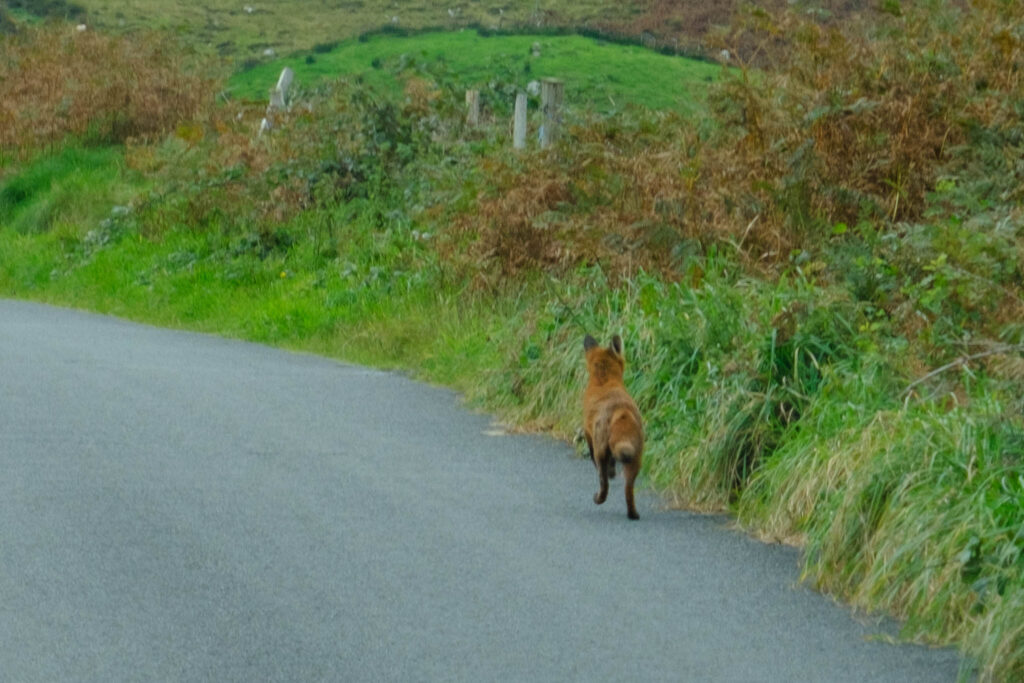
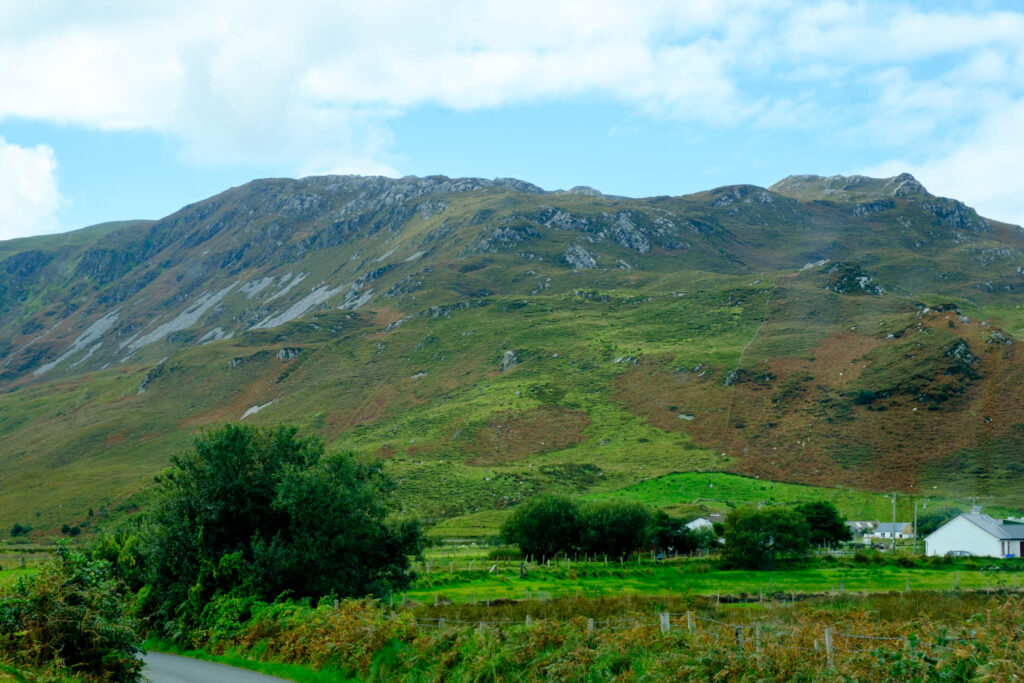
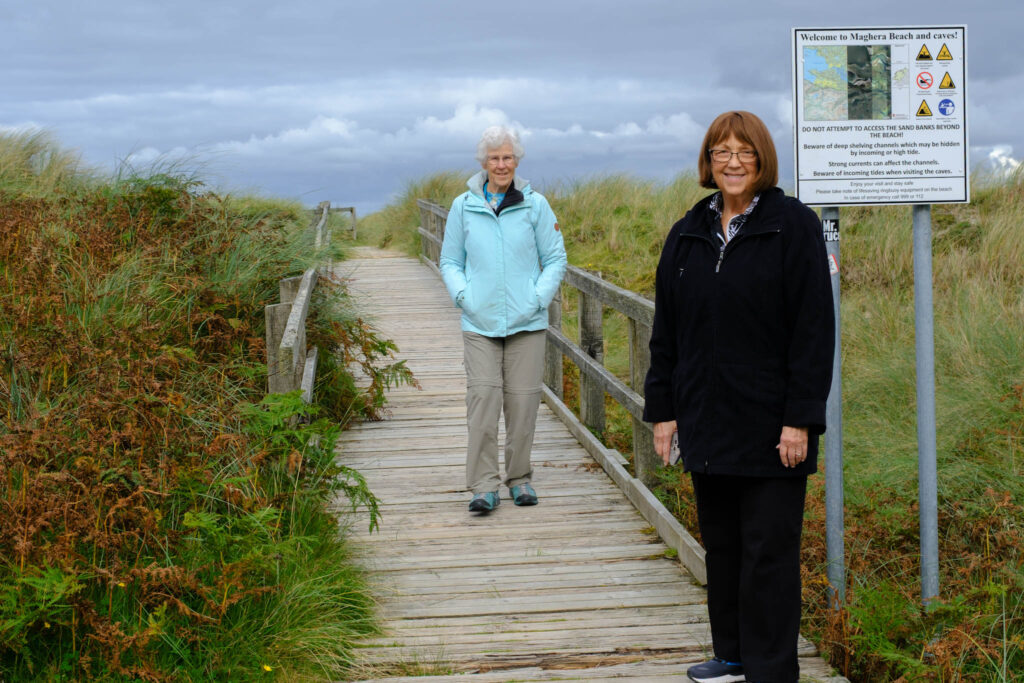
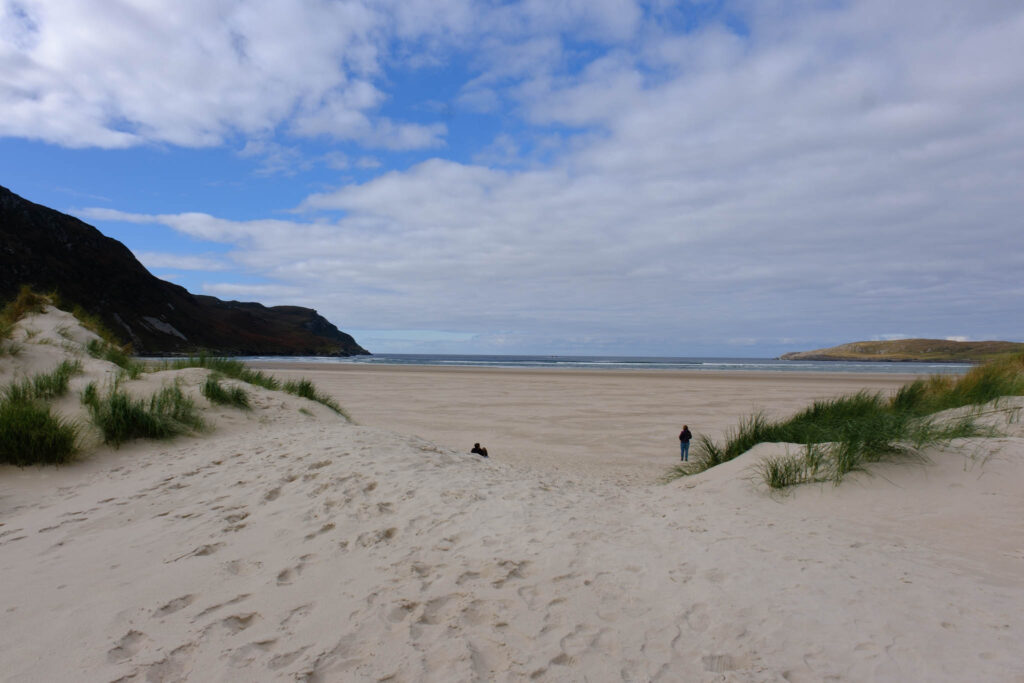
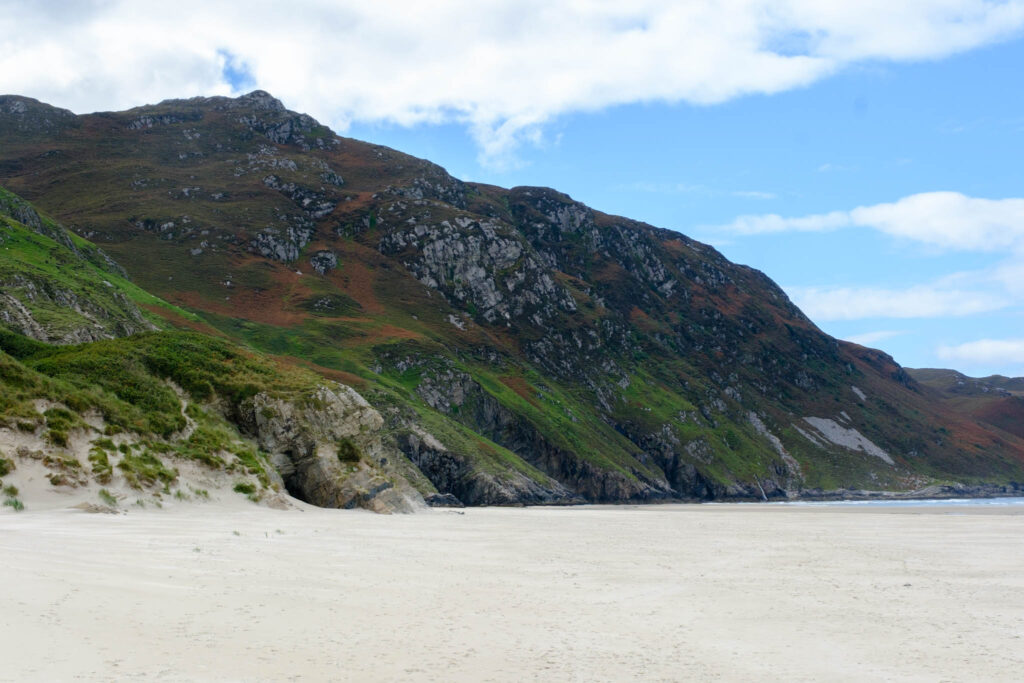
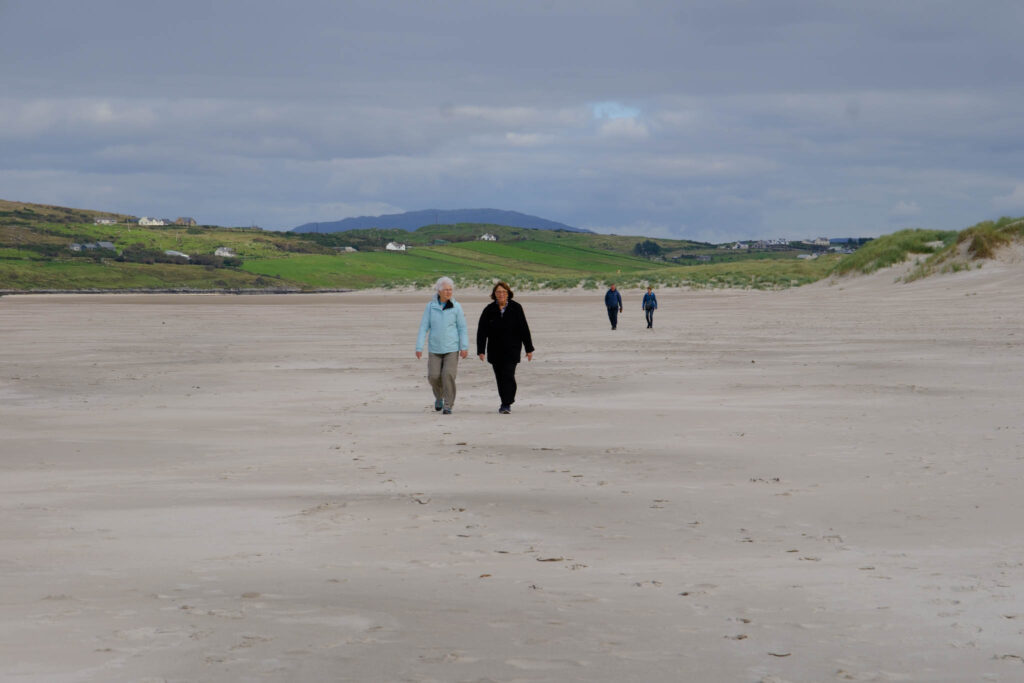
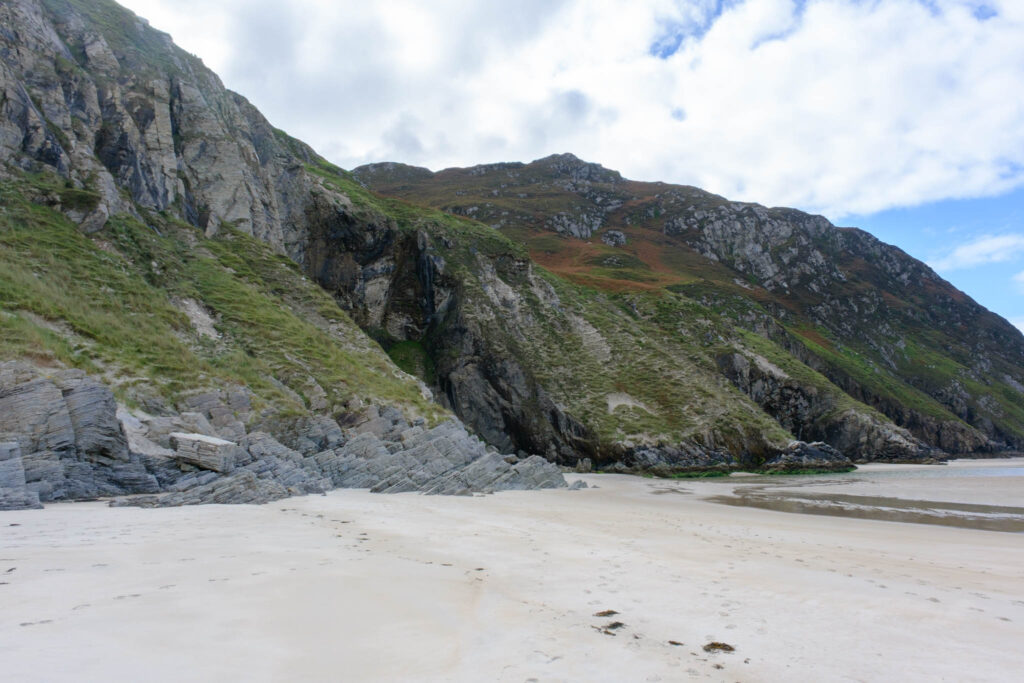
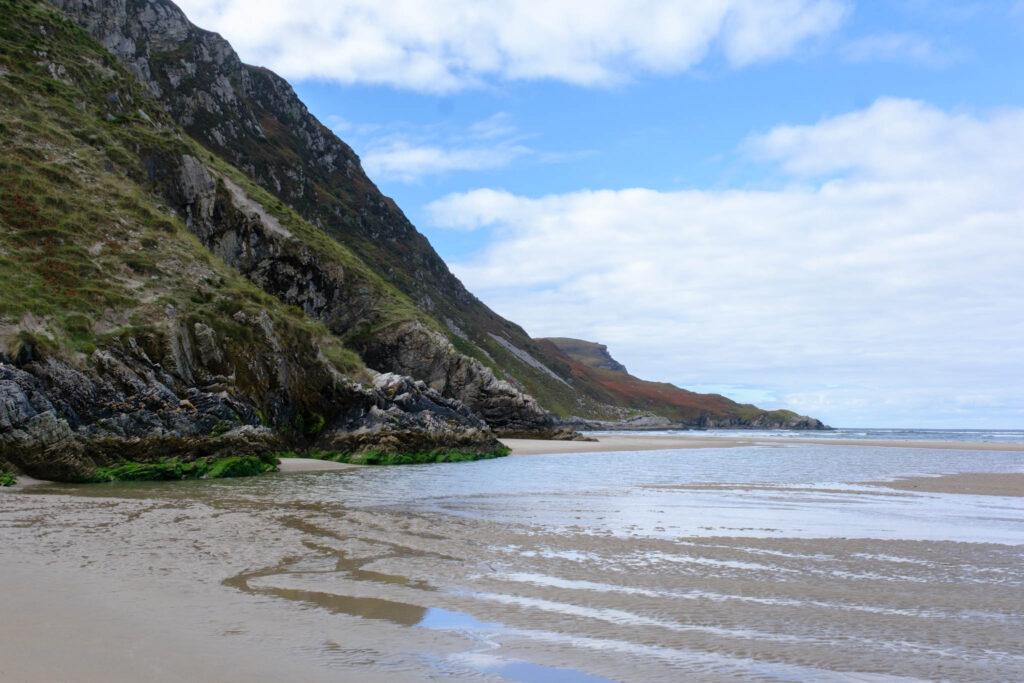
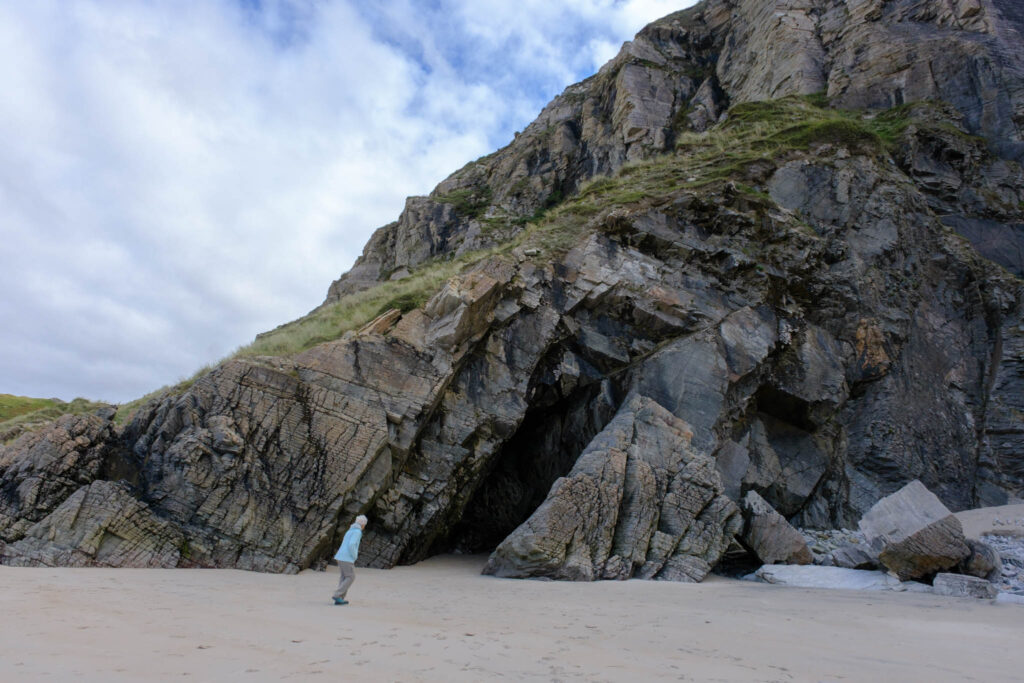
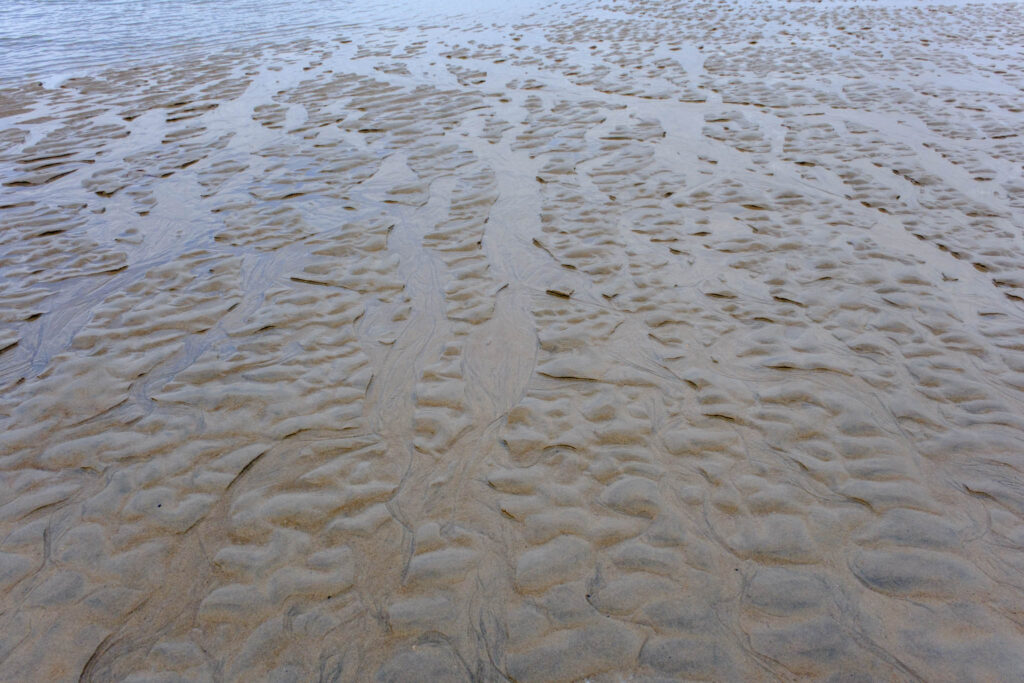
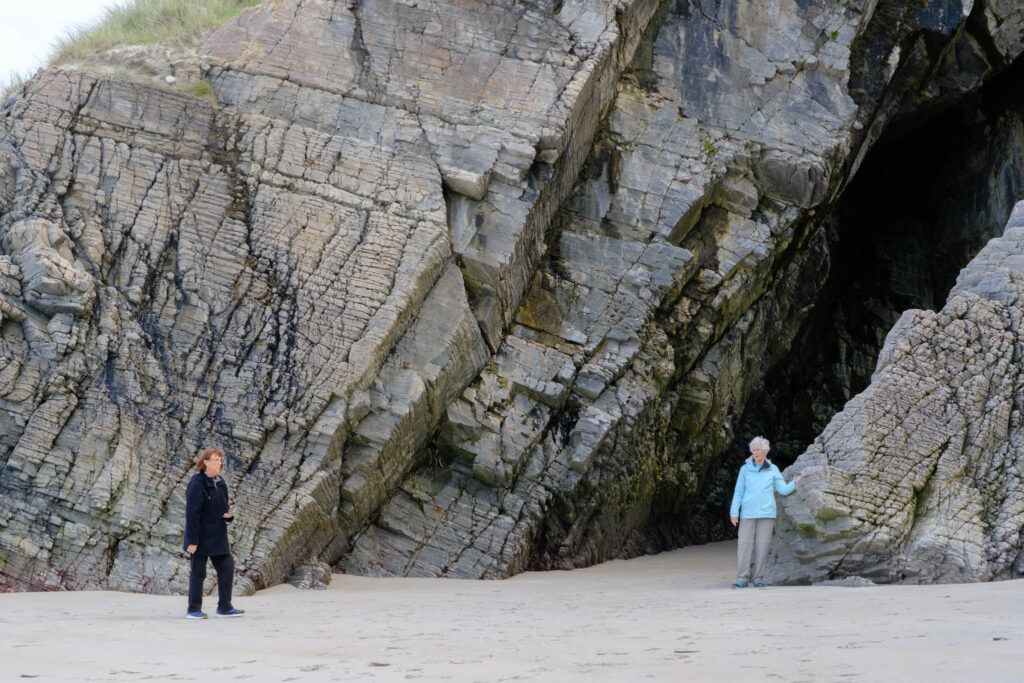
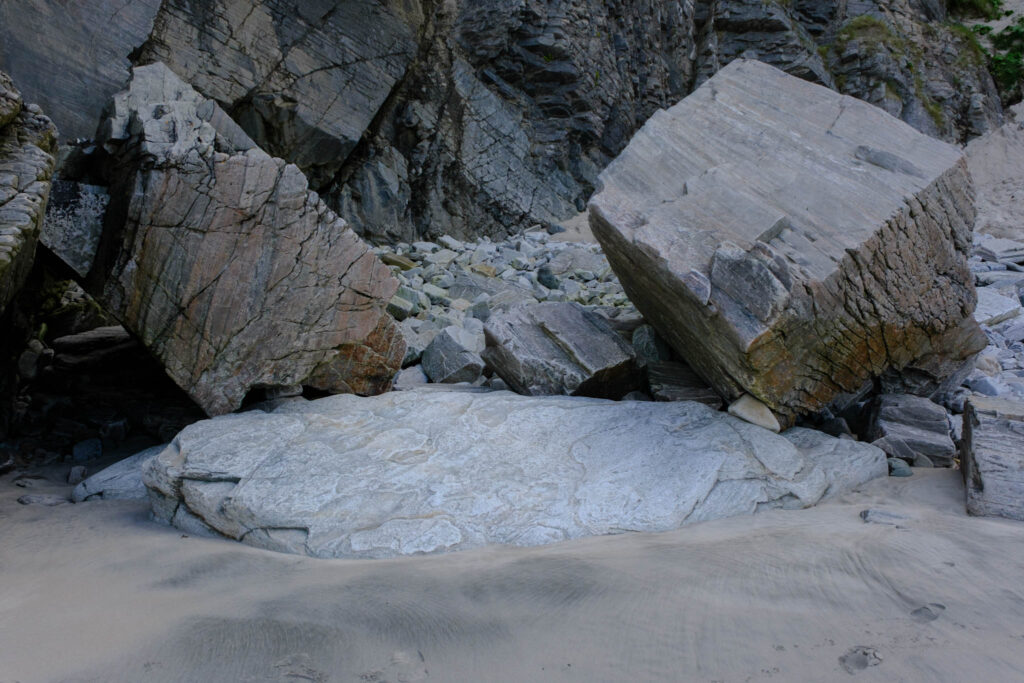
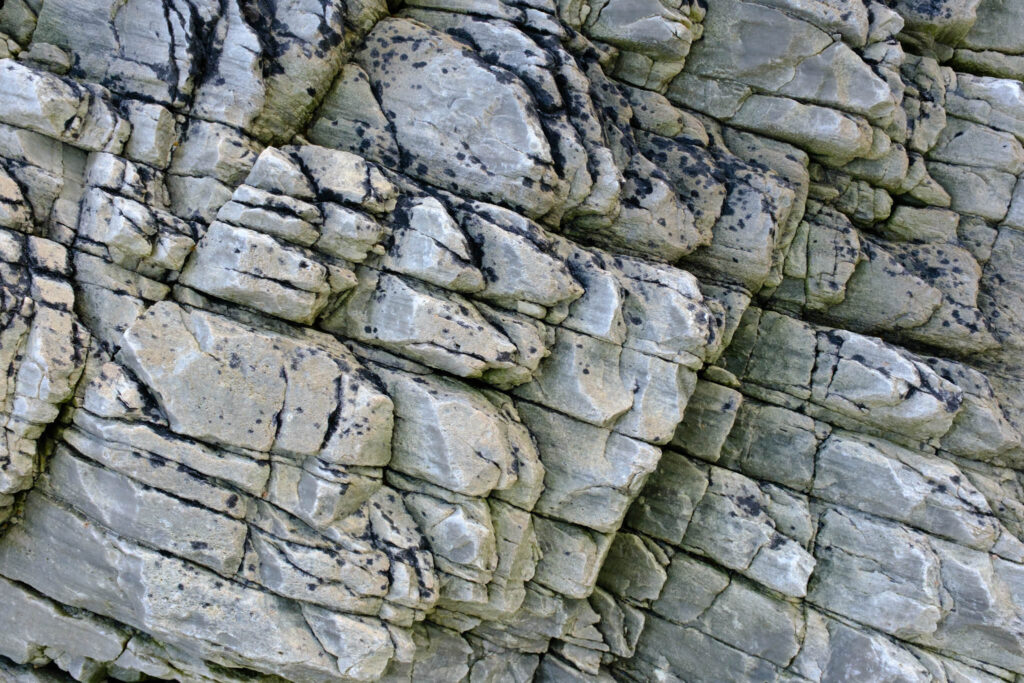
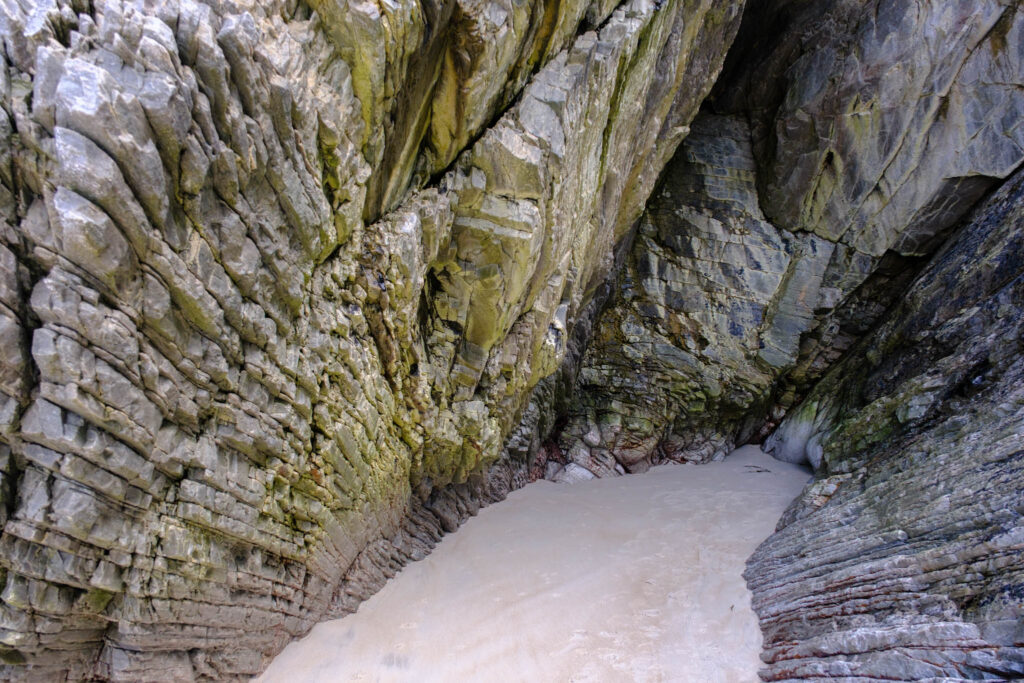
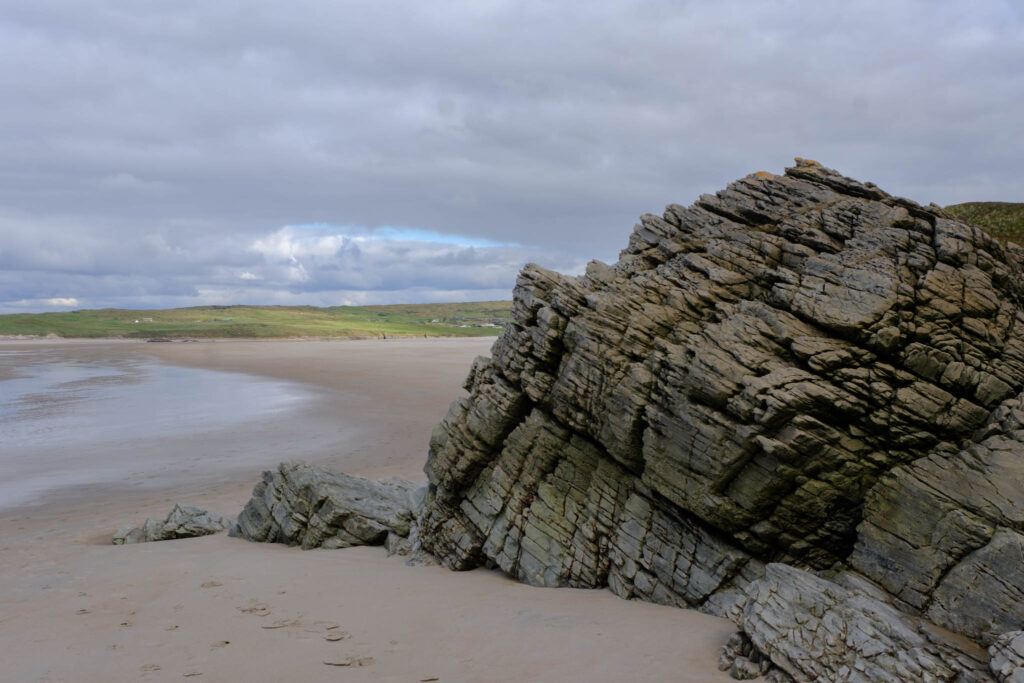
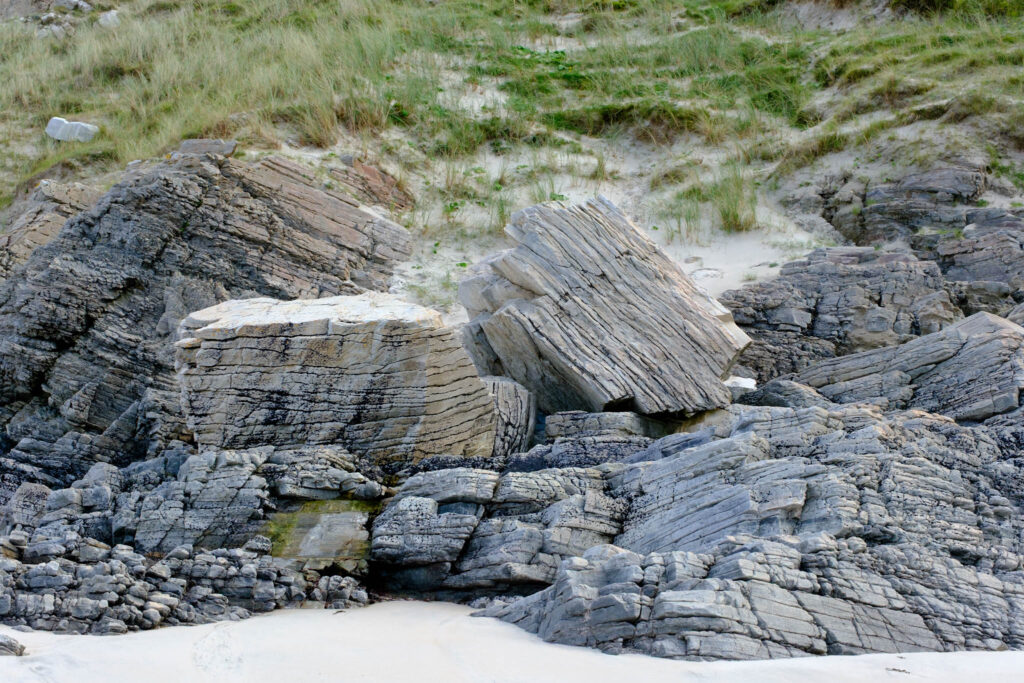
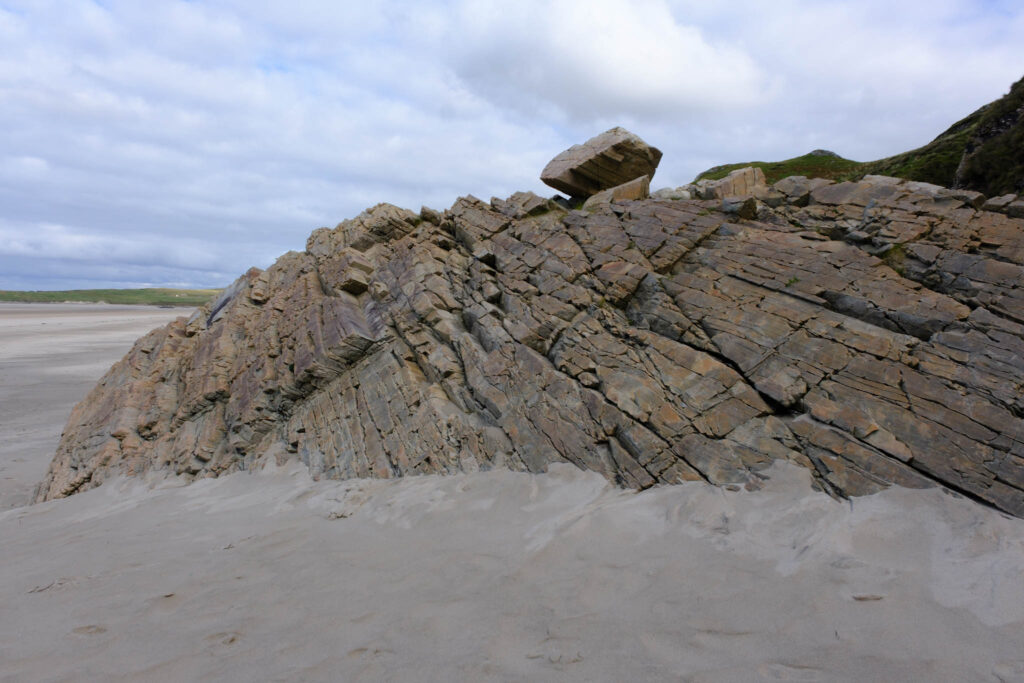
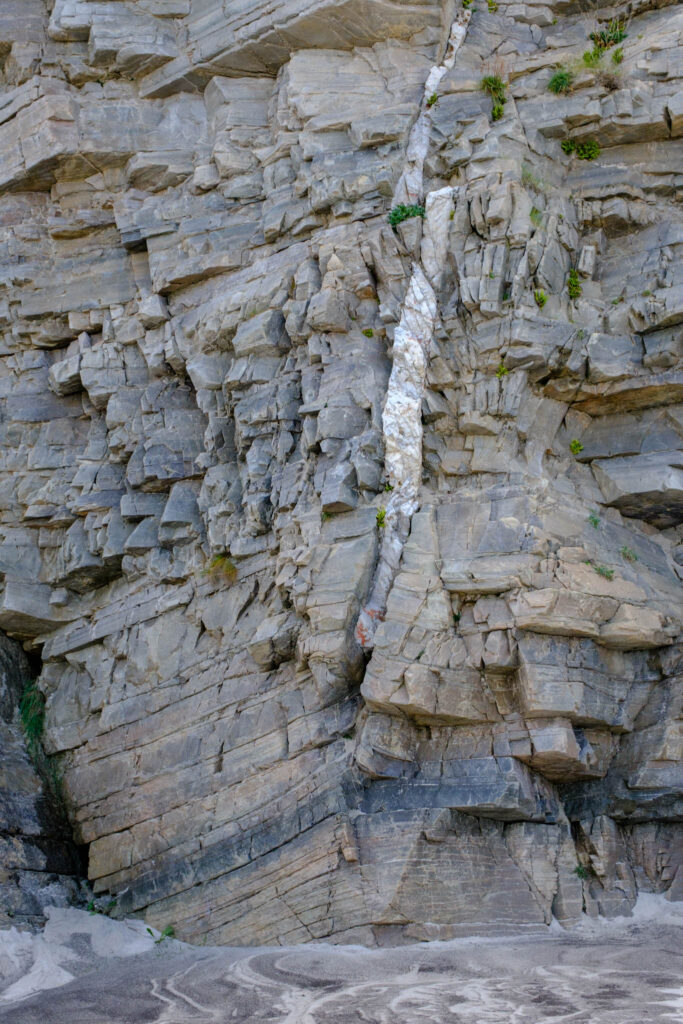
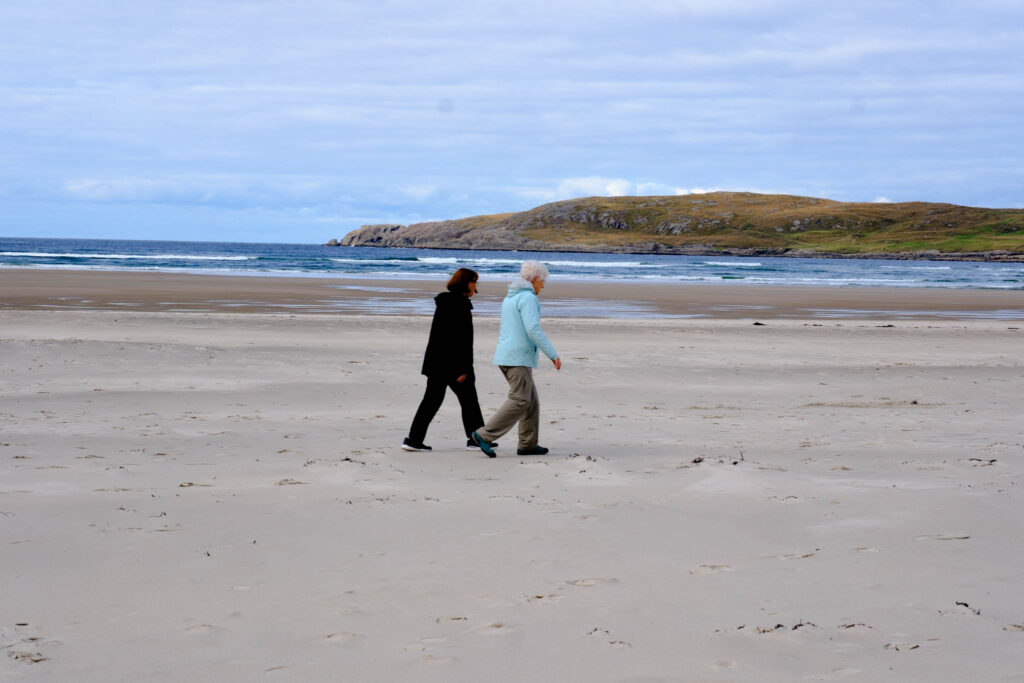
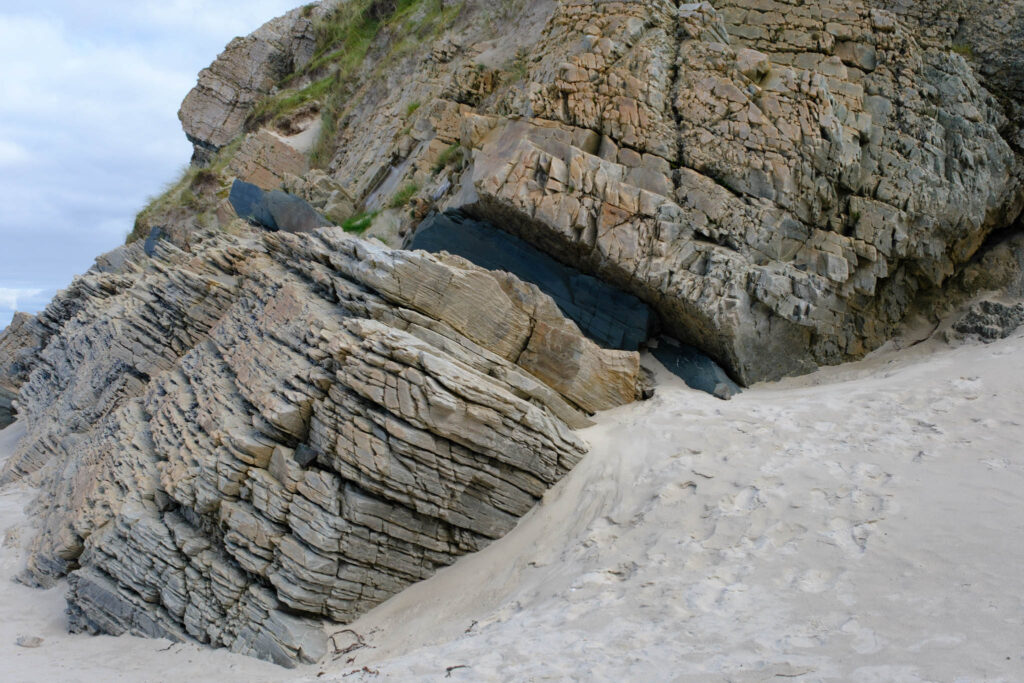
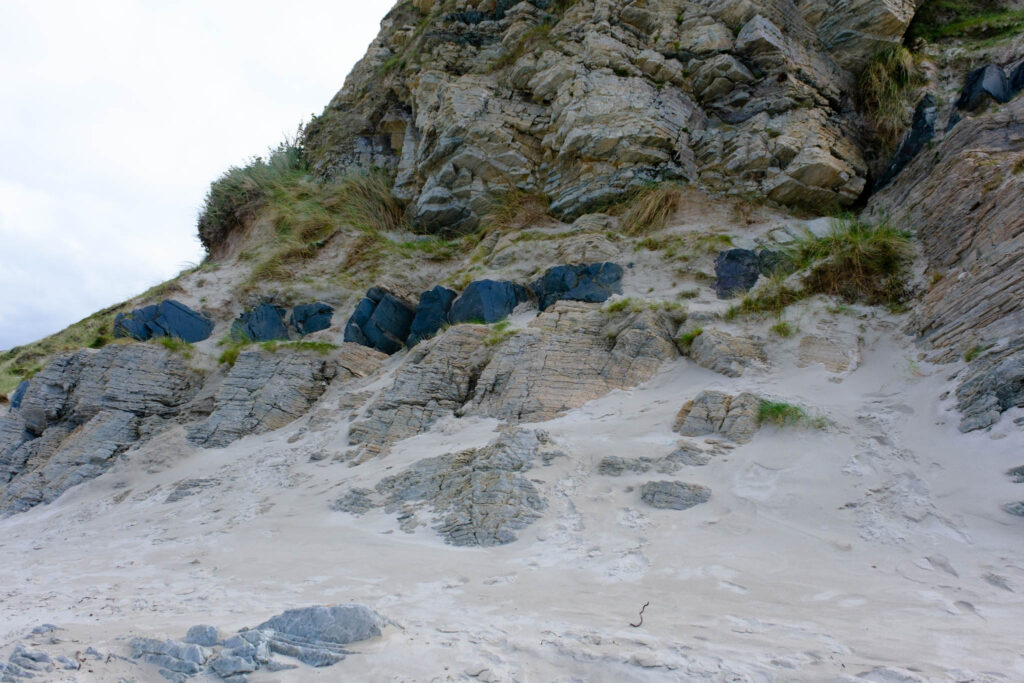
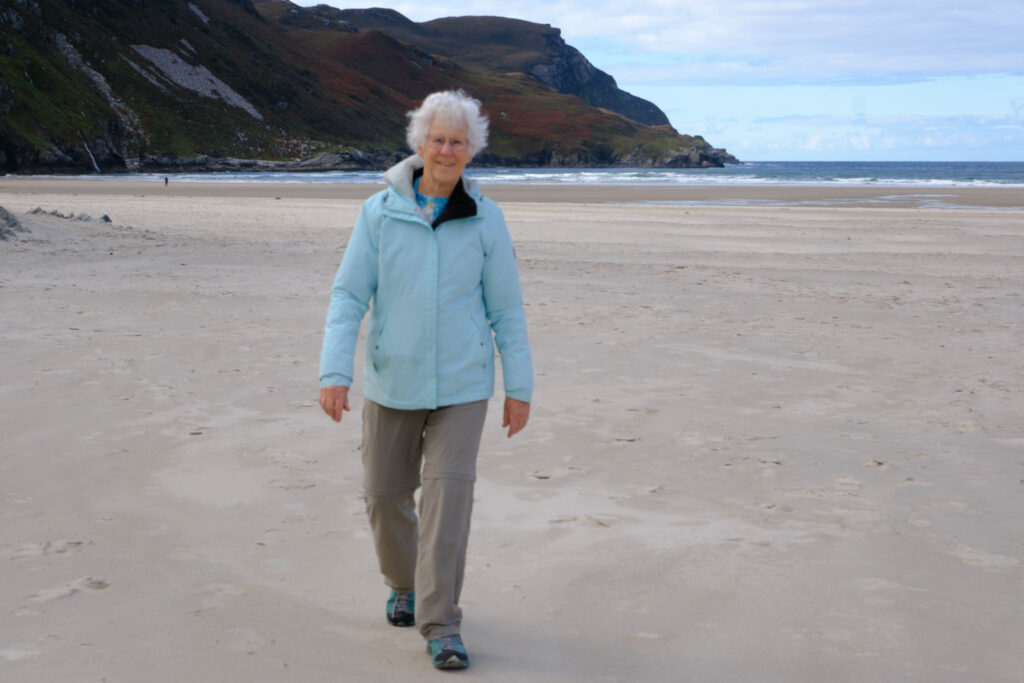
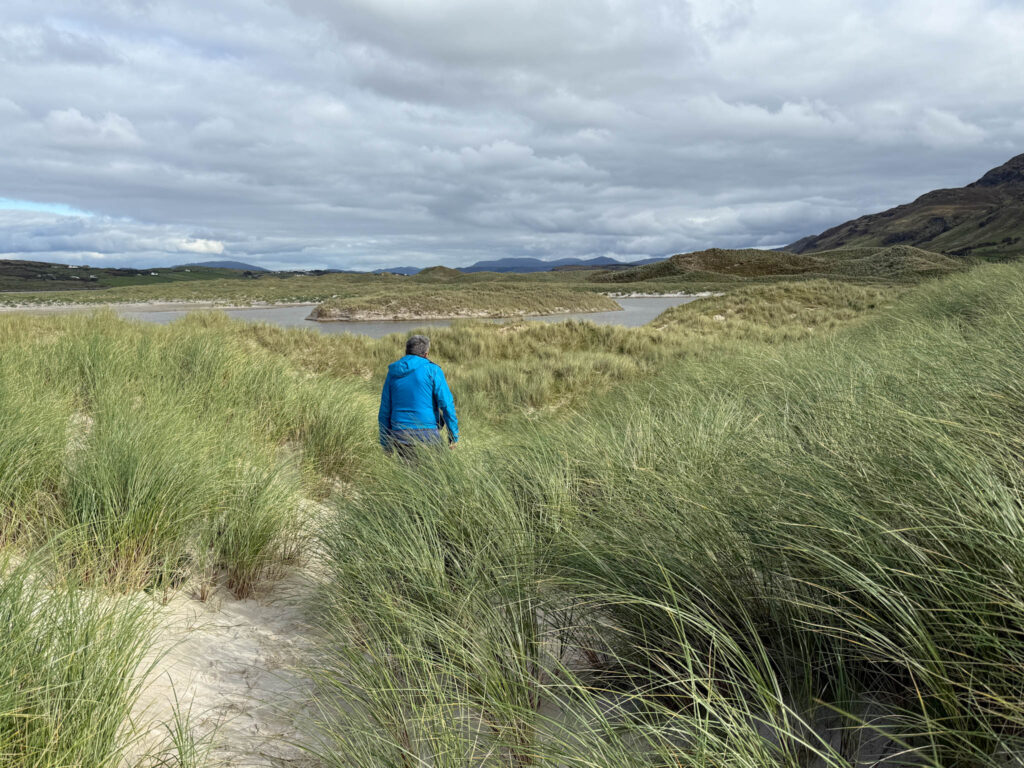
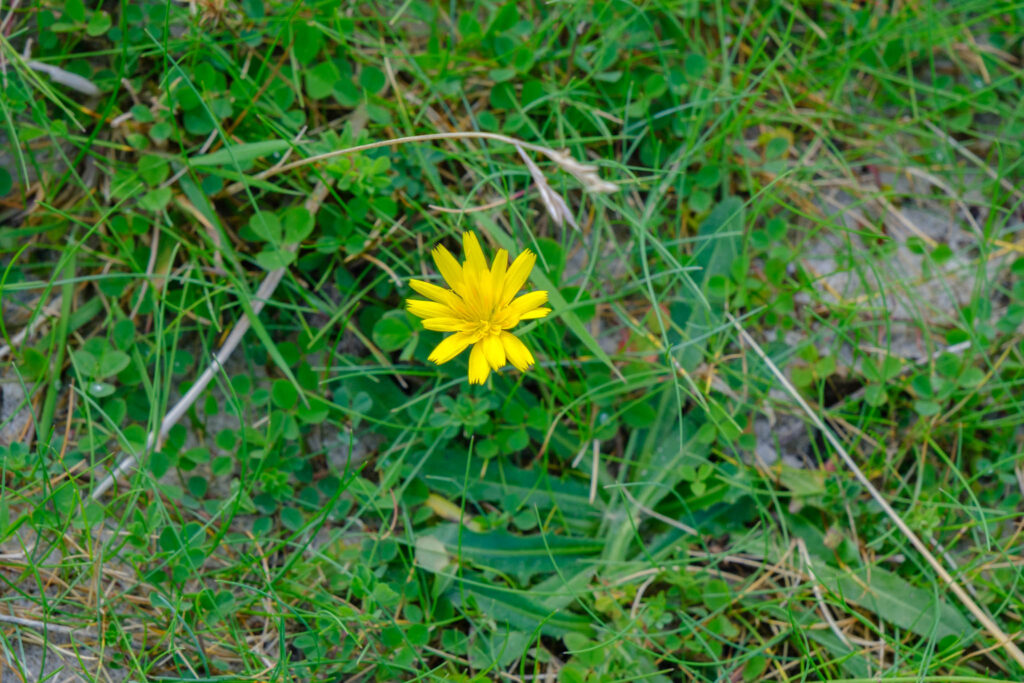
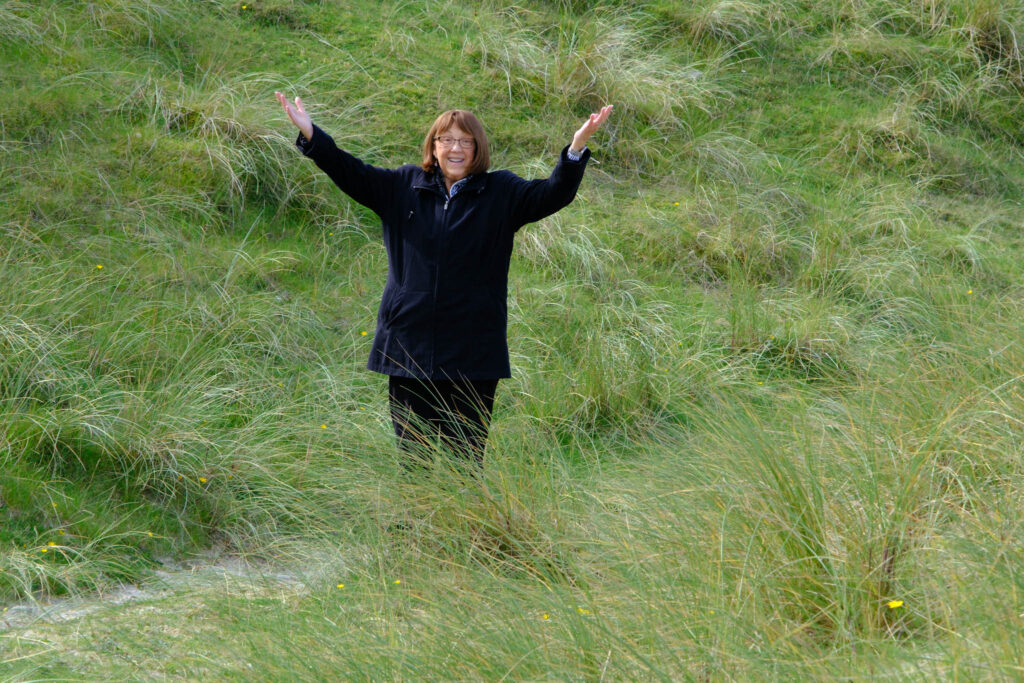
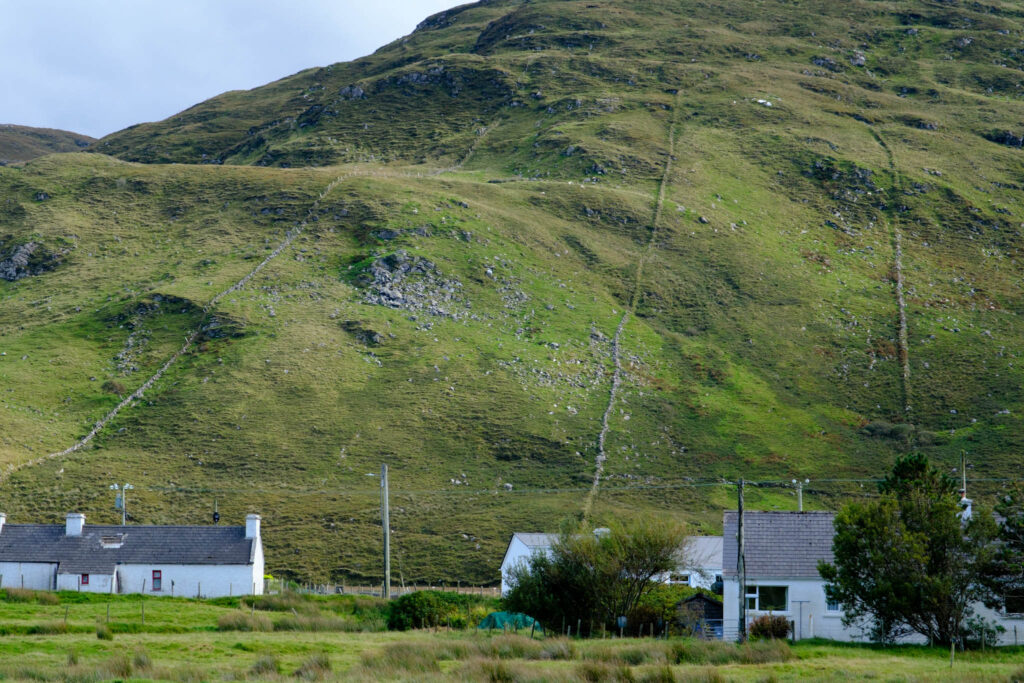
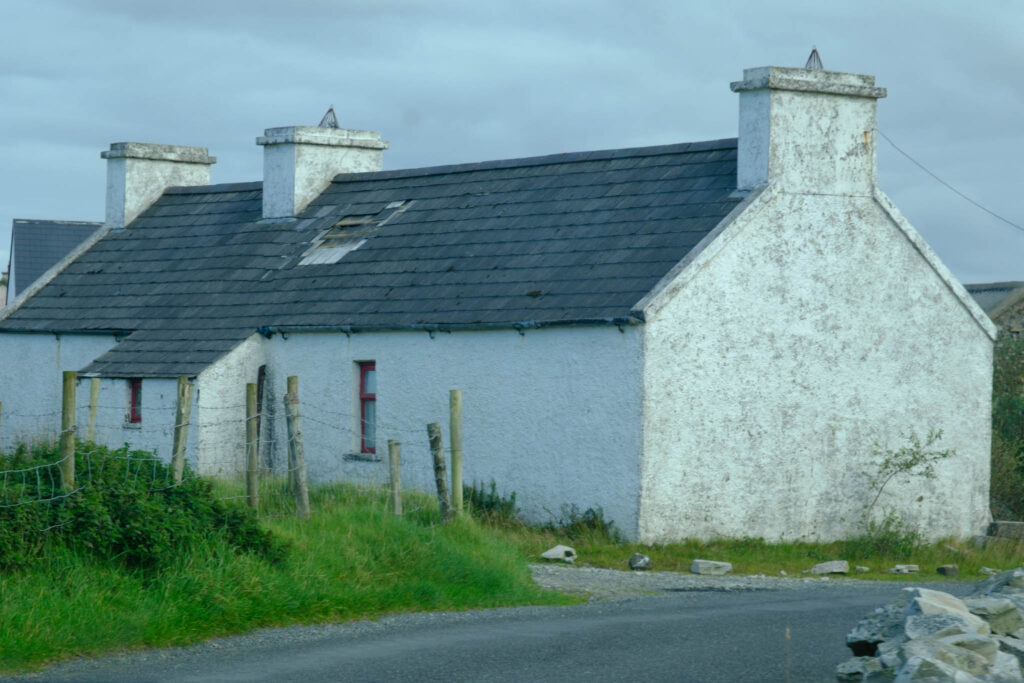
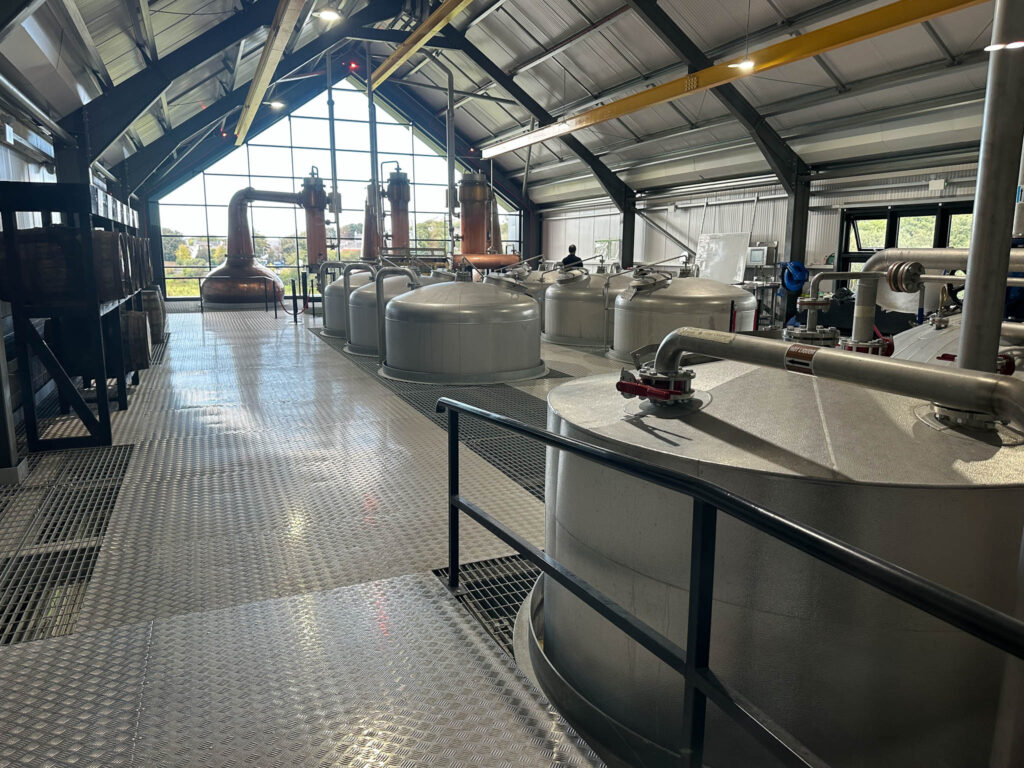
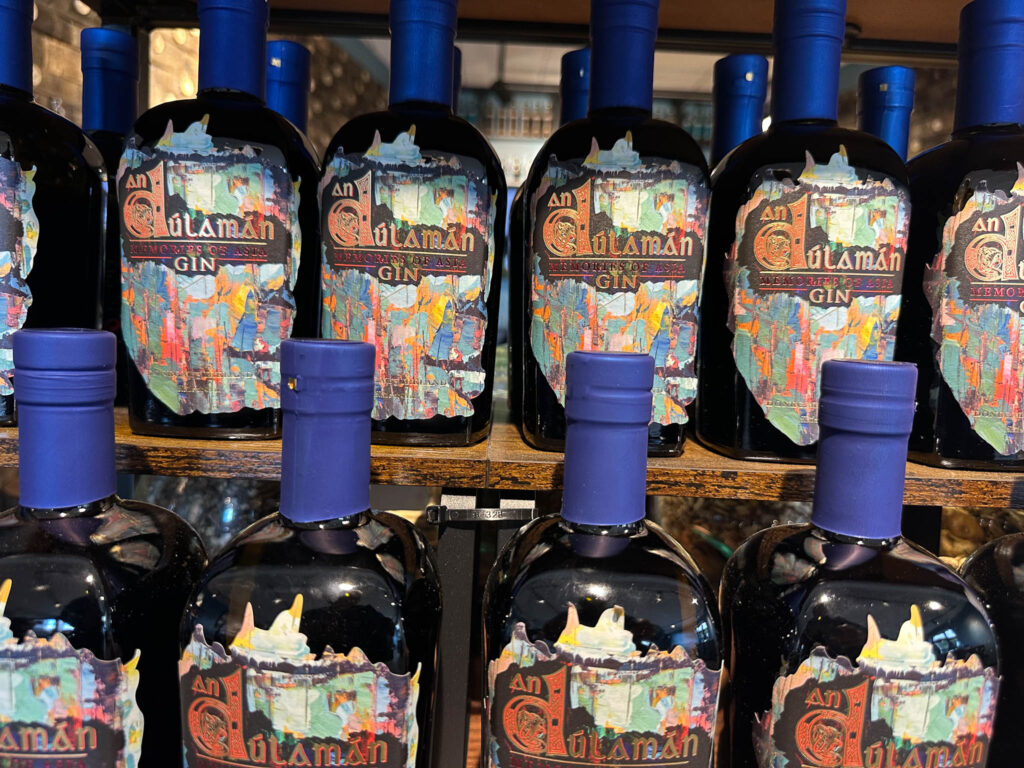
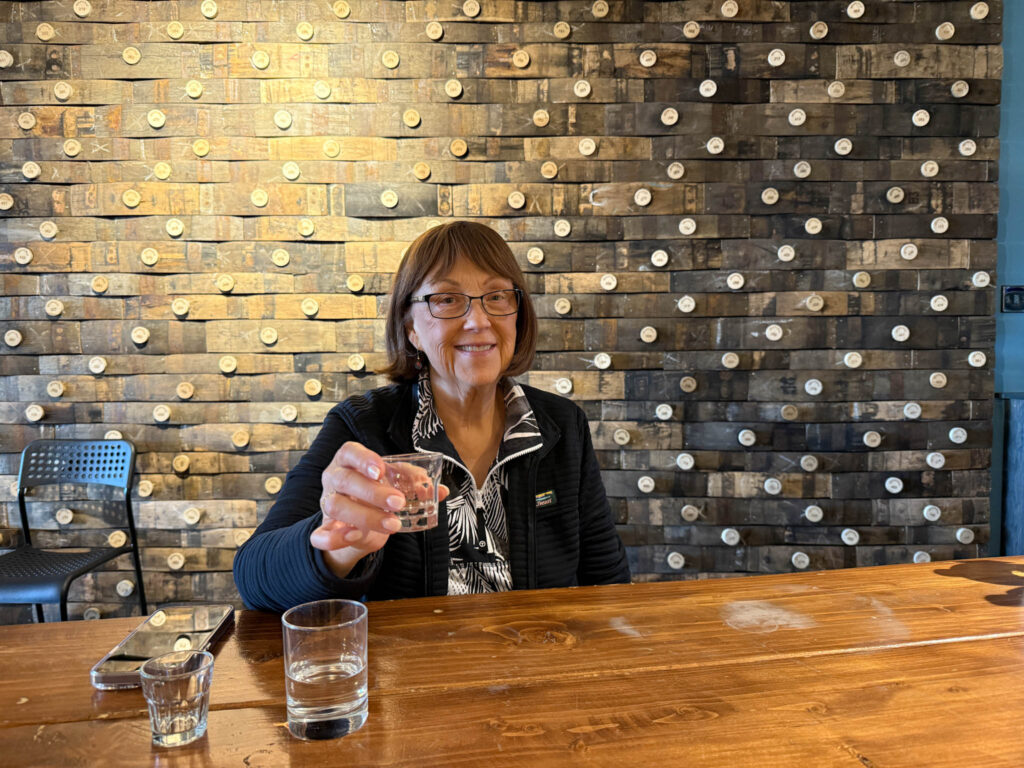
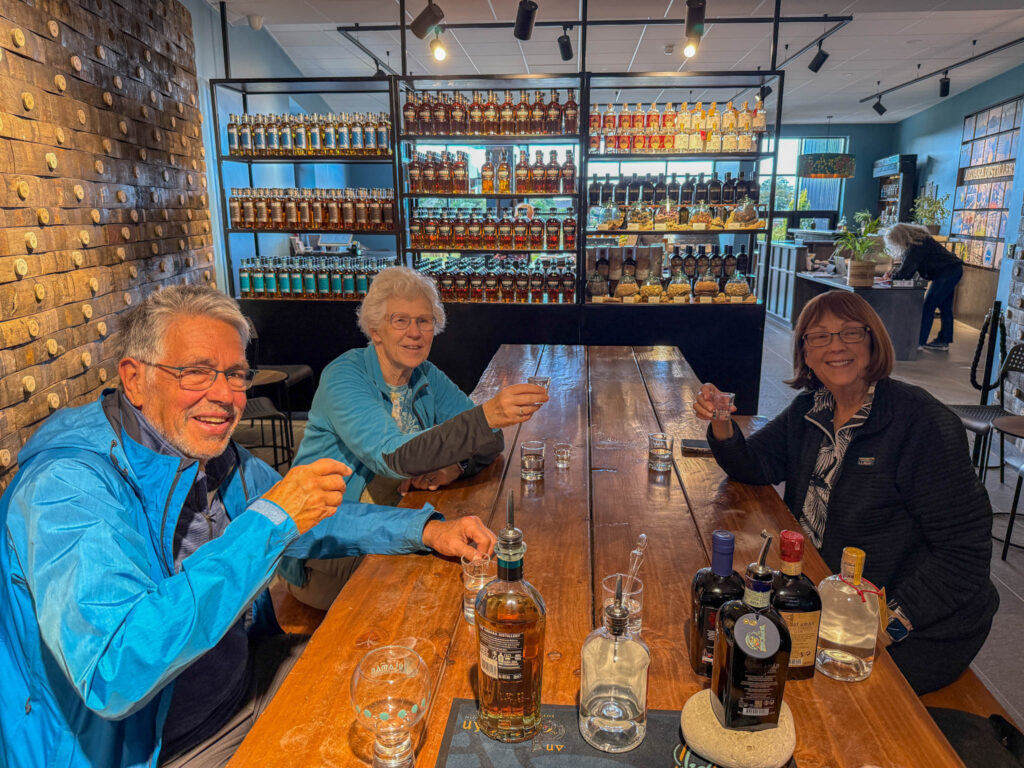
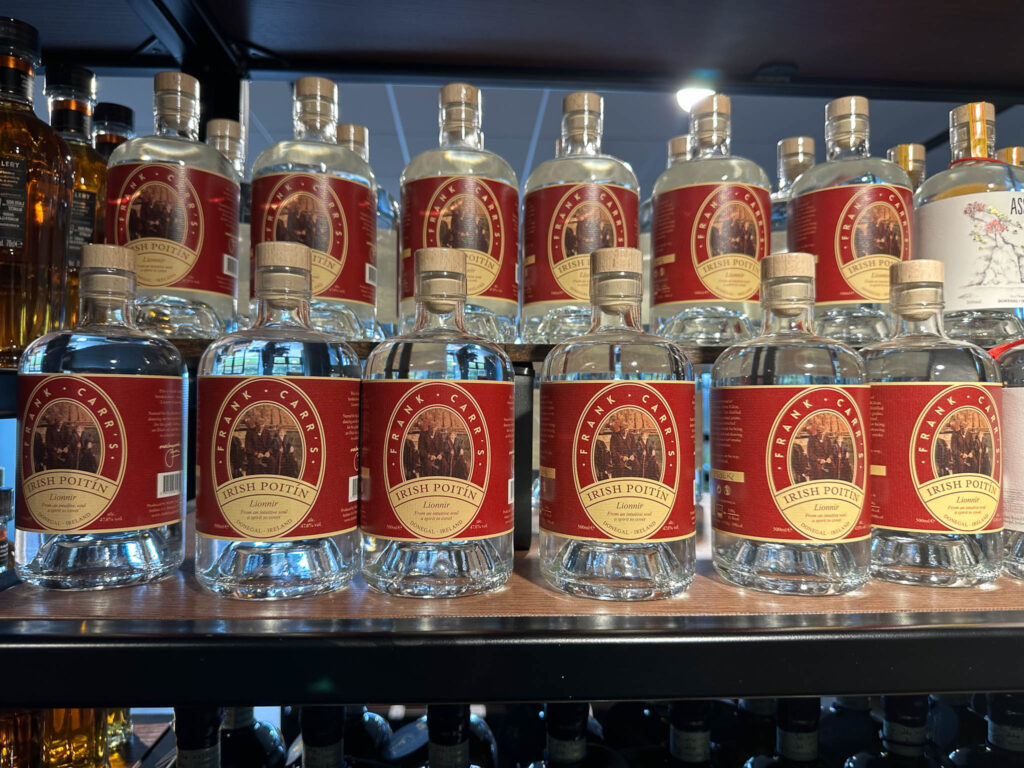
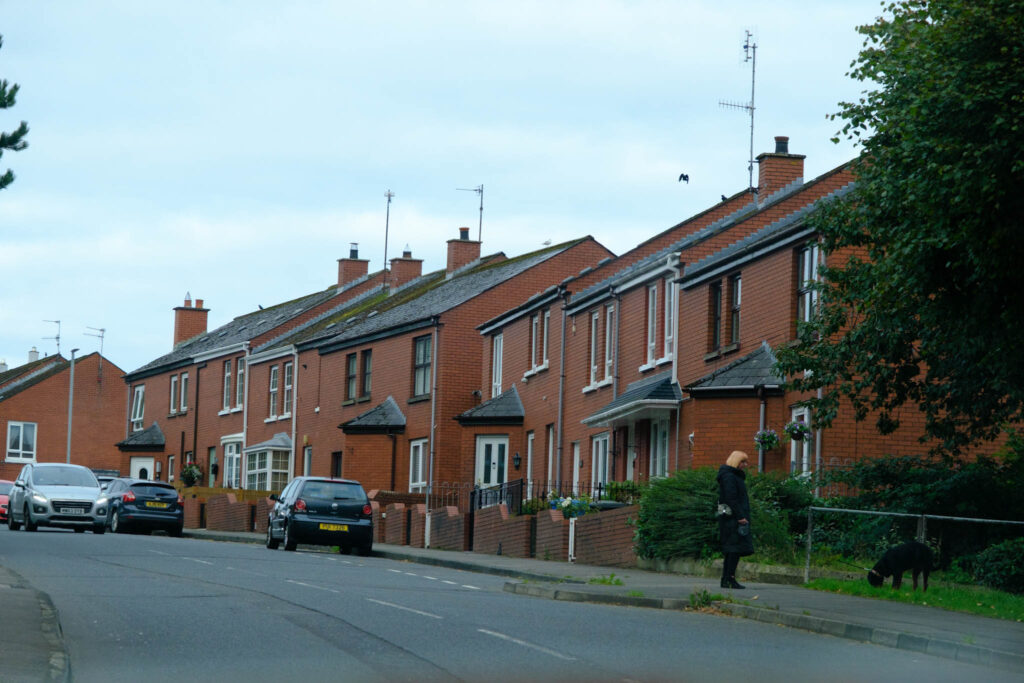
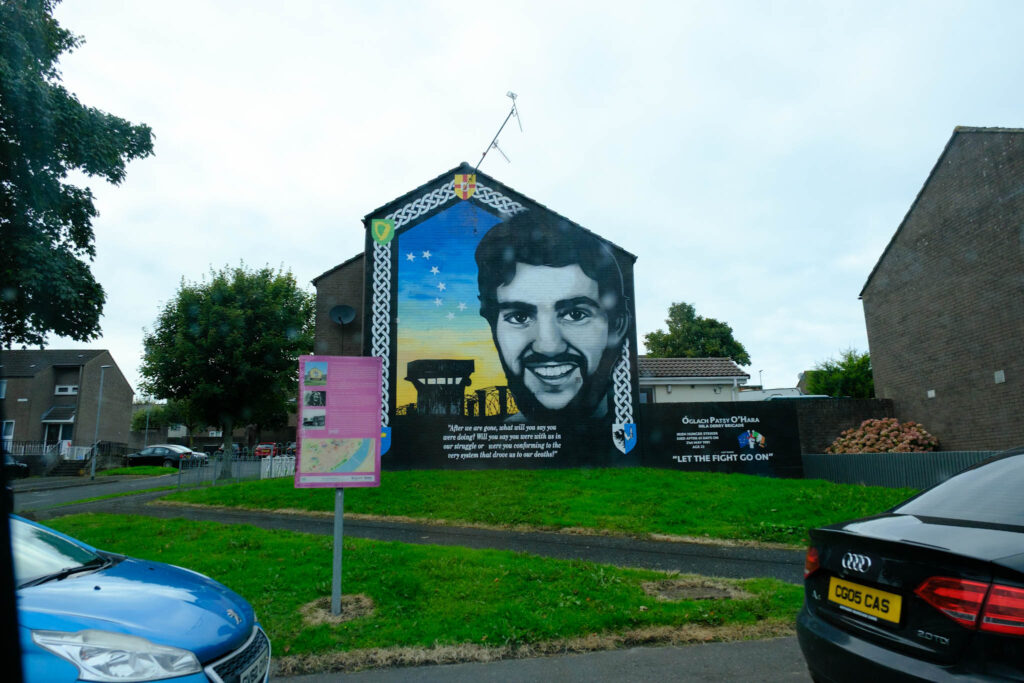
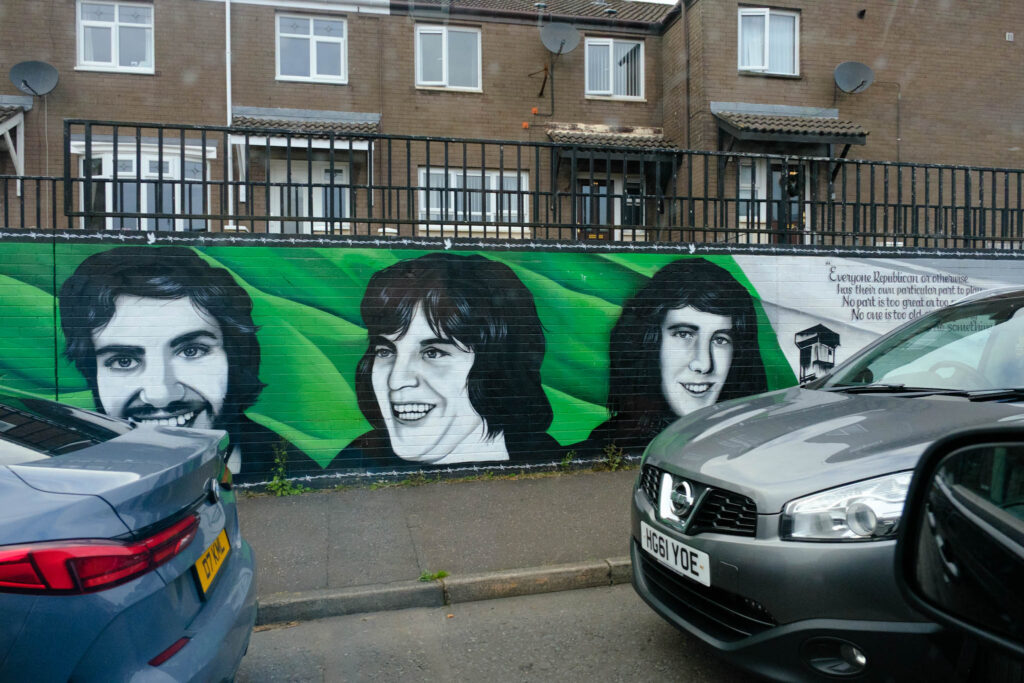
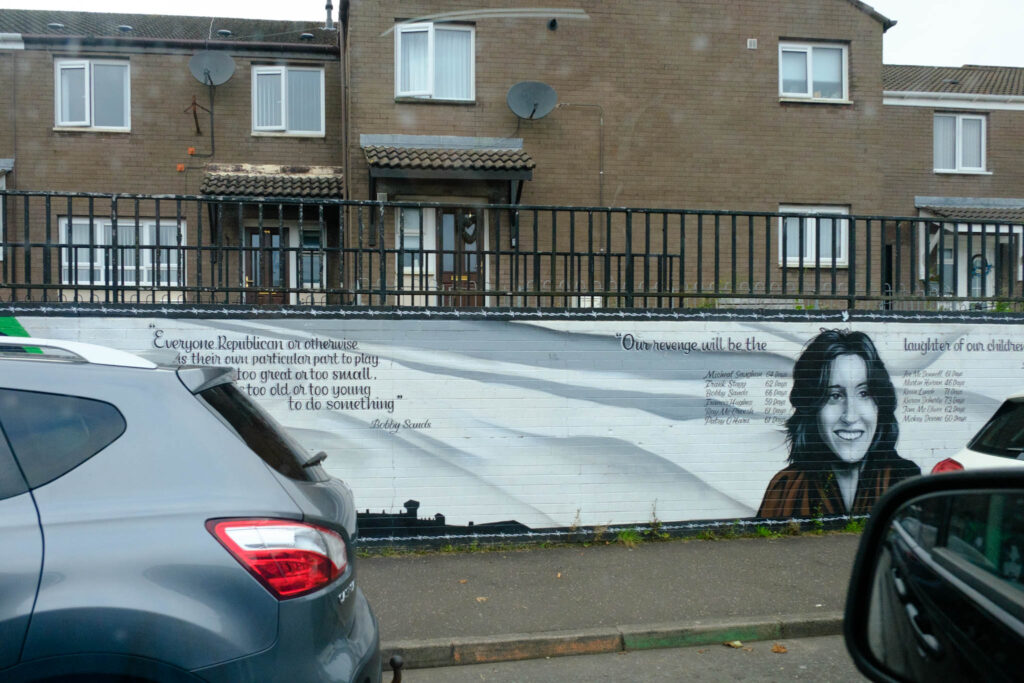
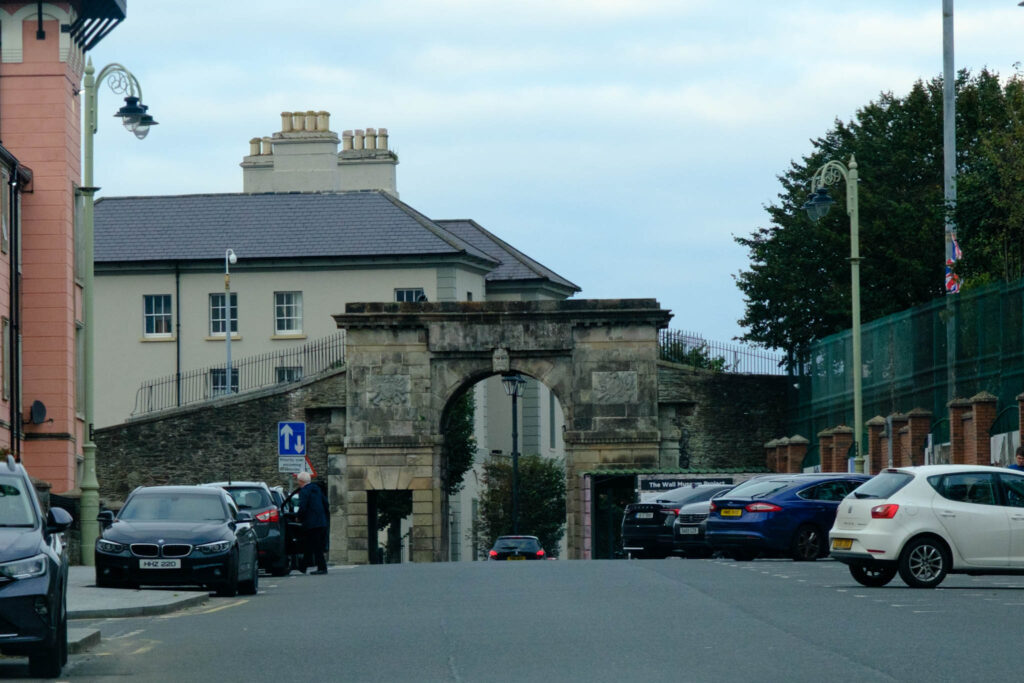
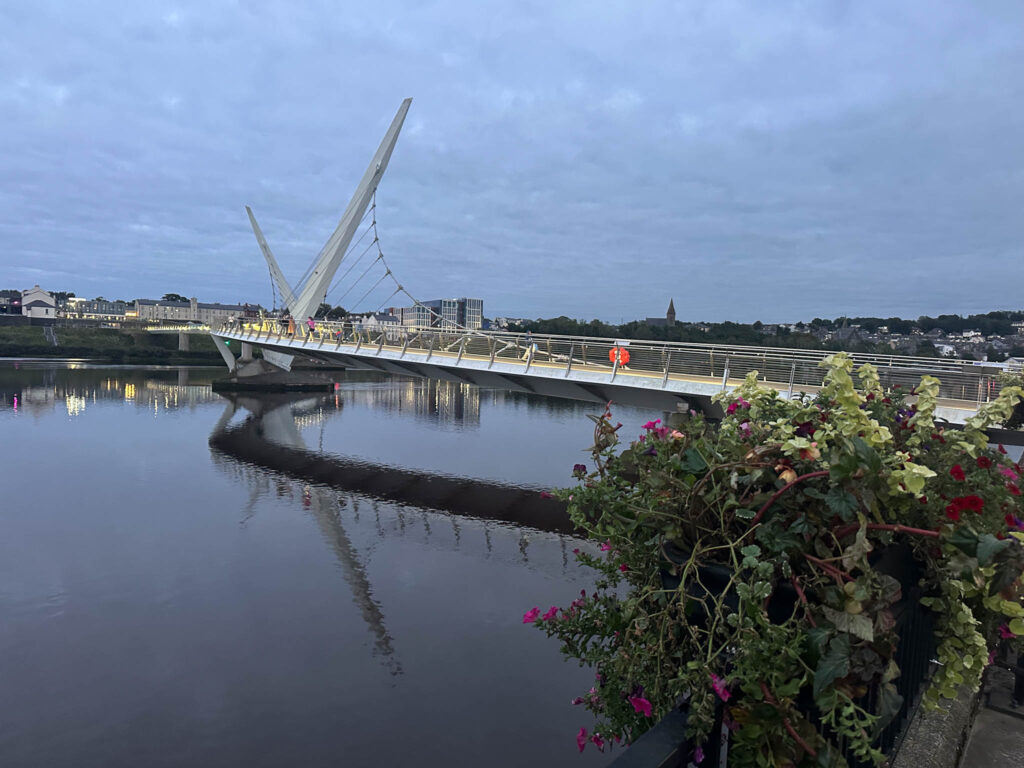
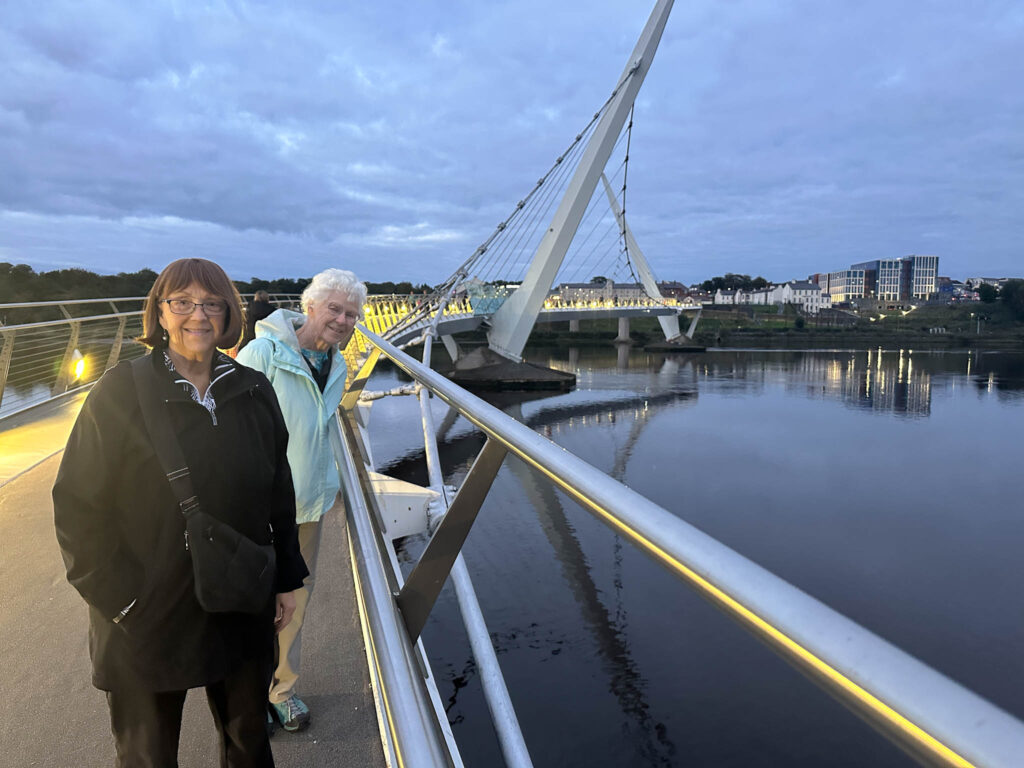
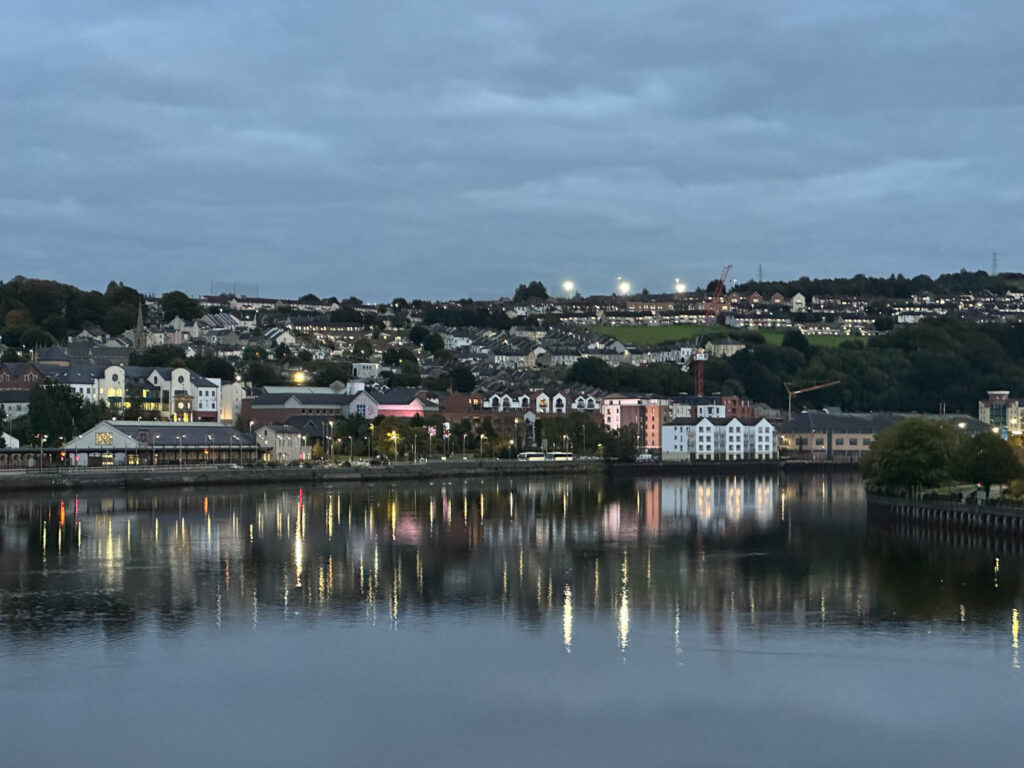
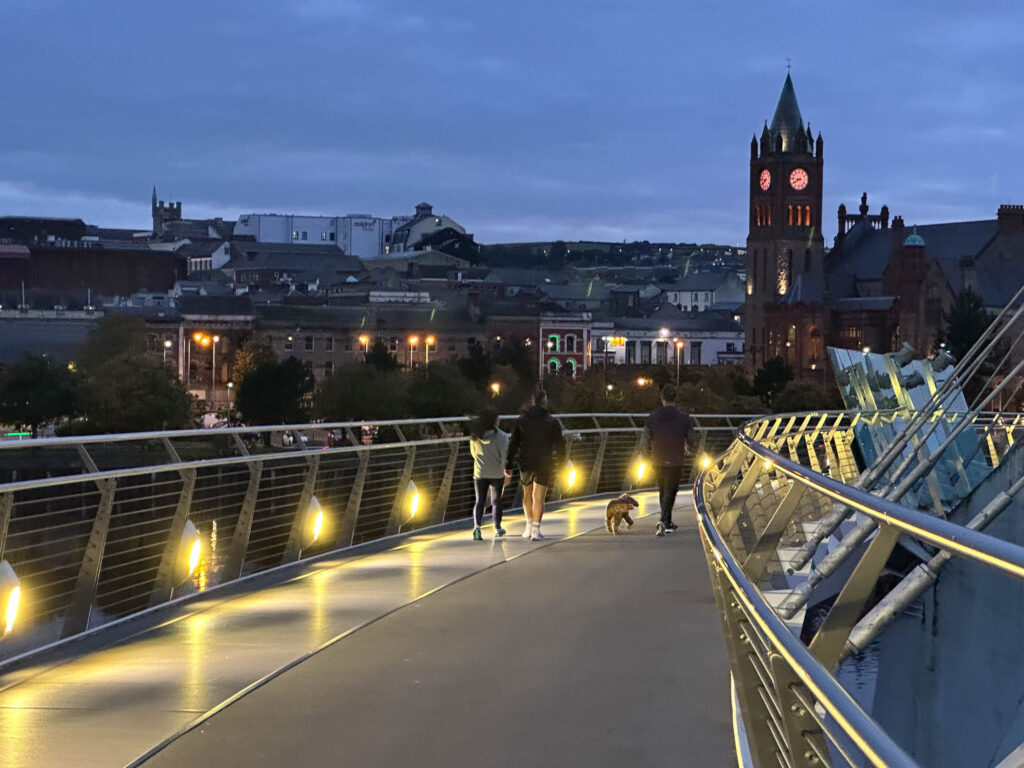
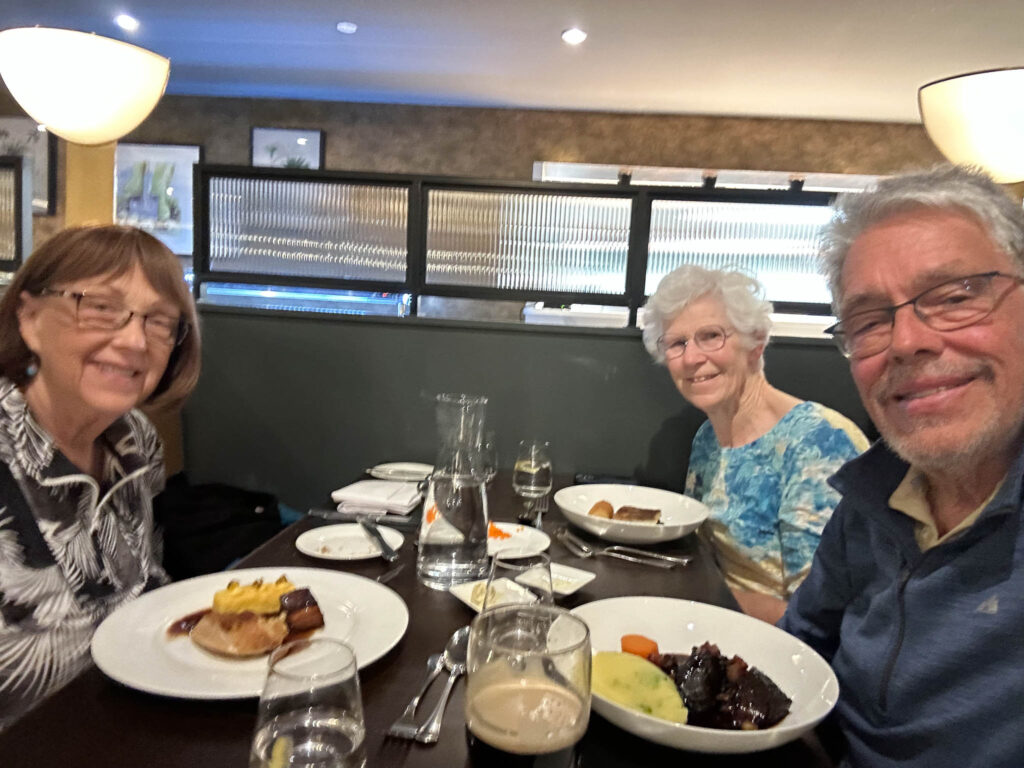
Fabulous pictures! Keep exploring and having fun!